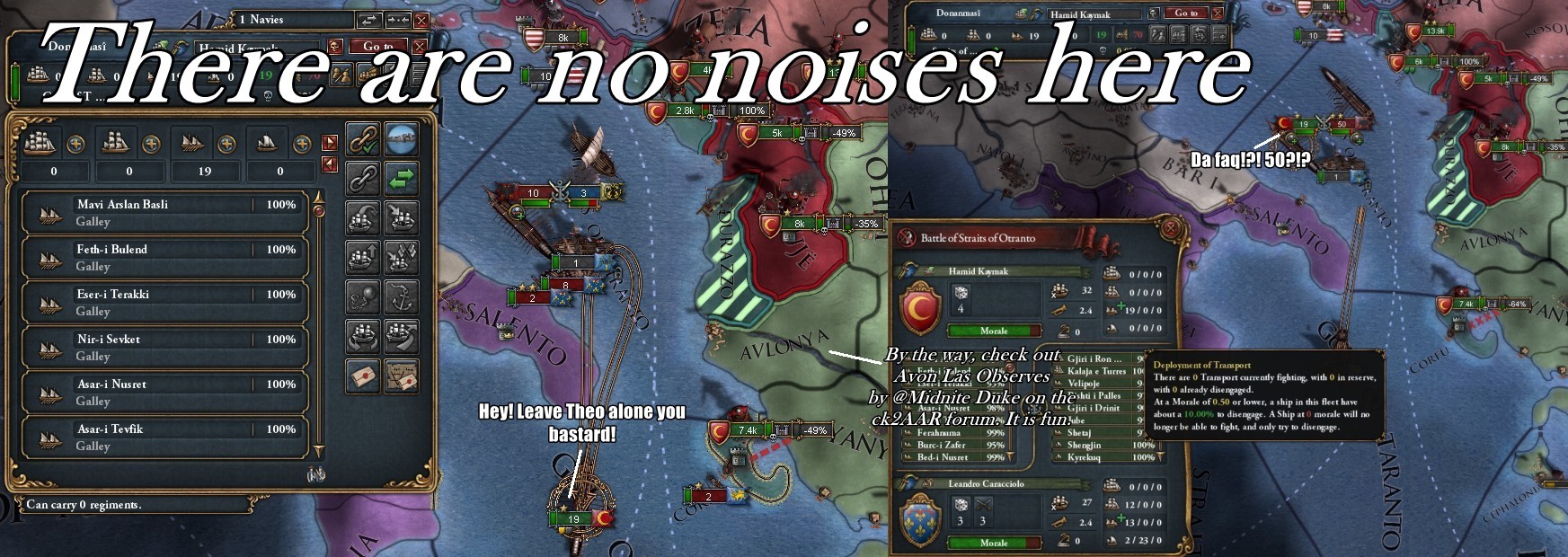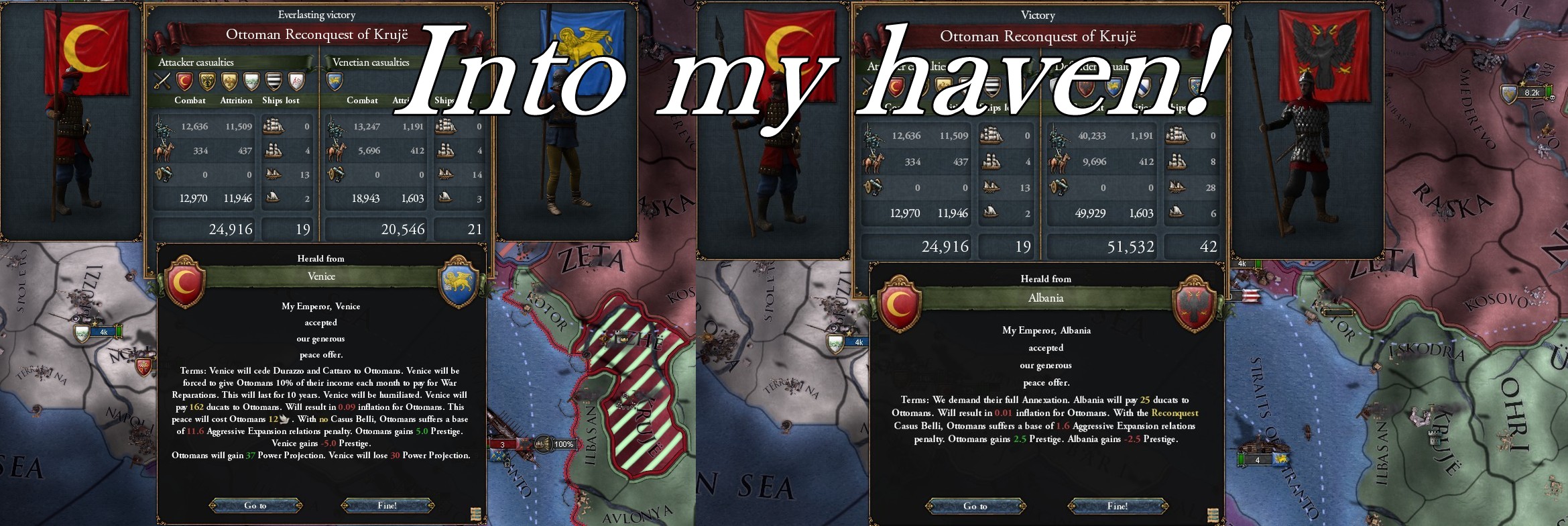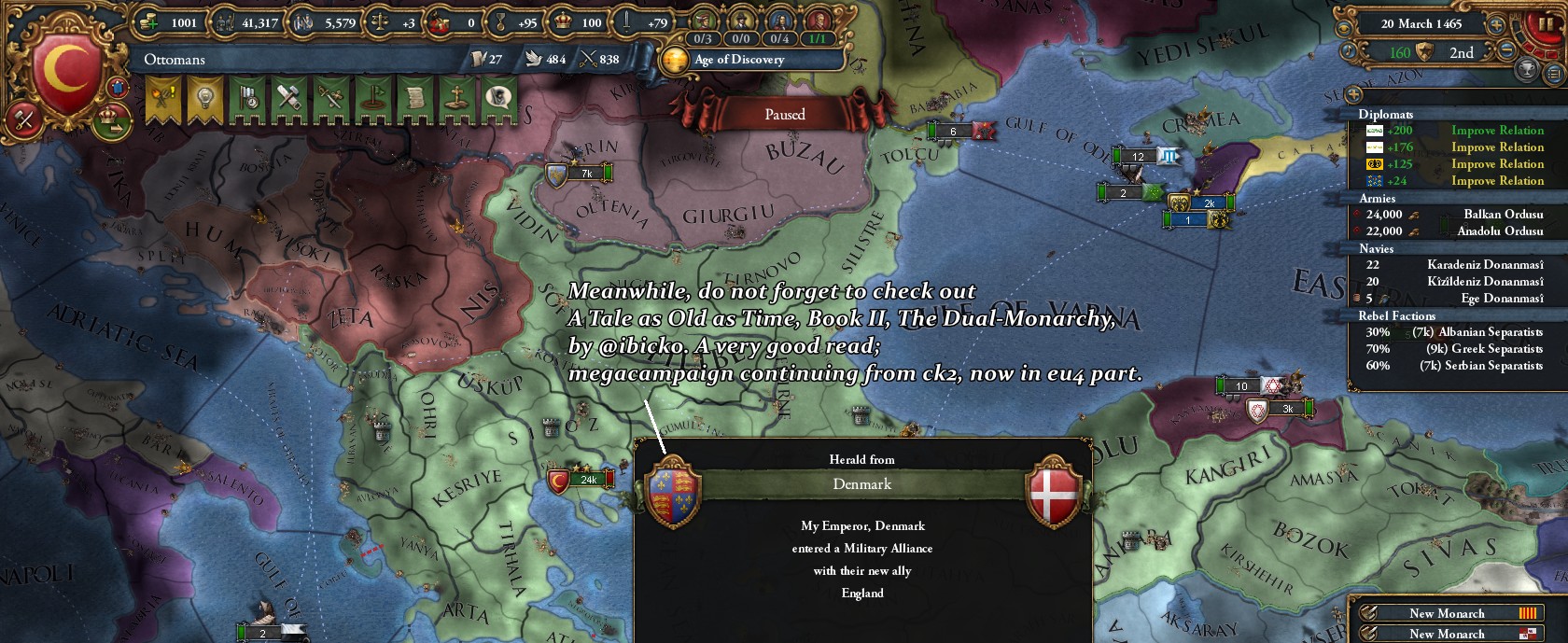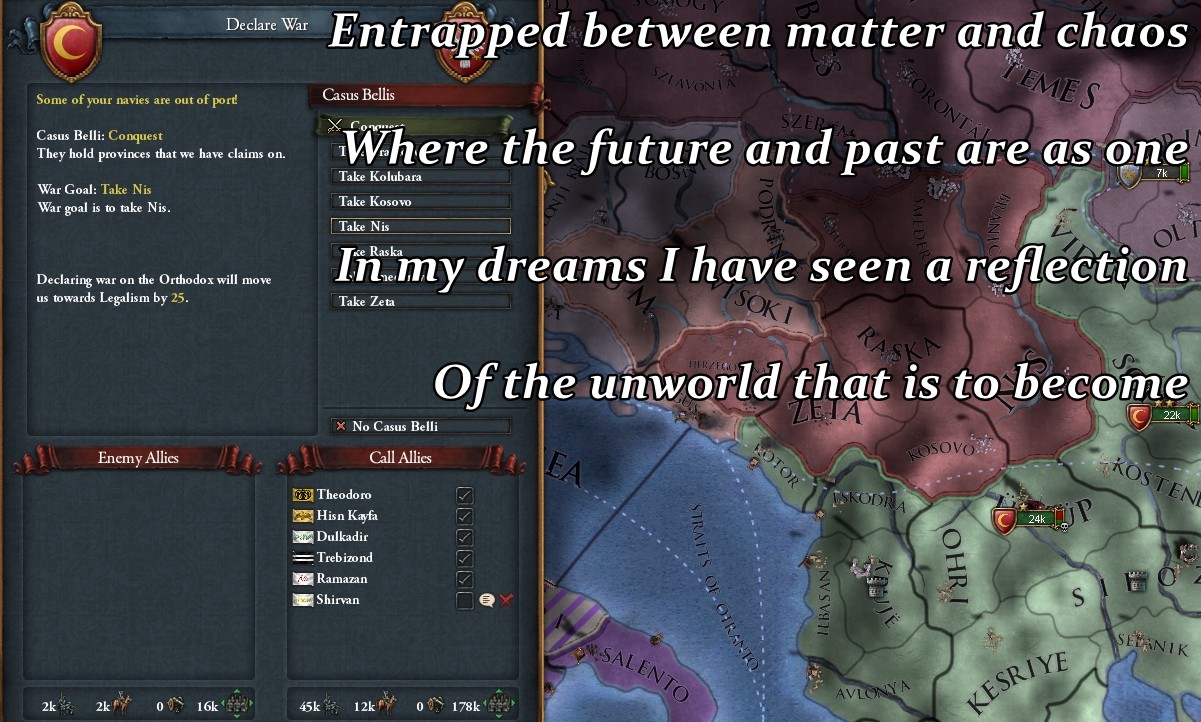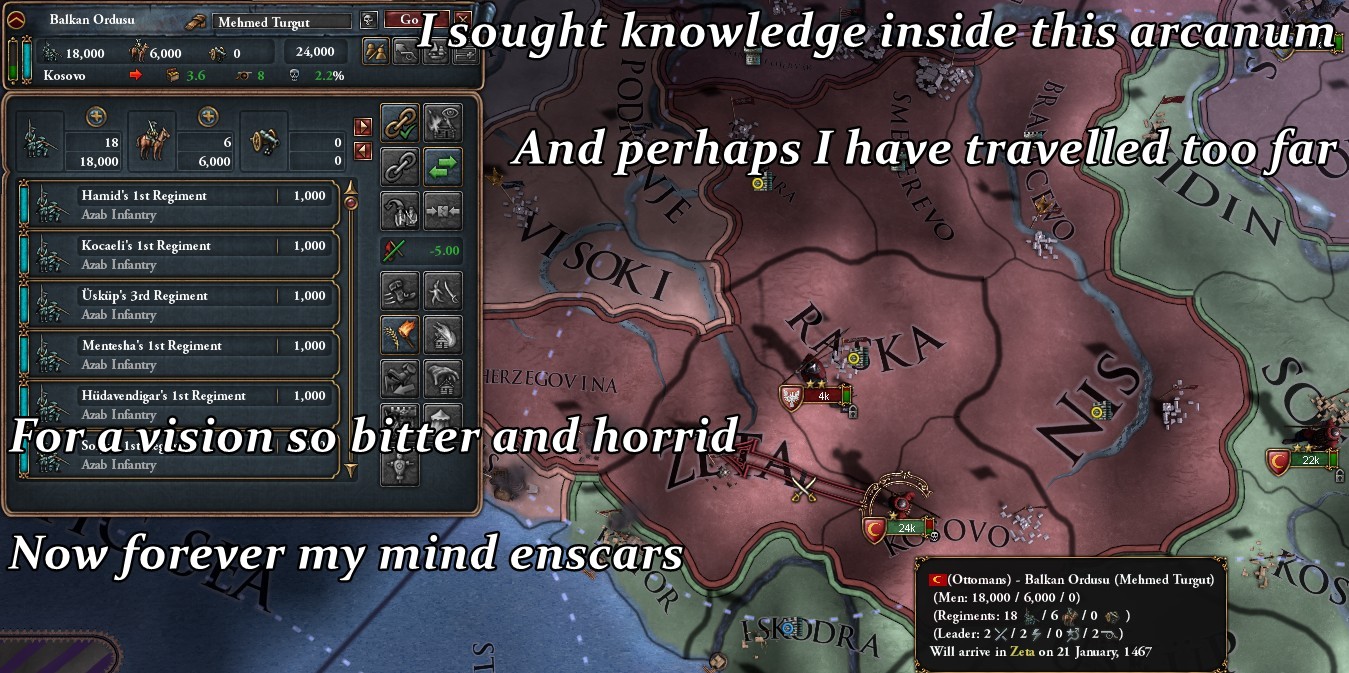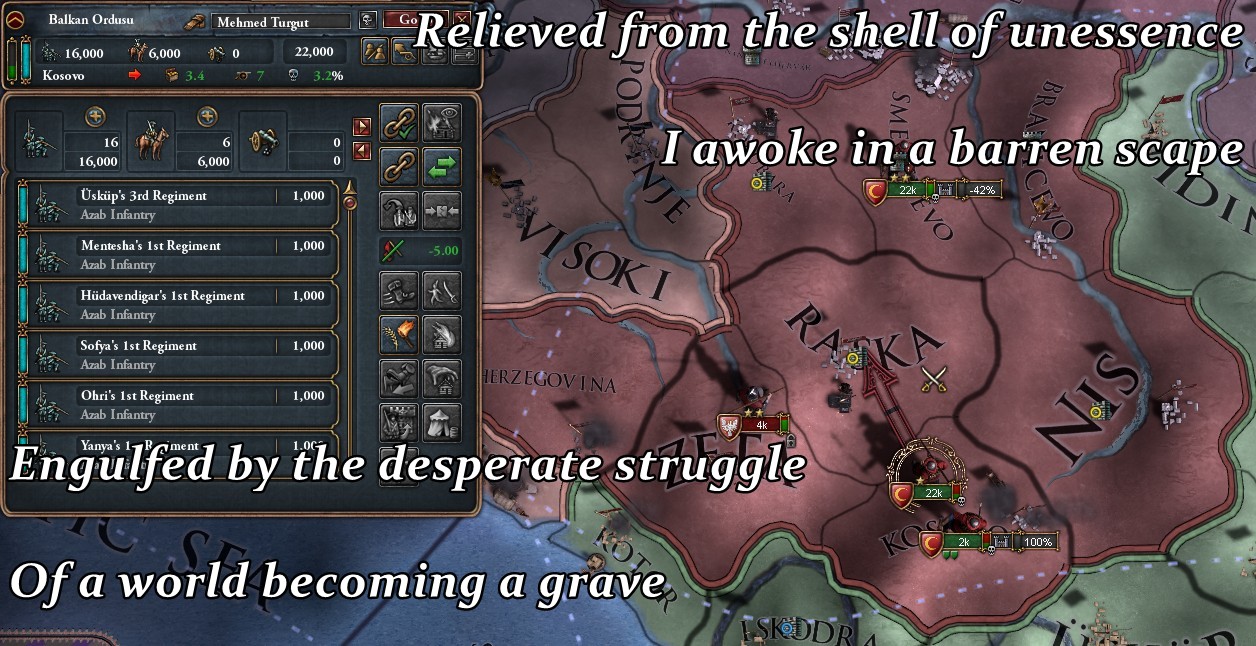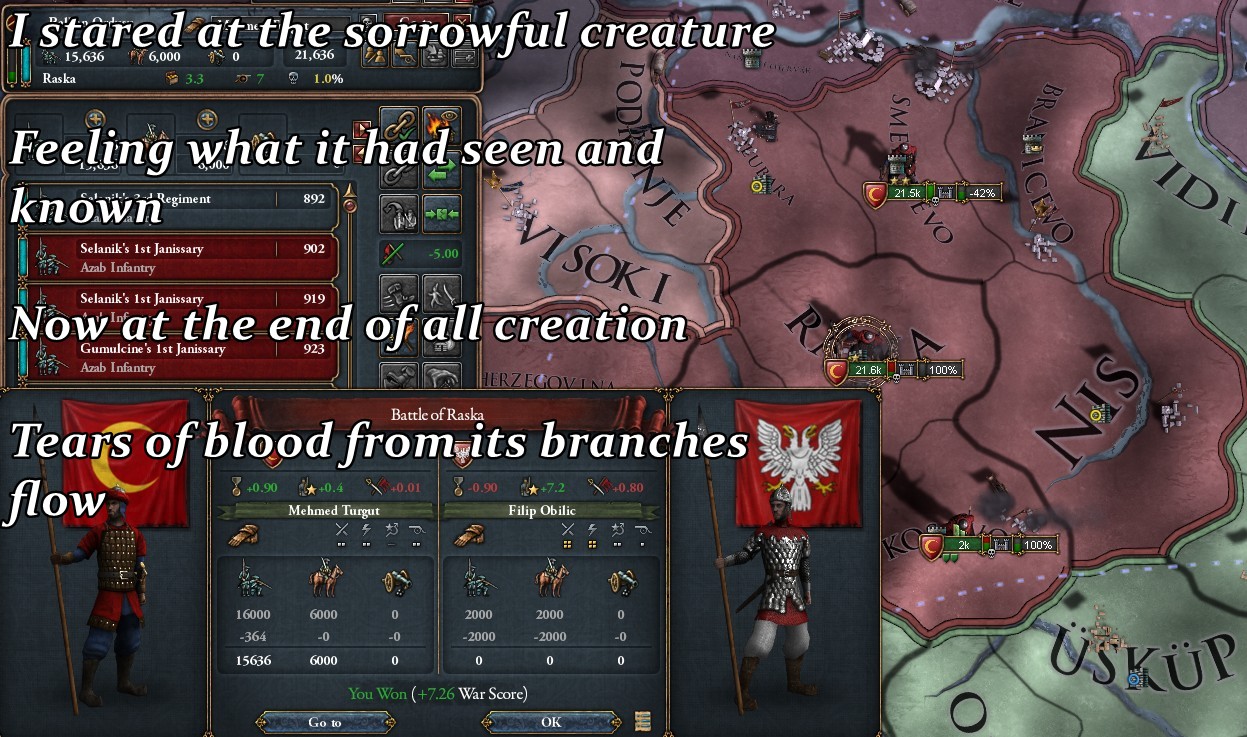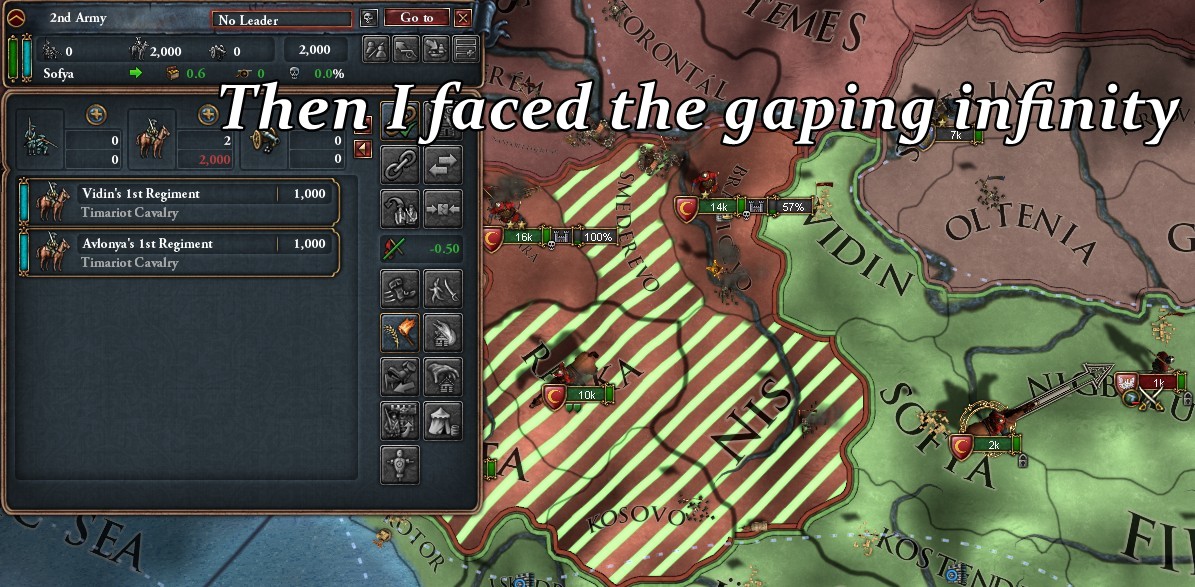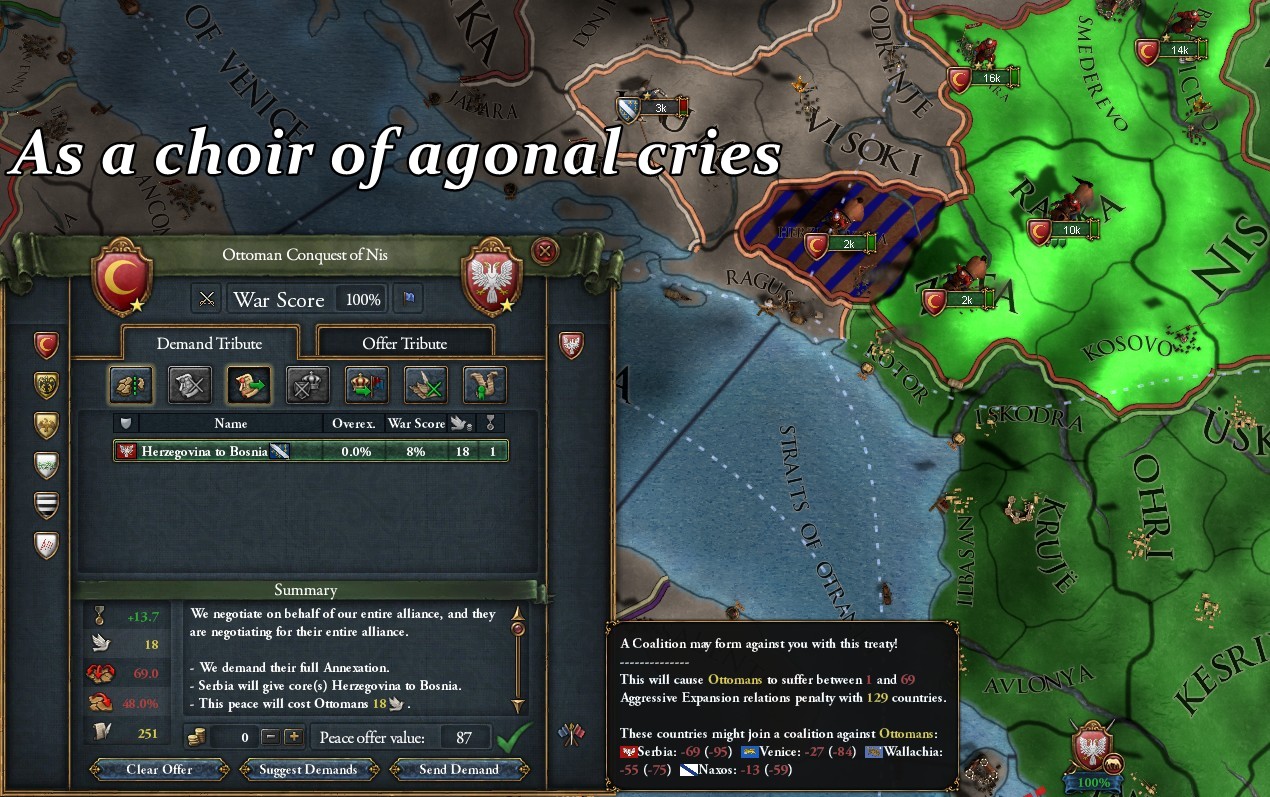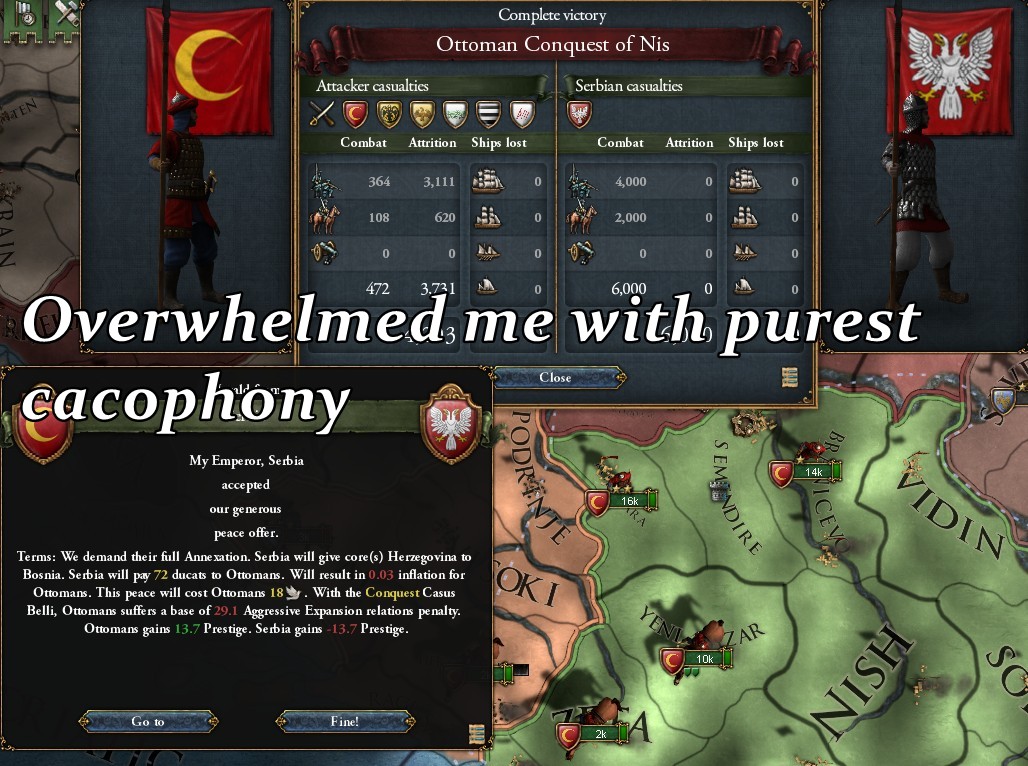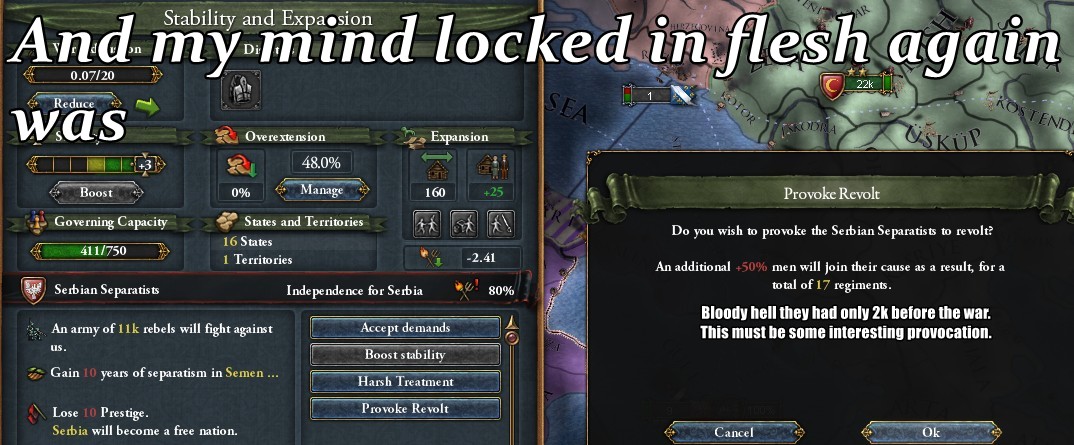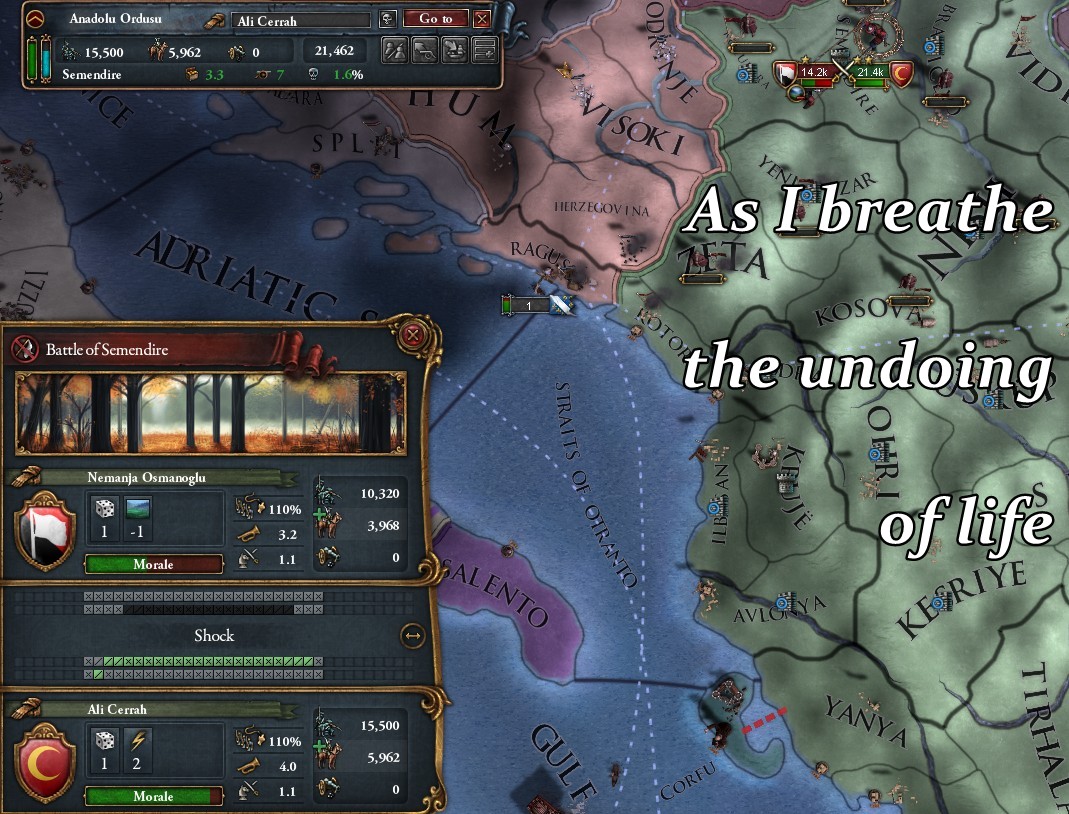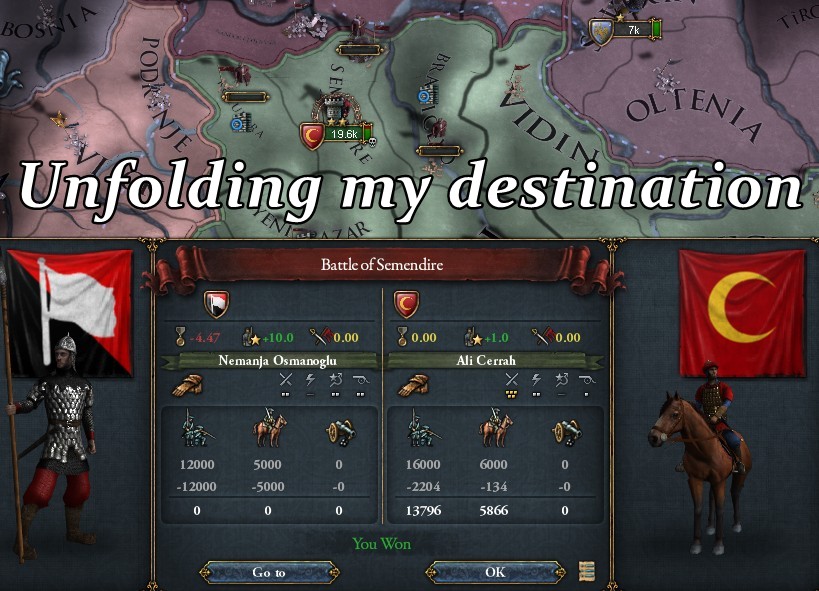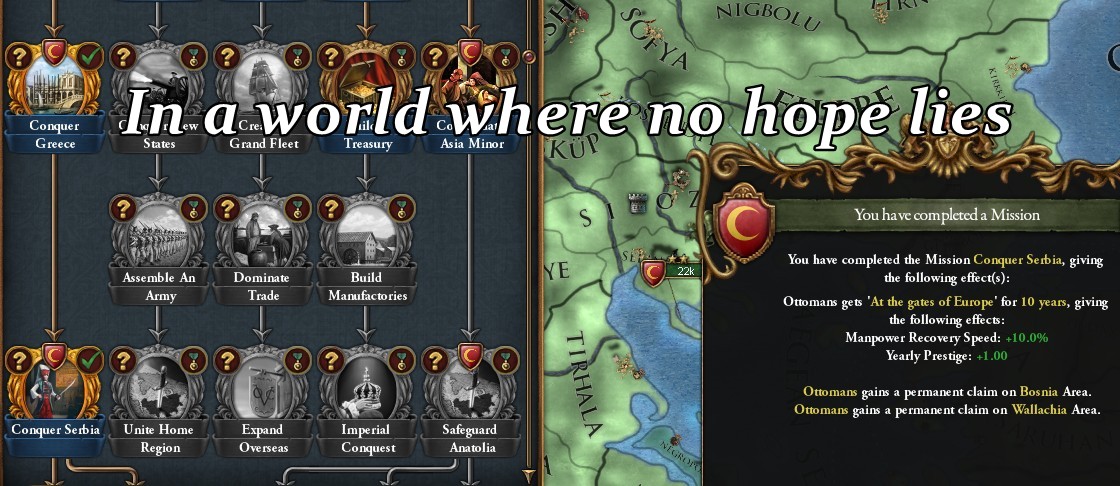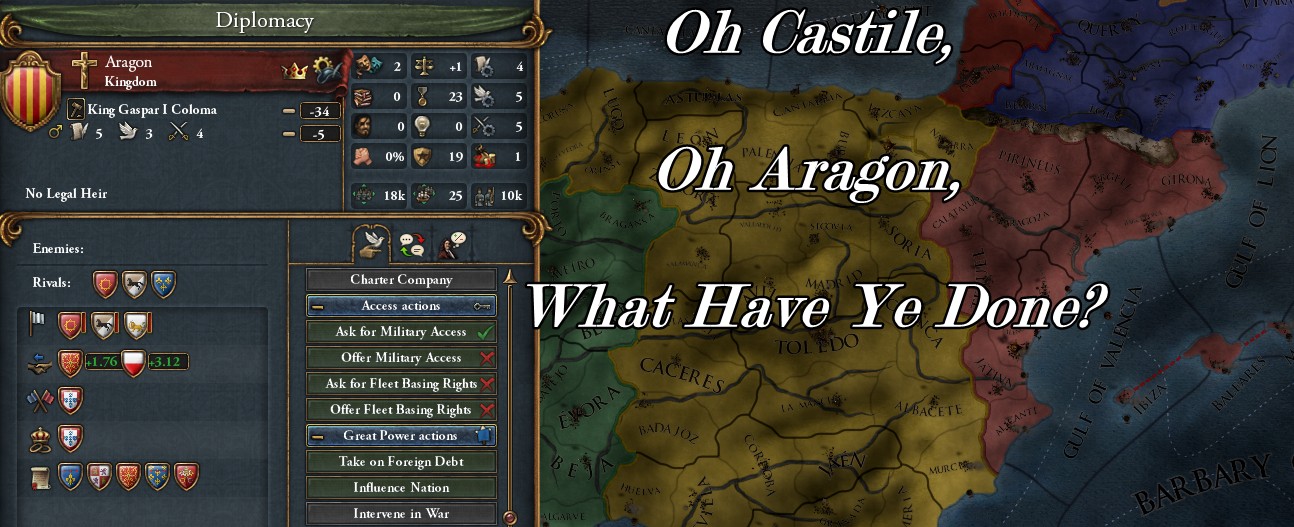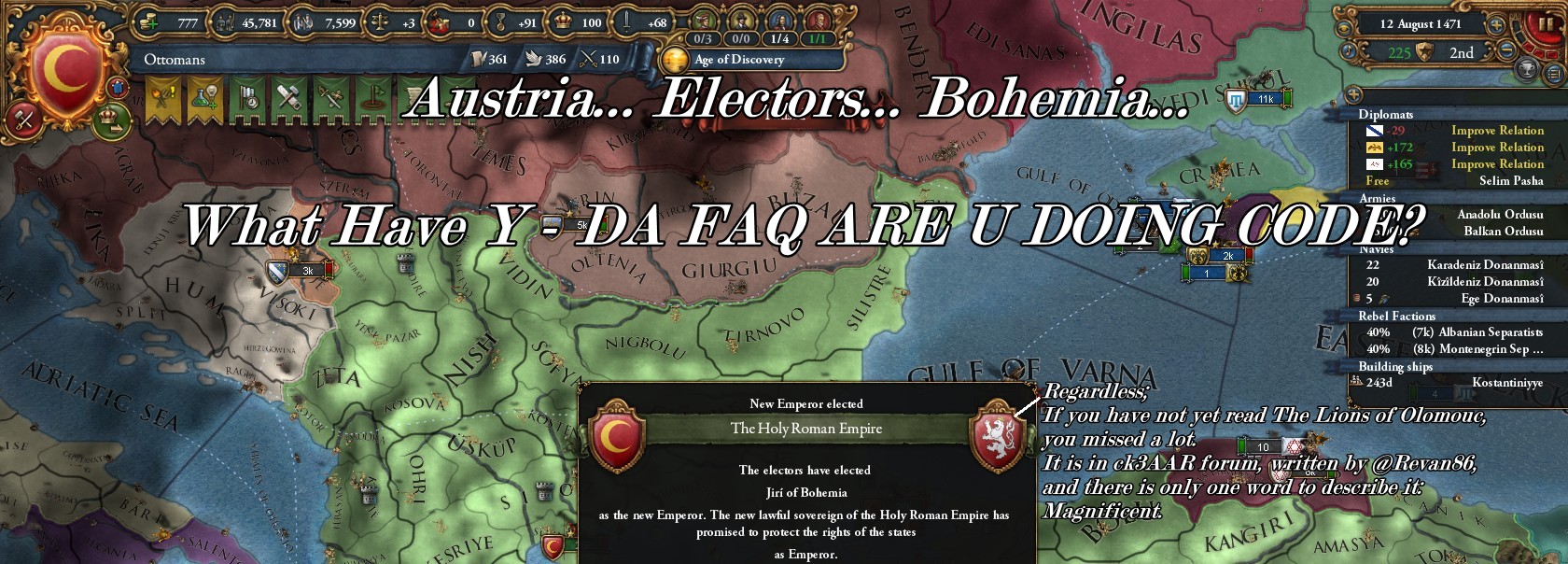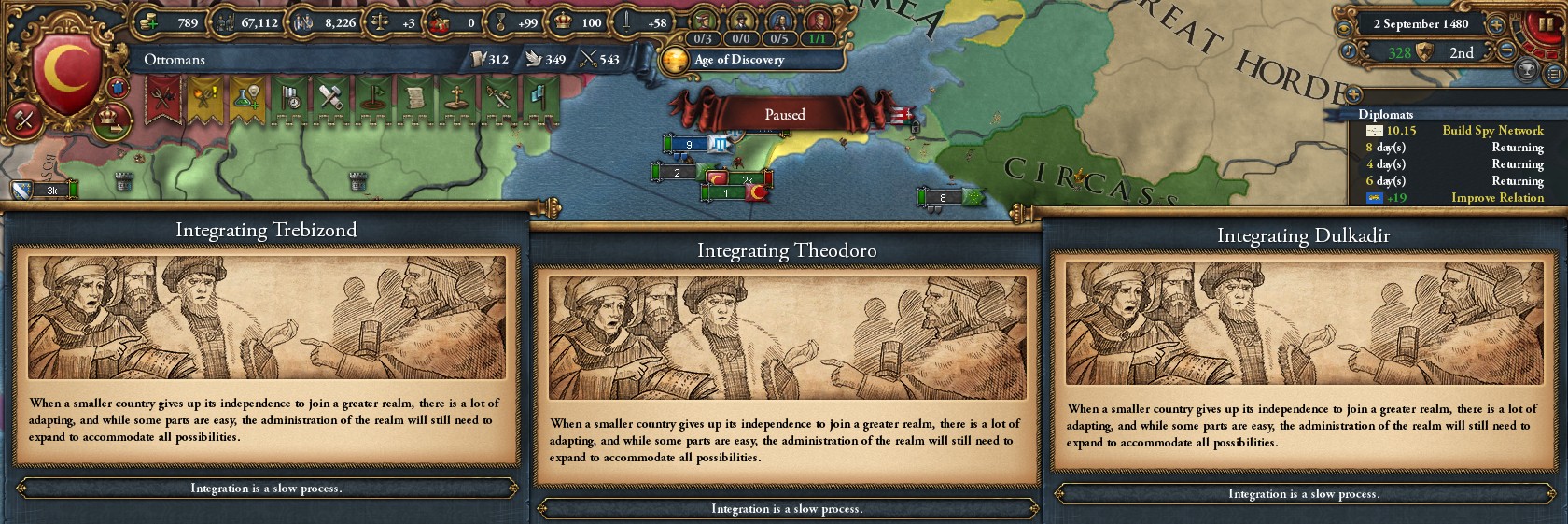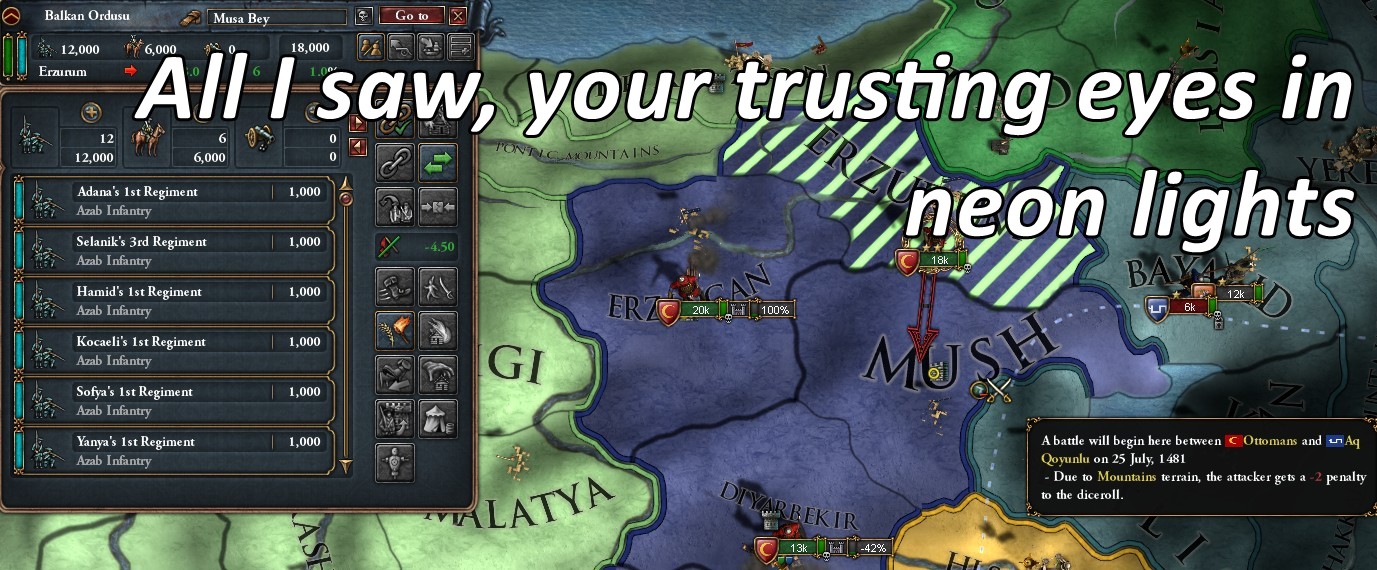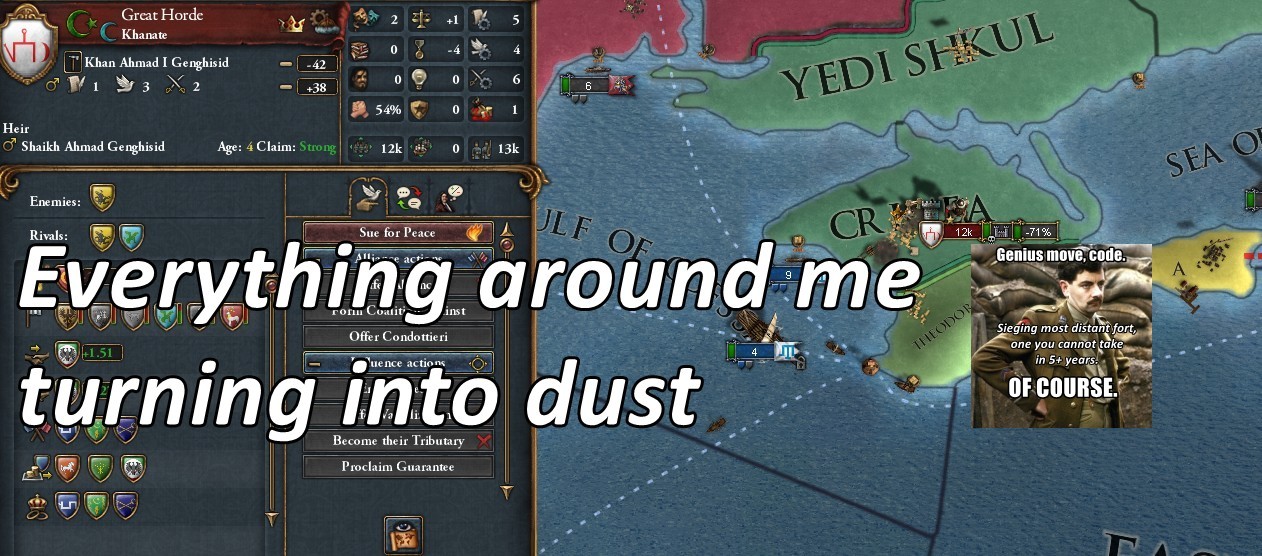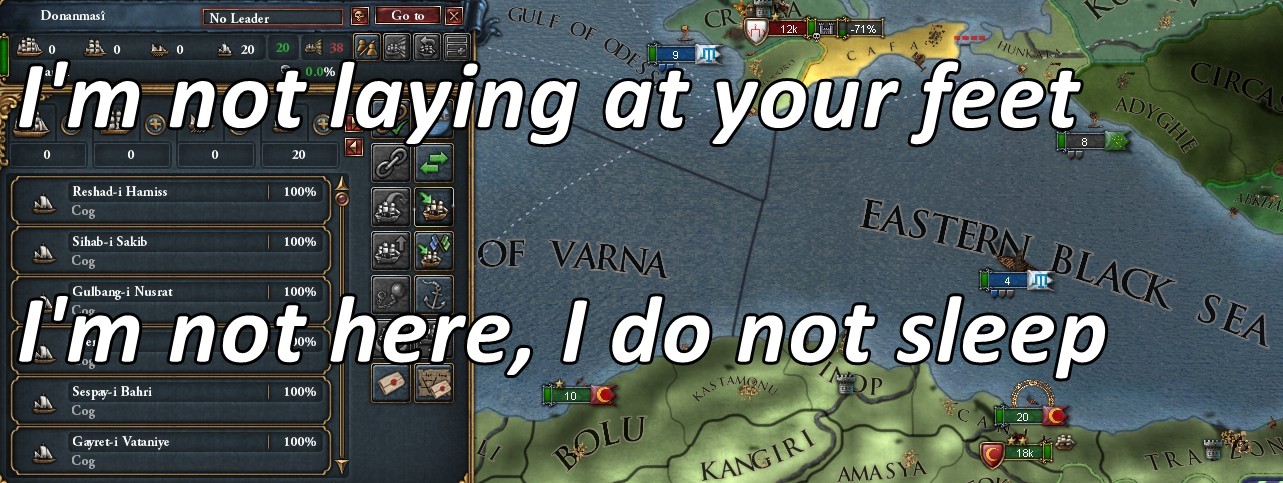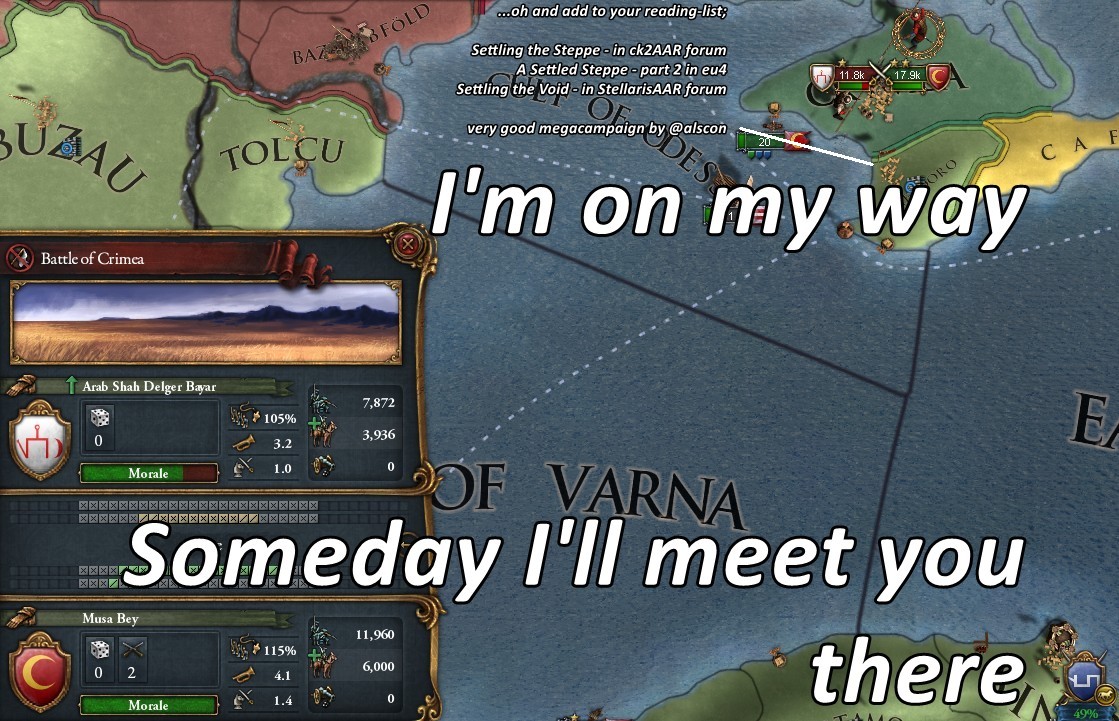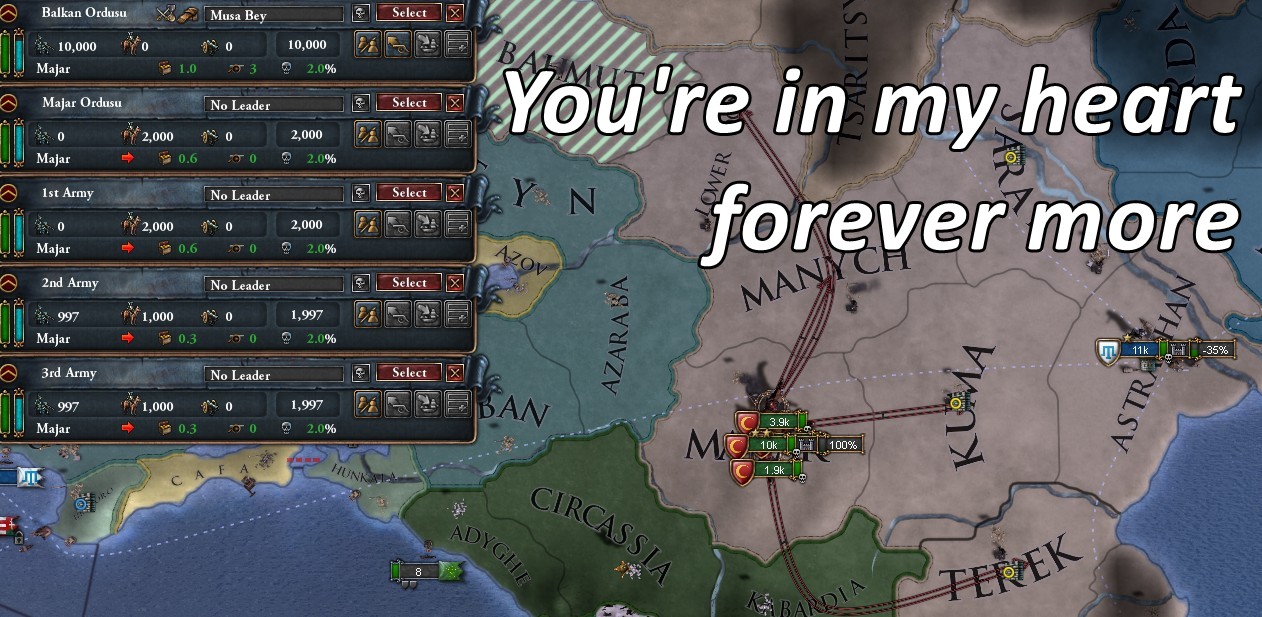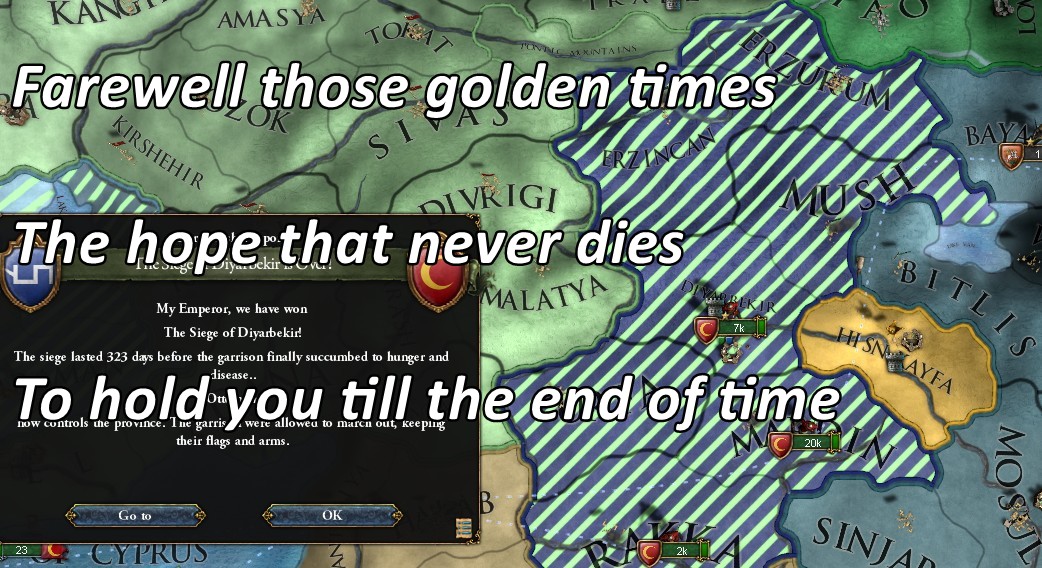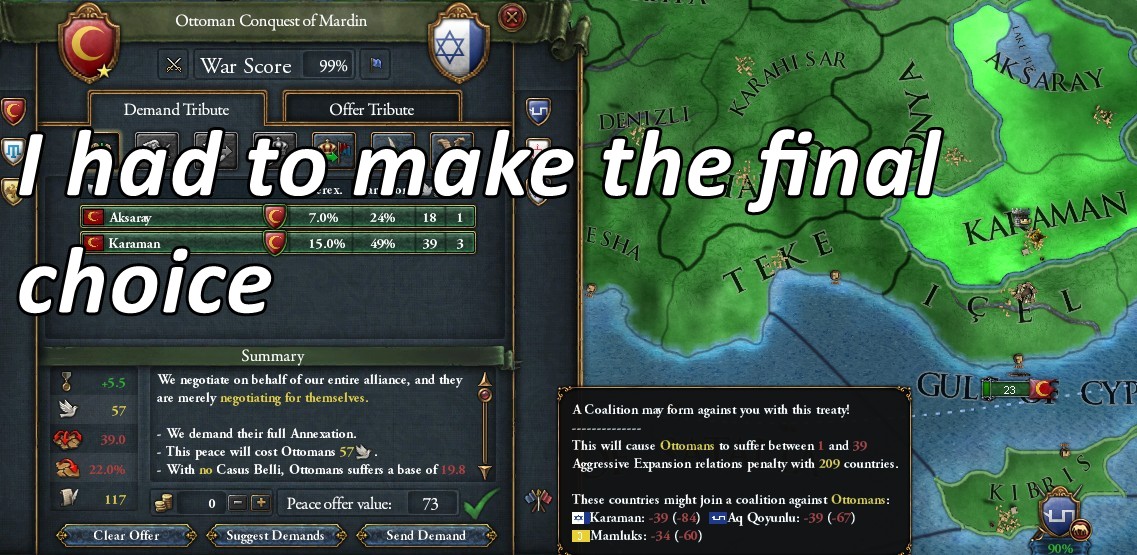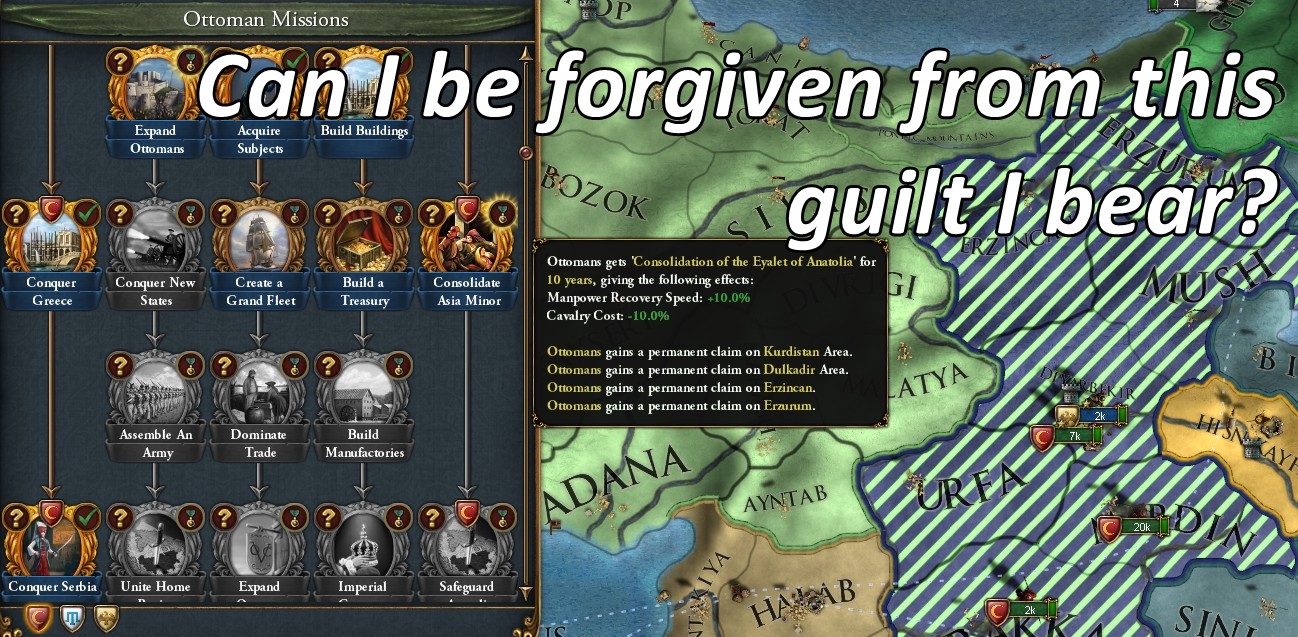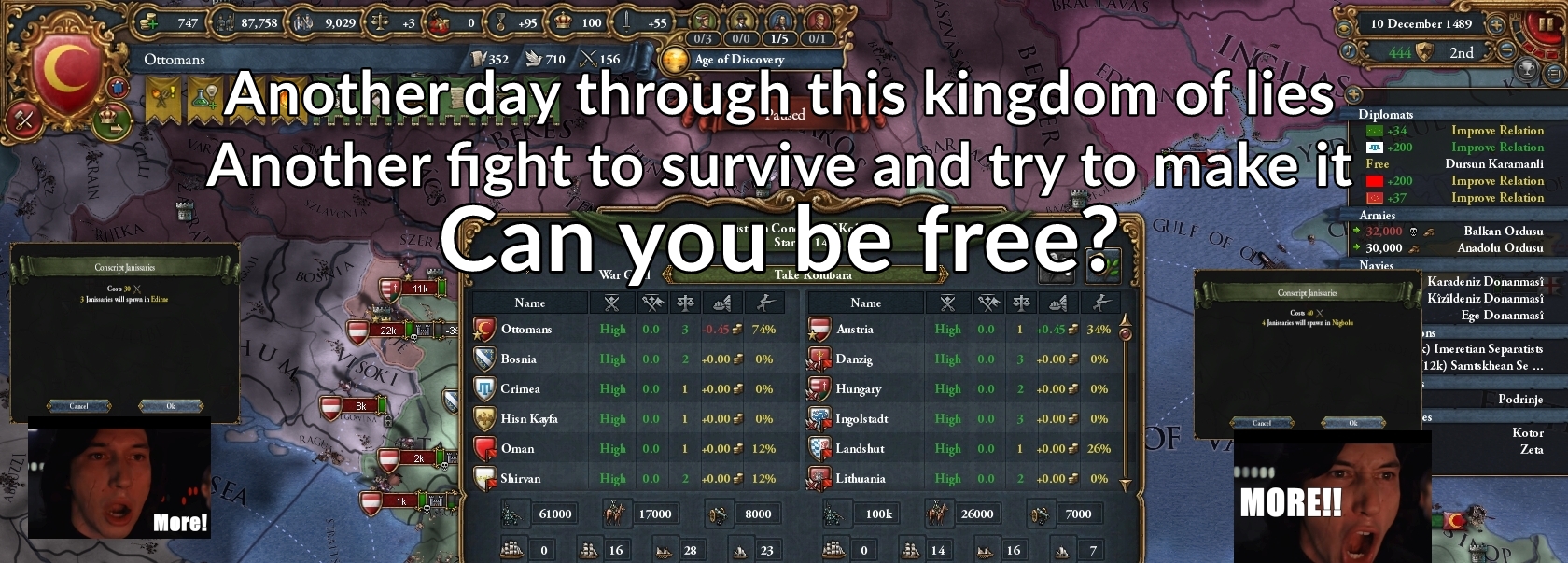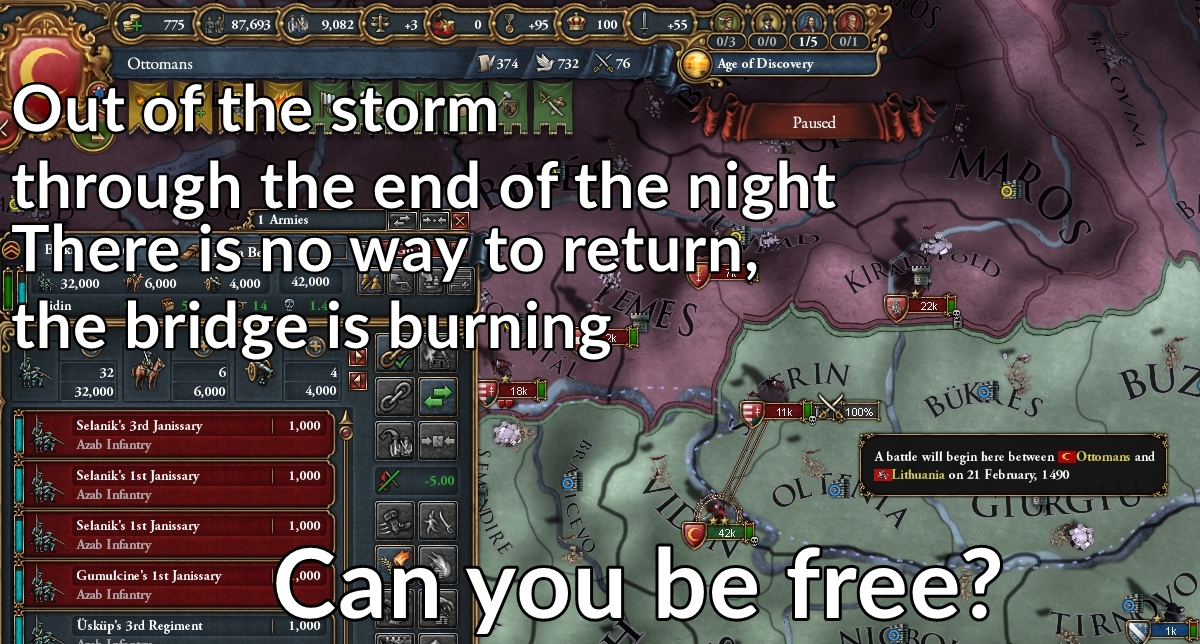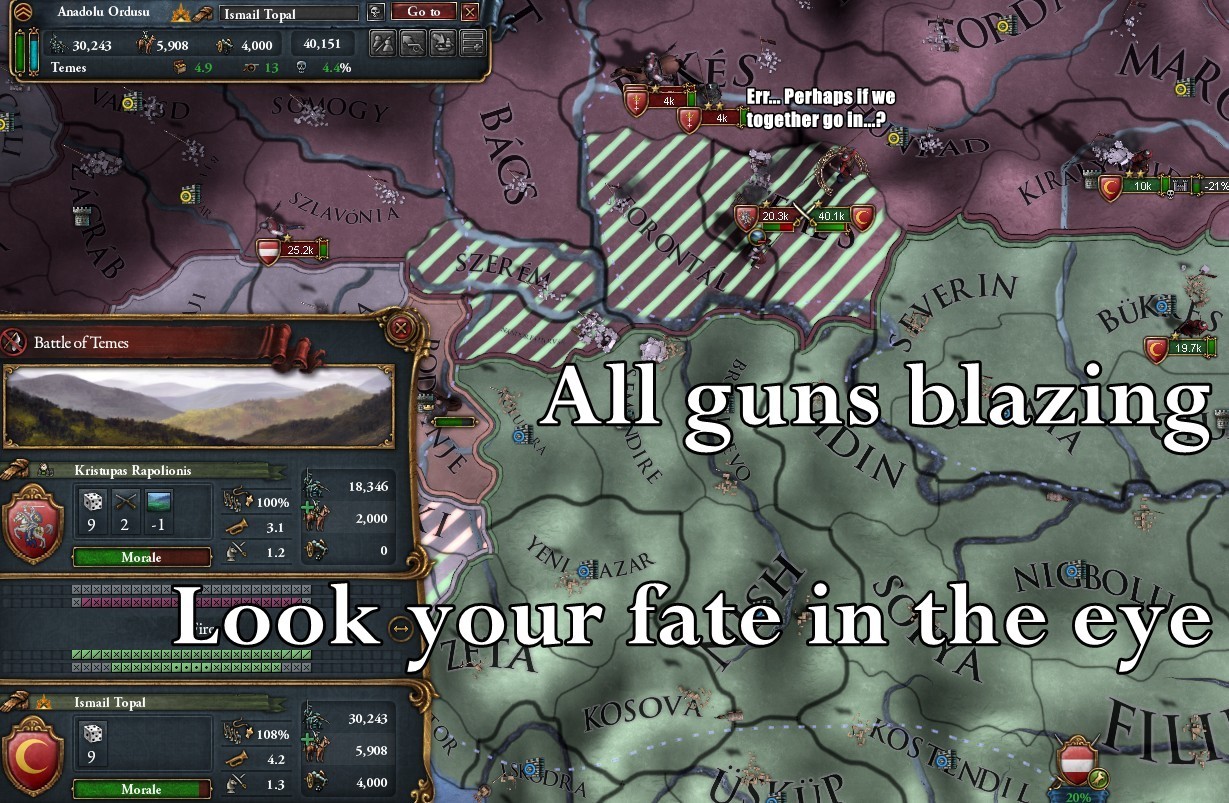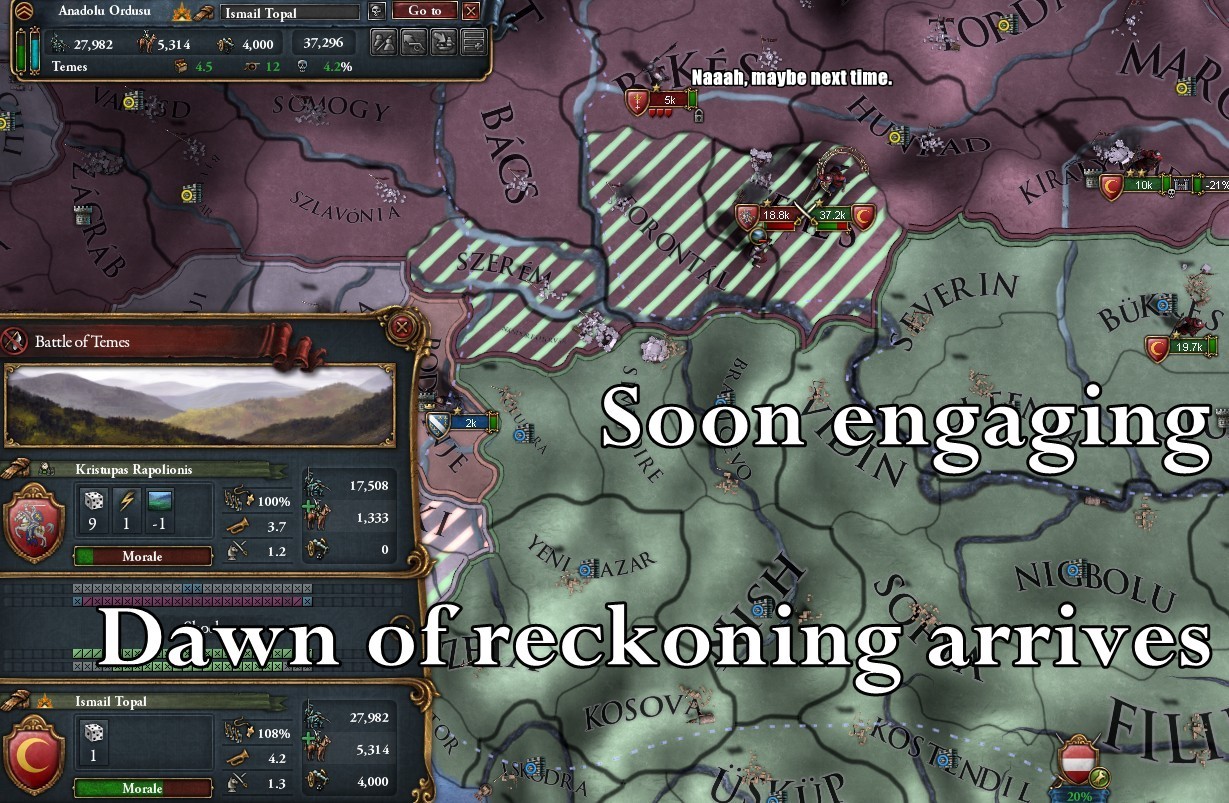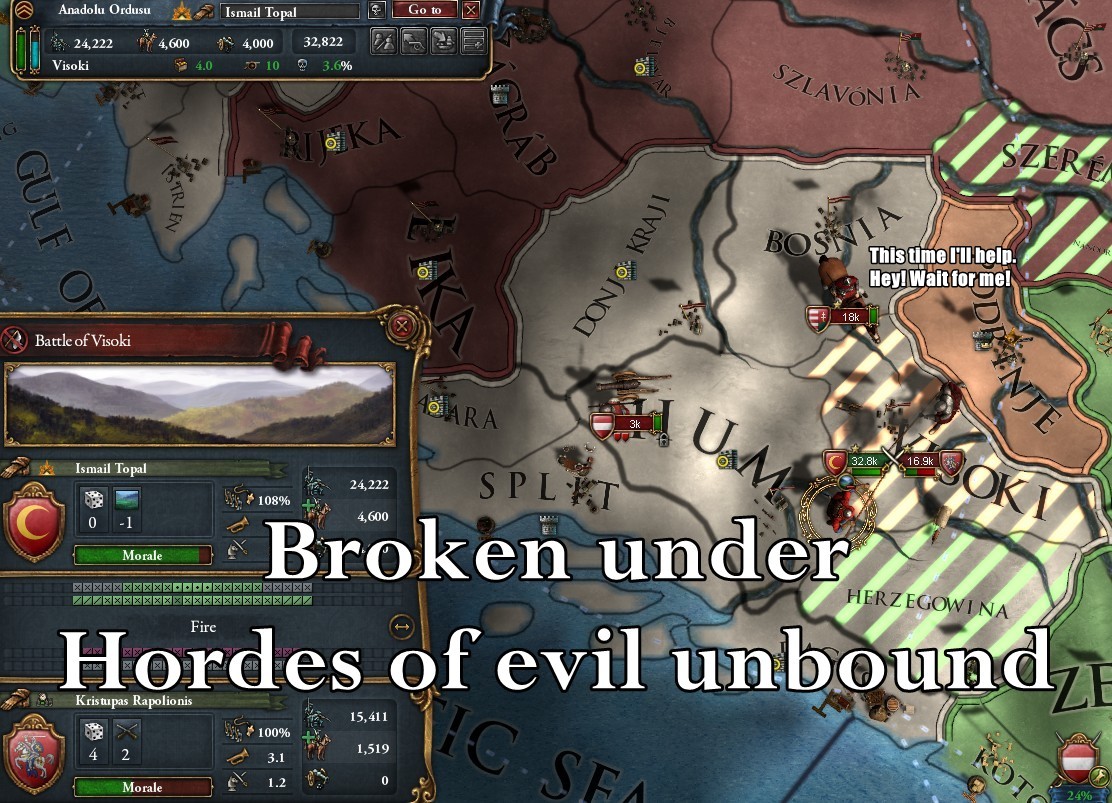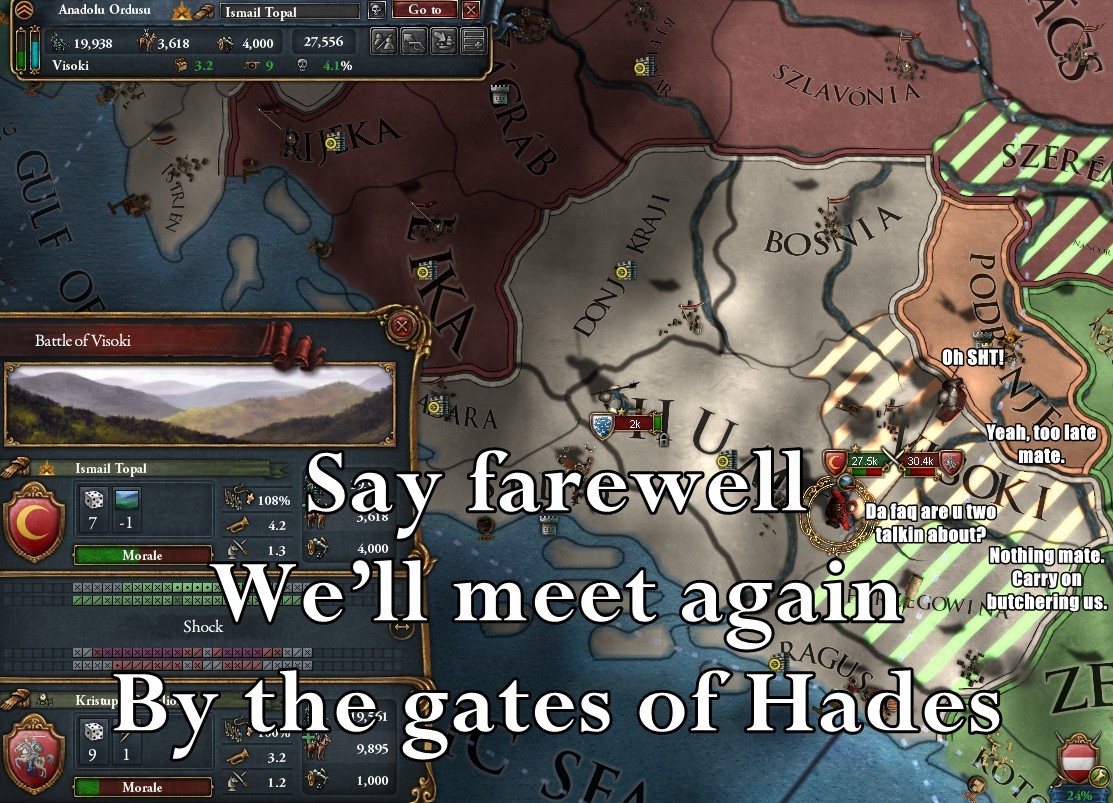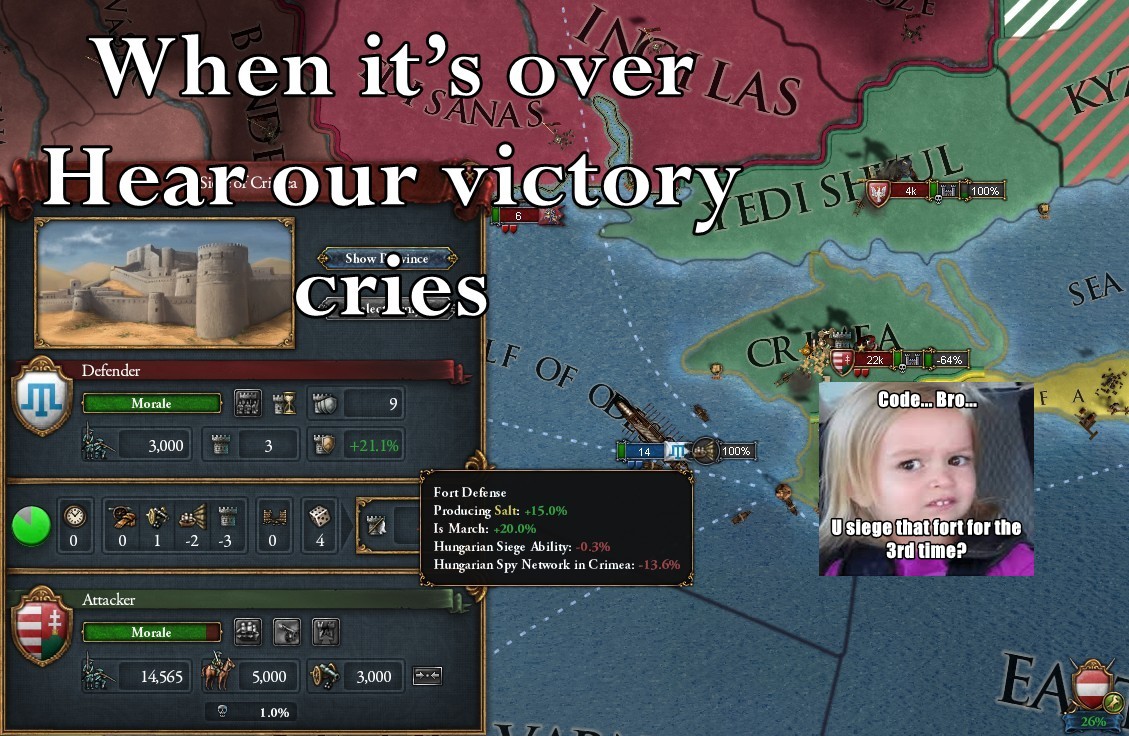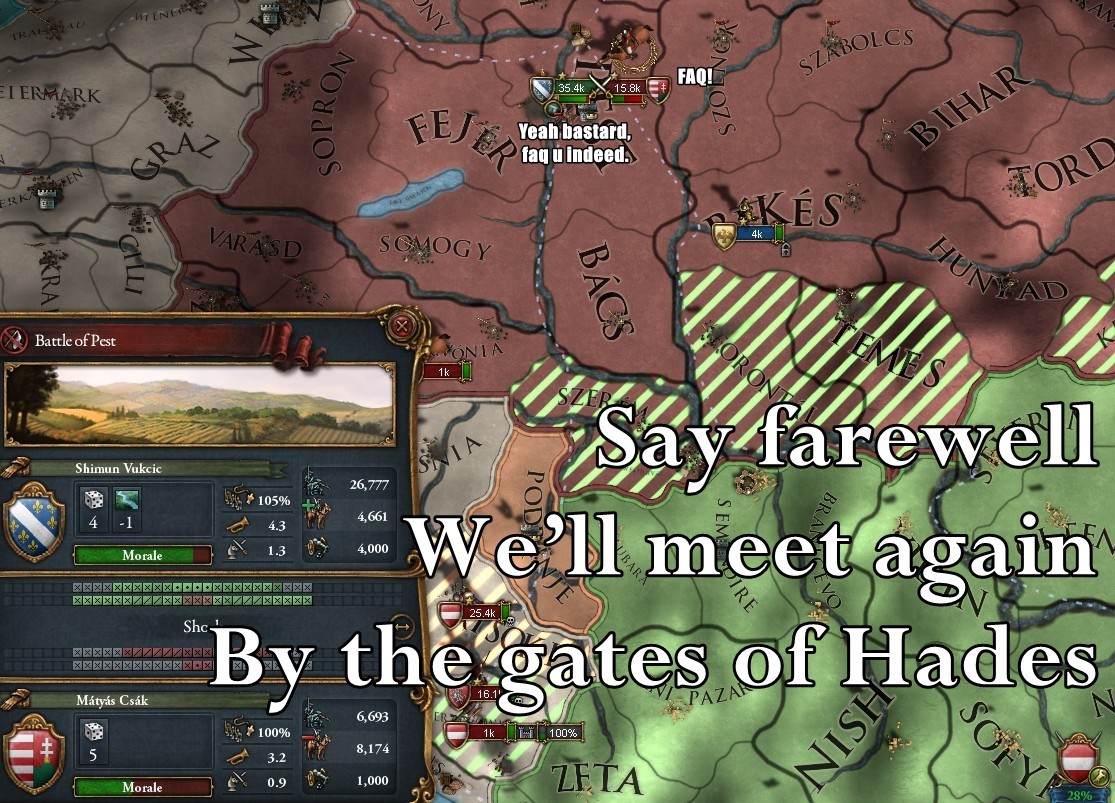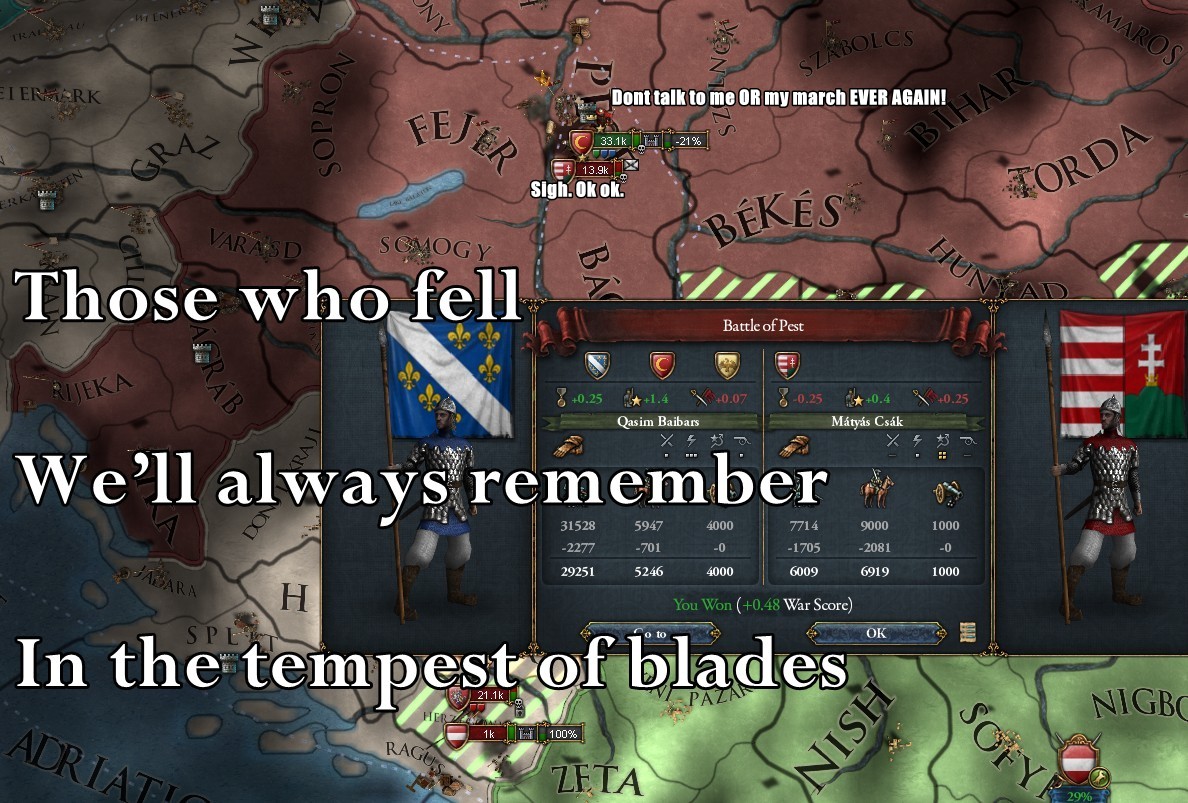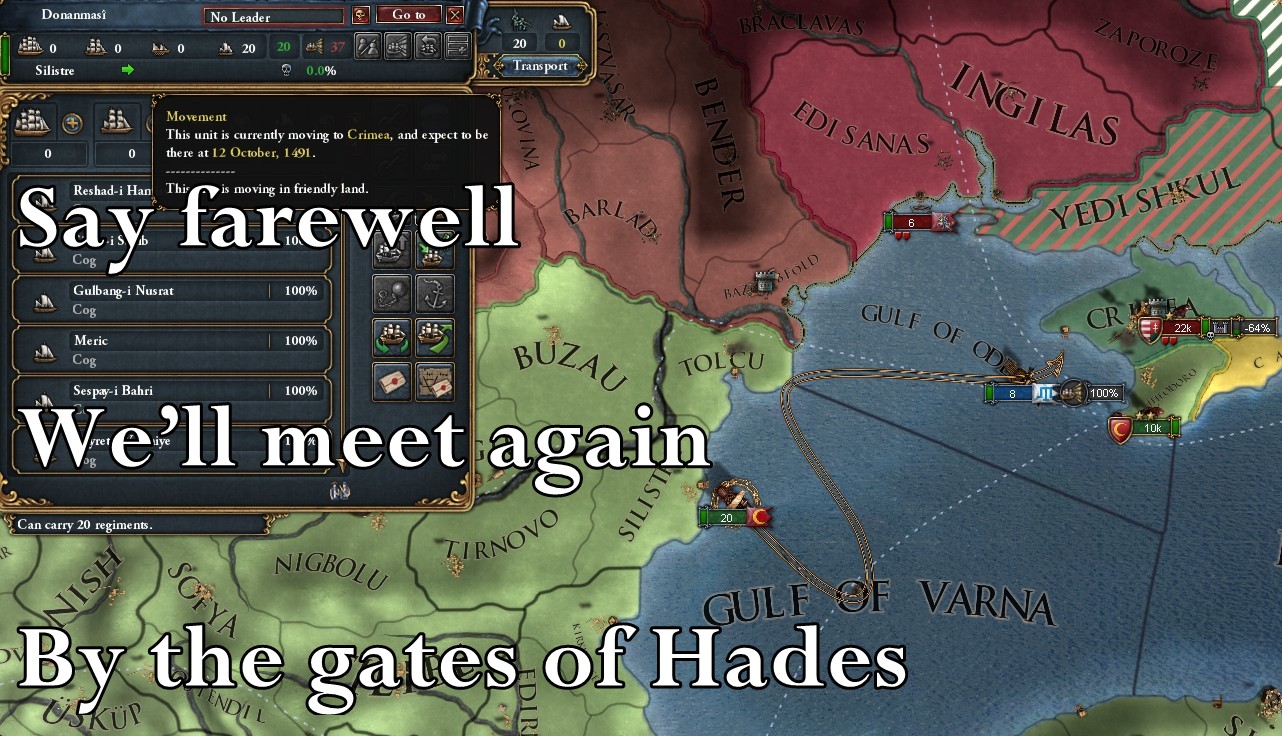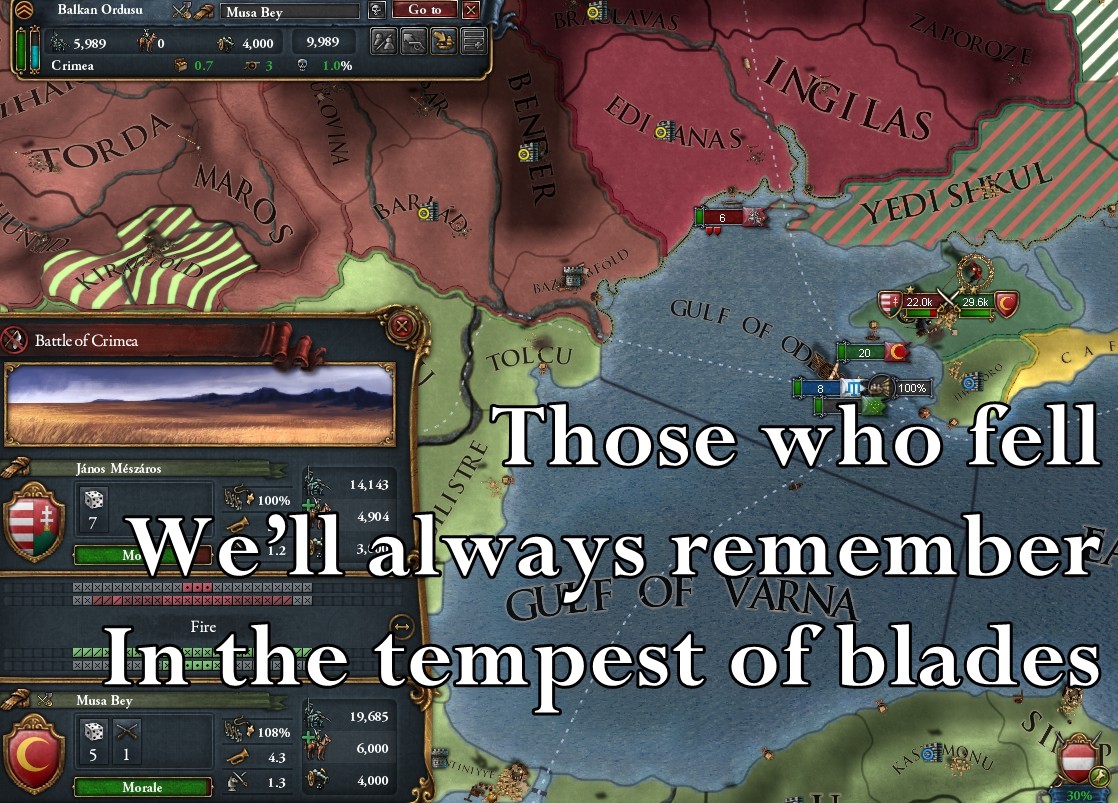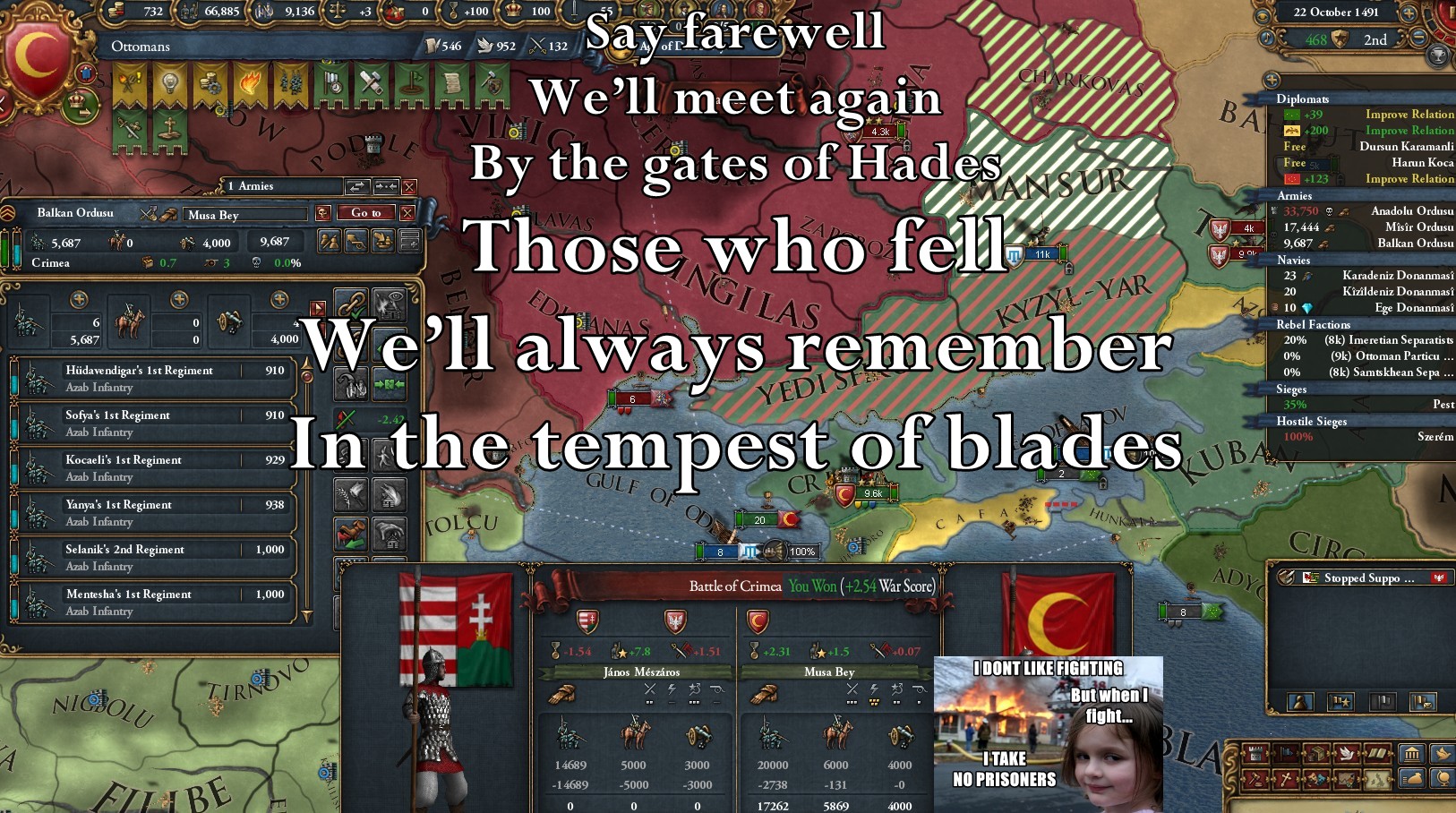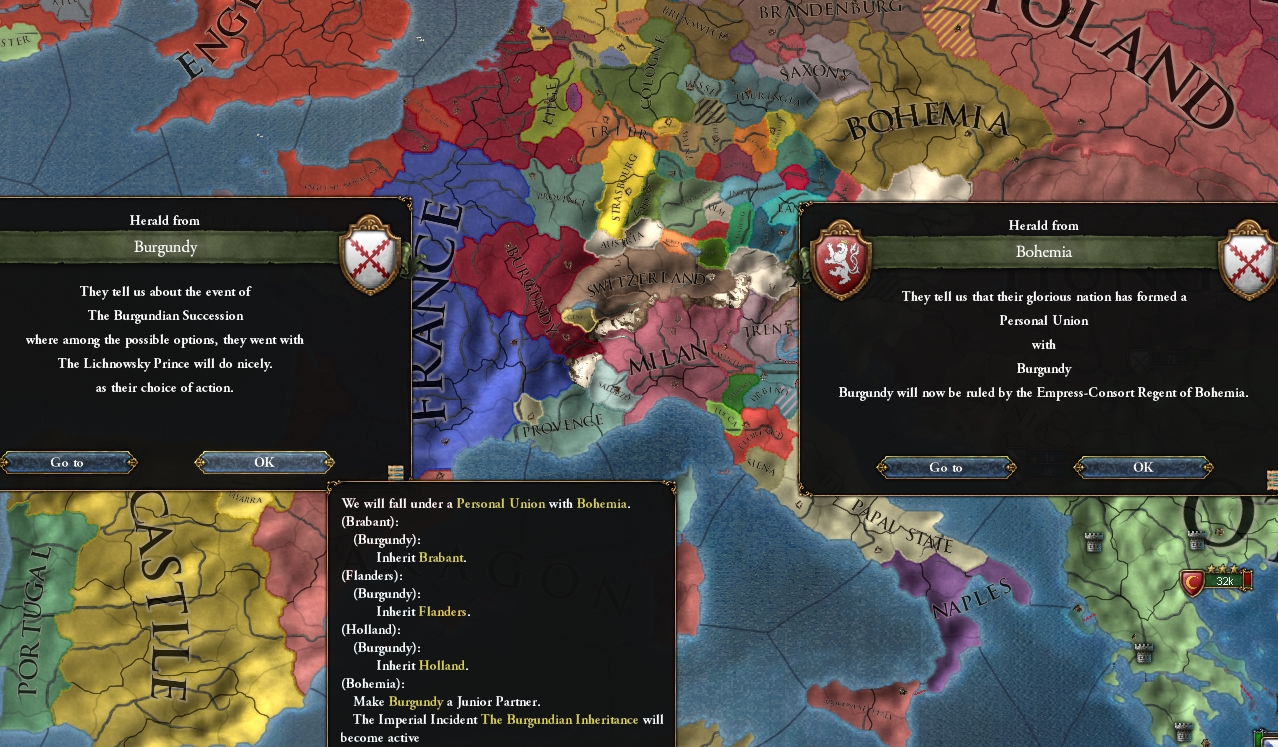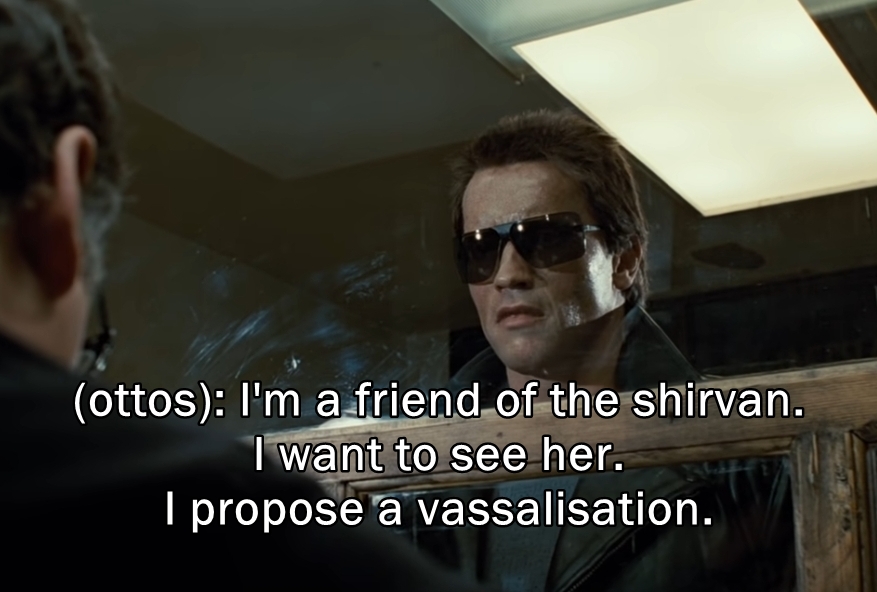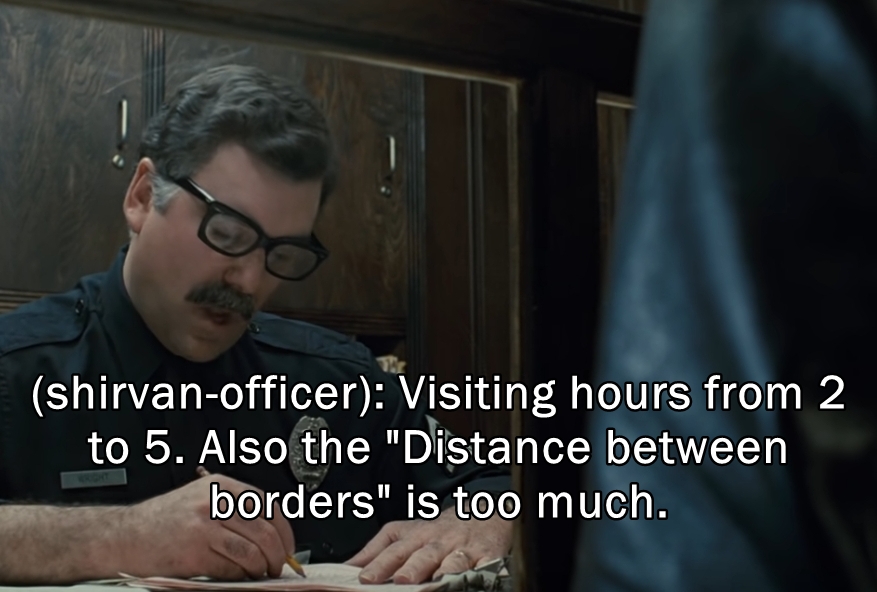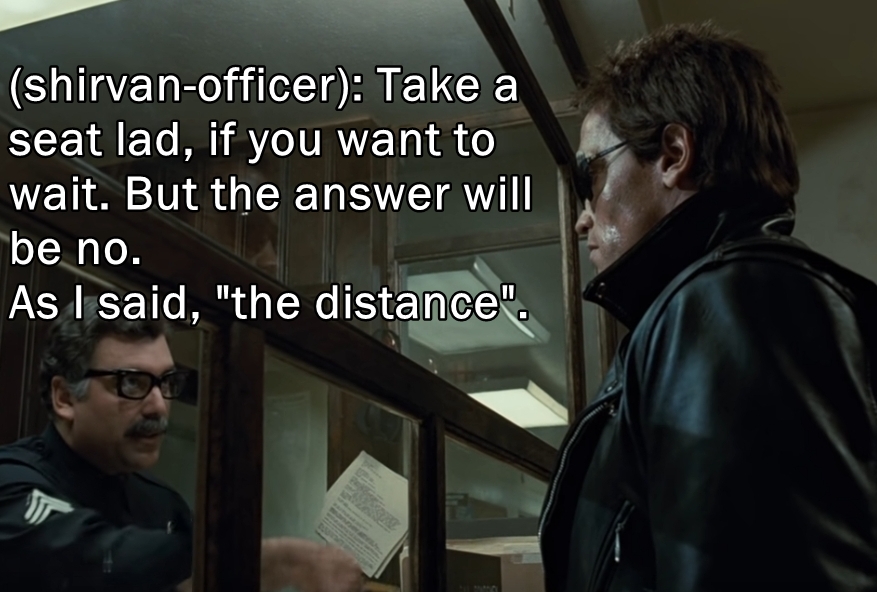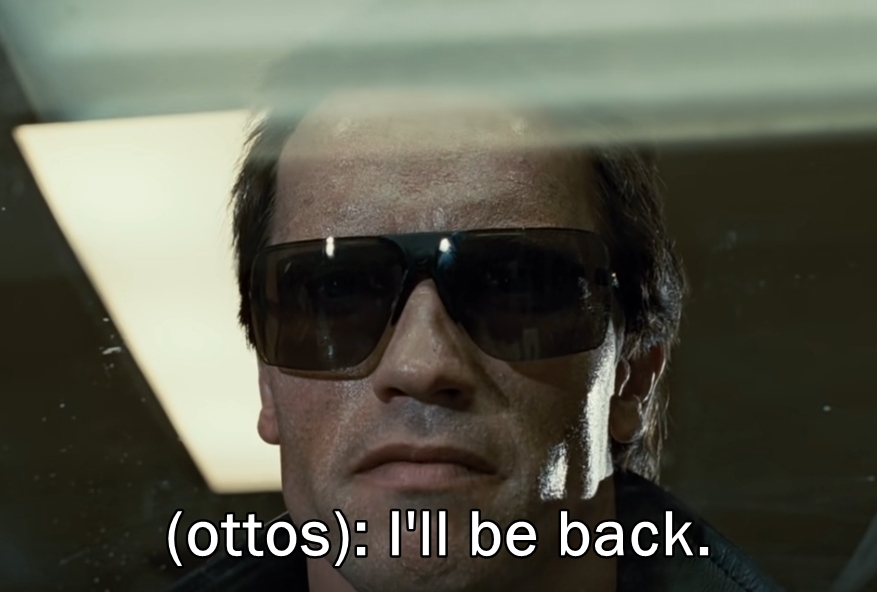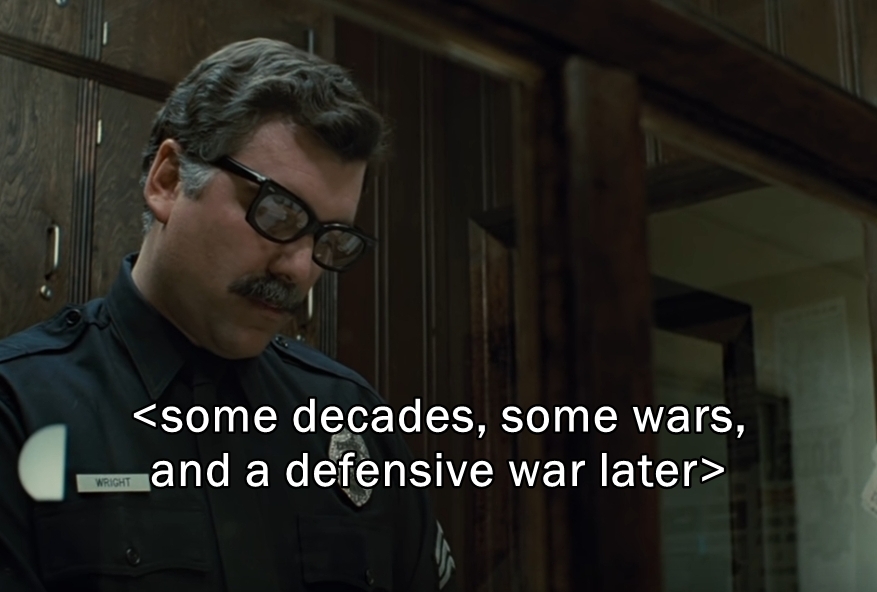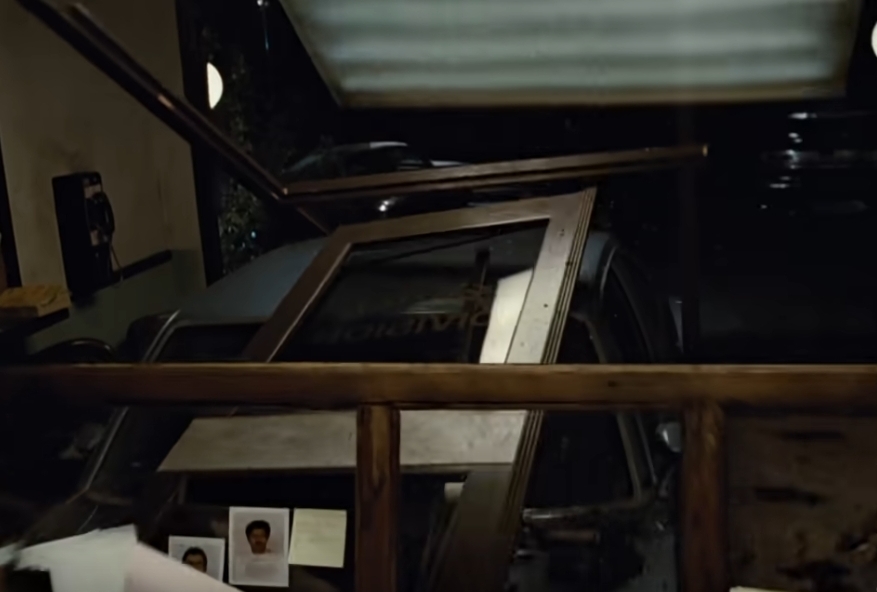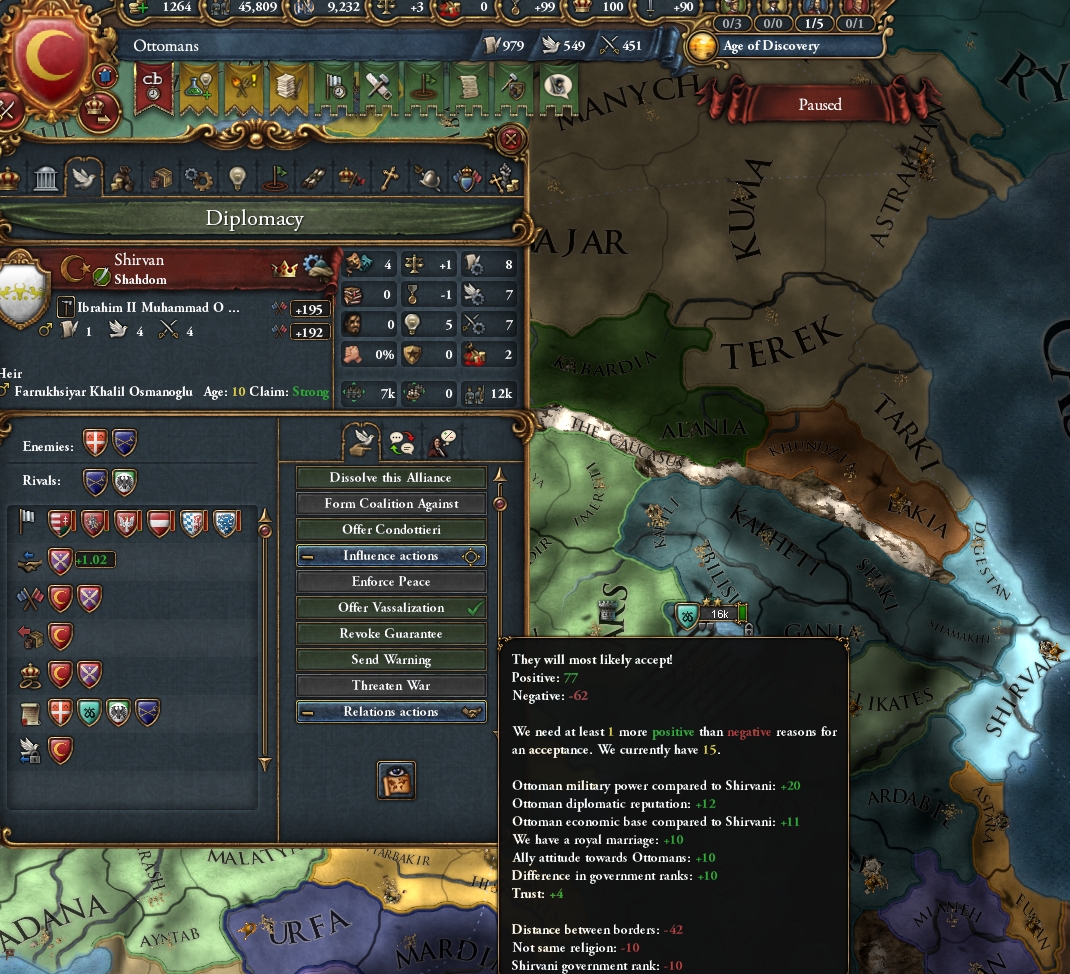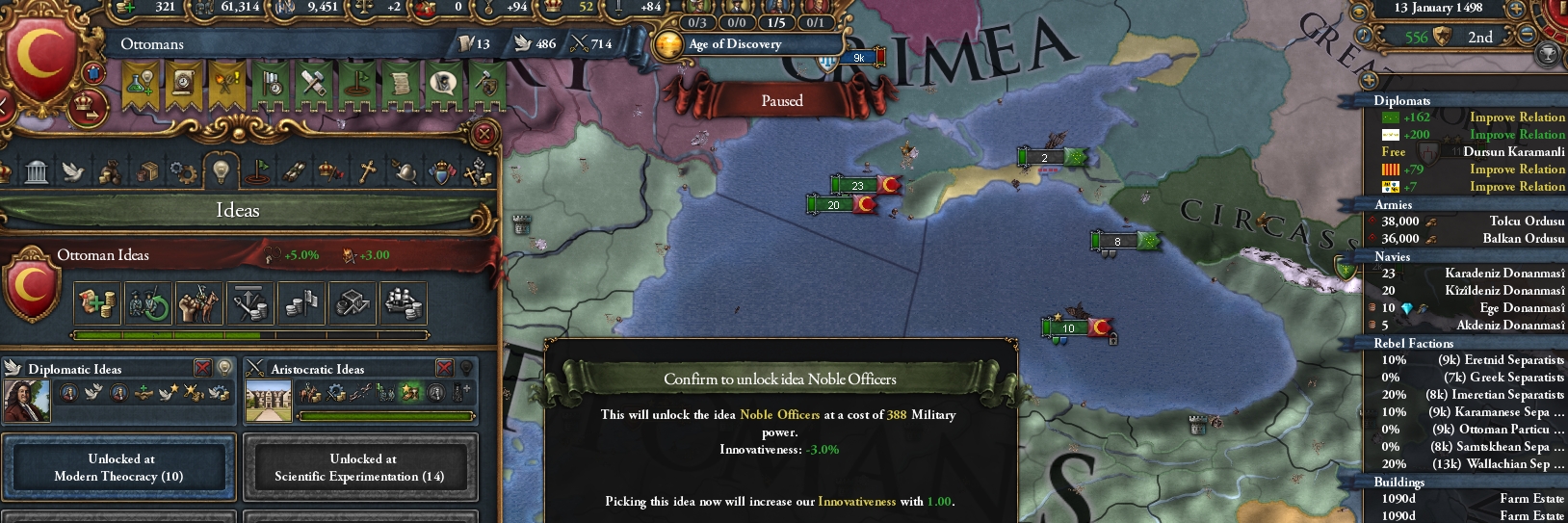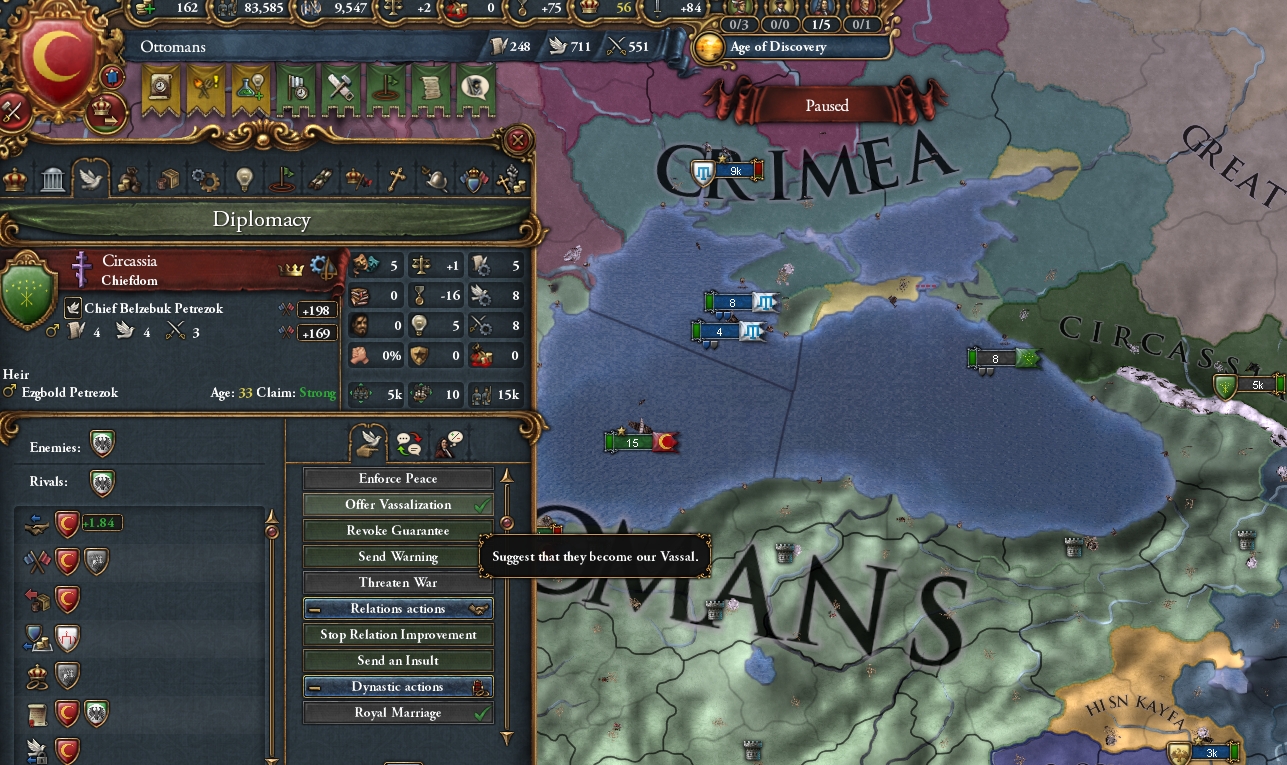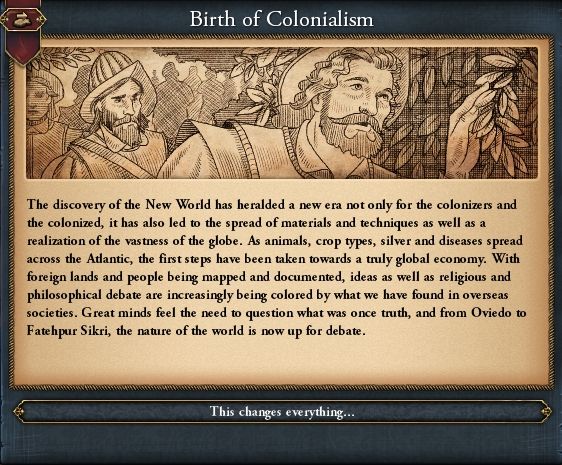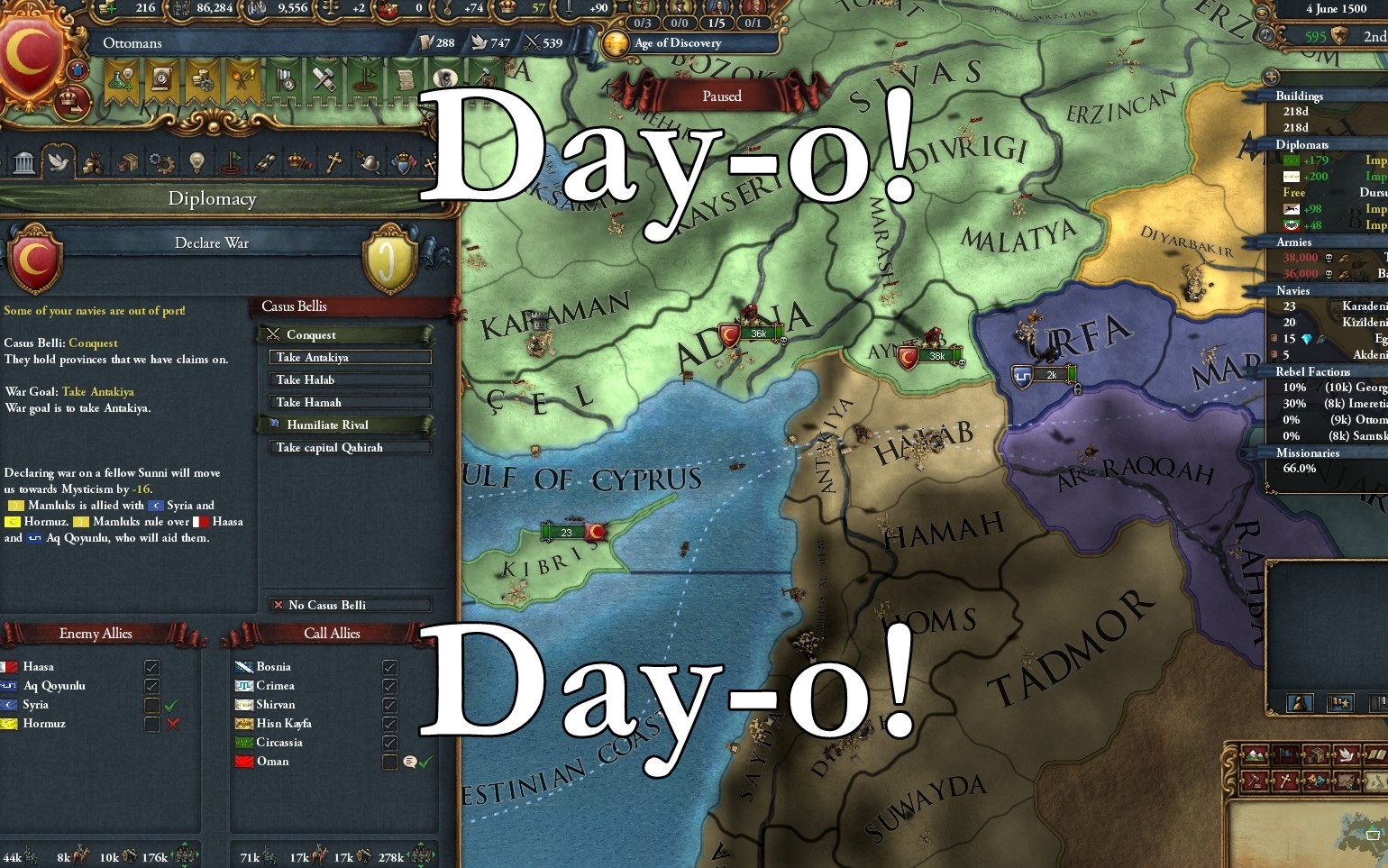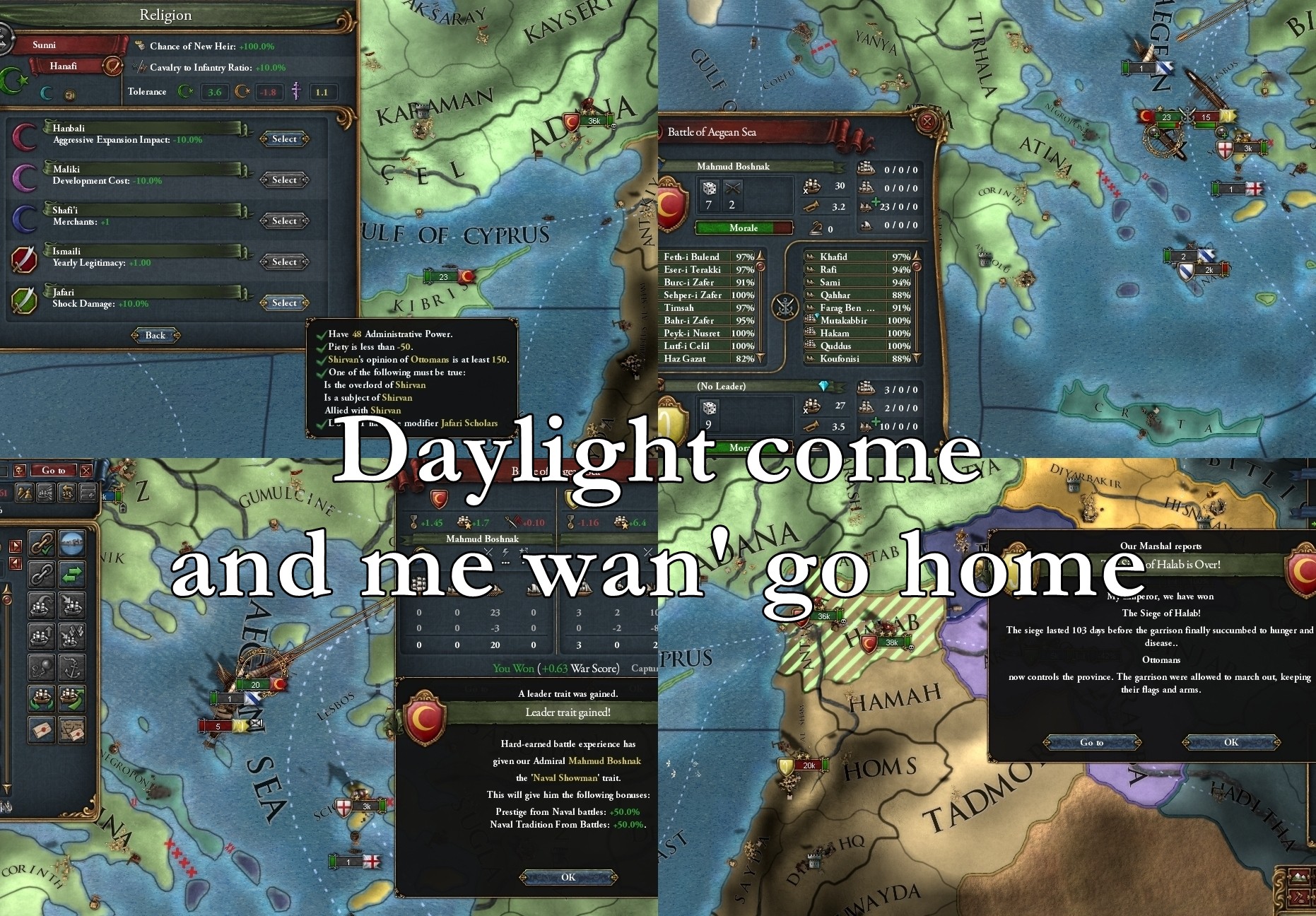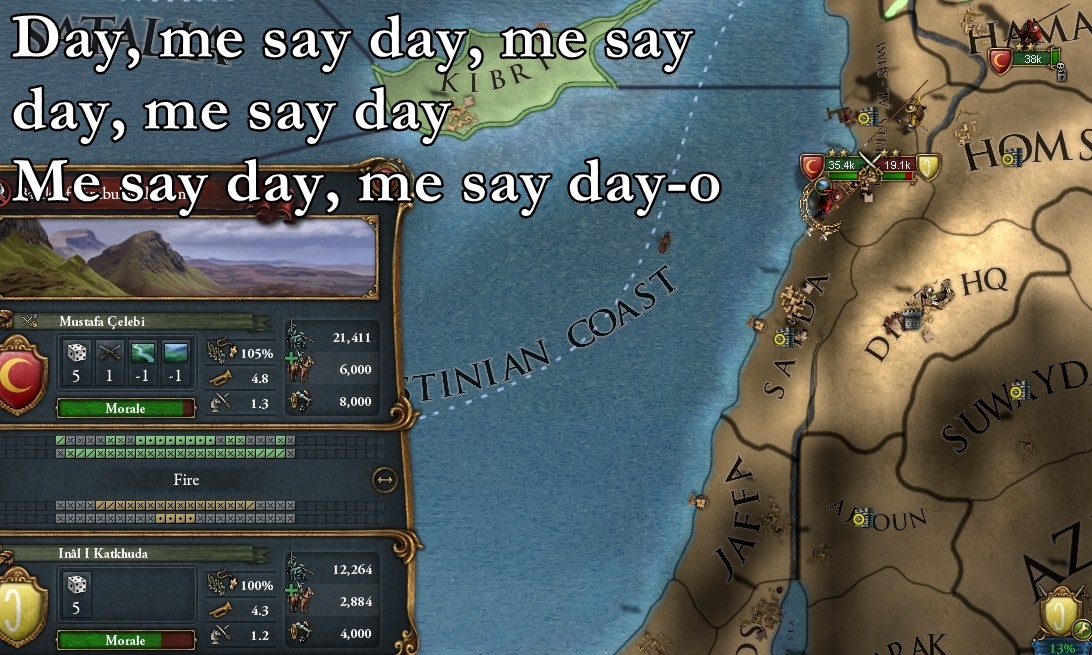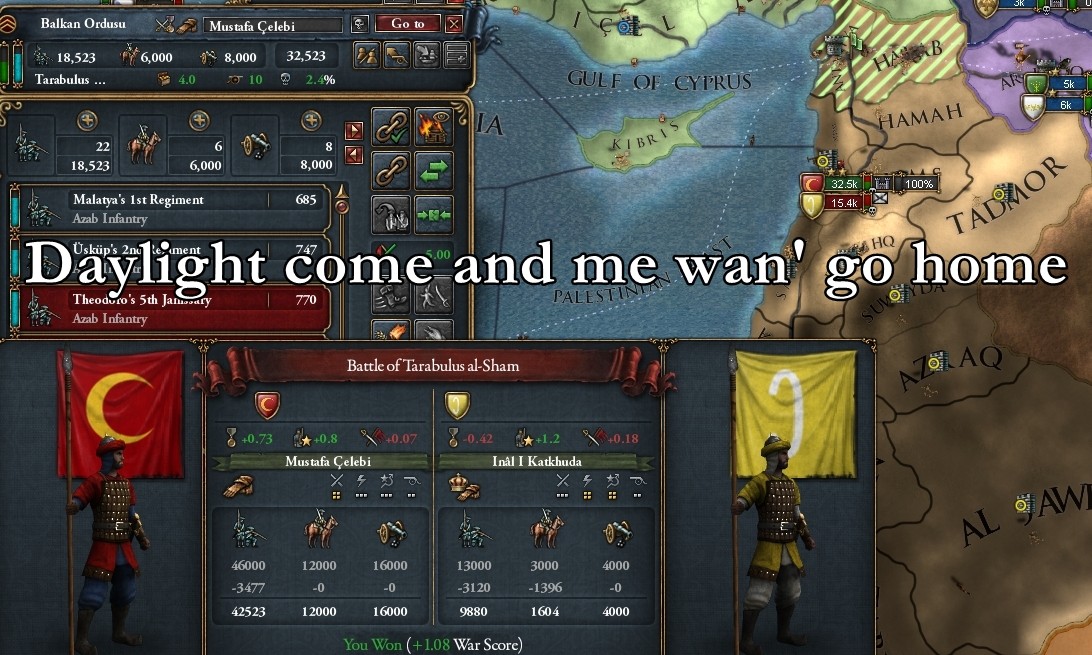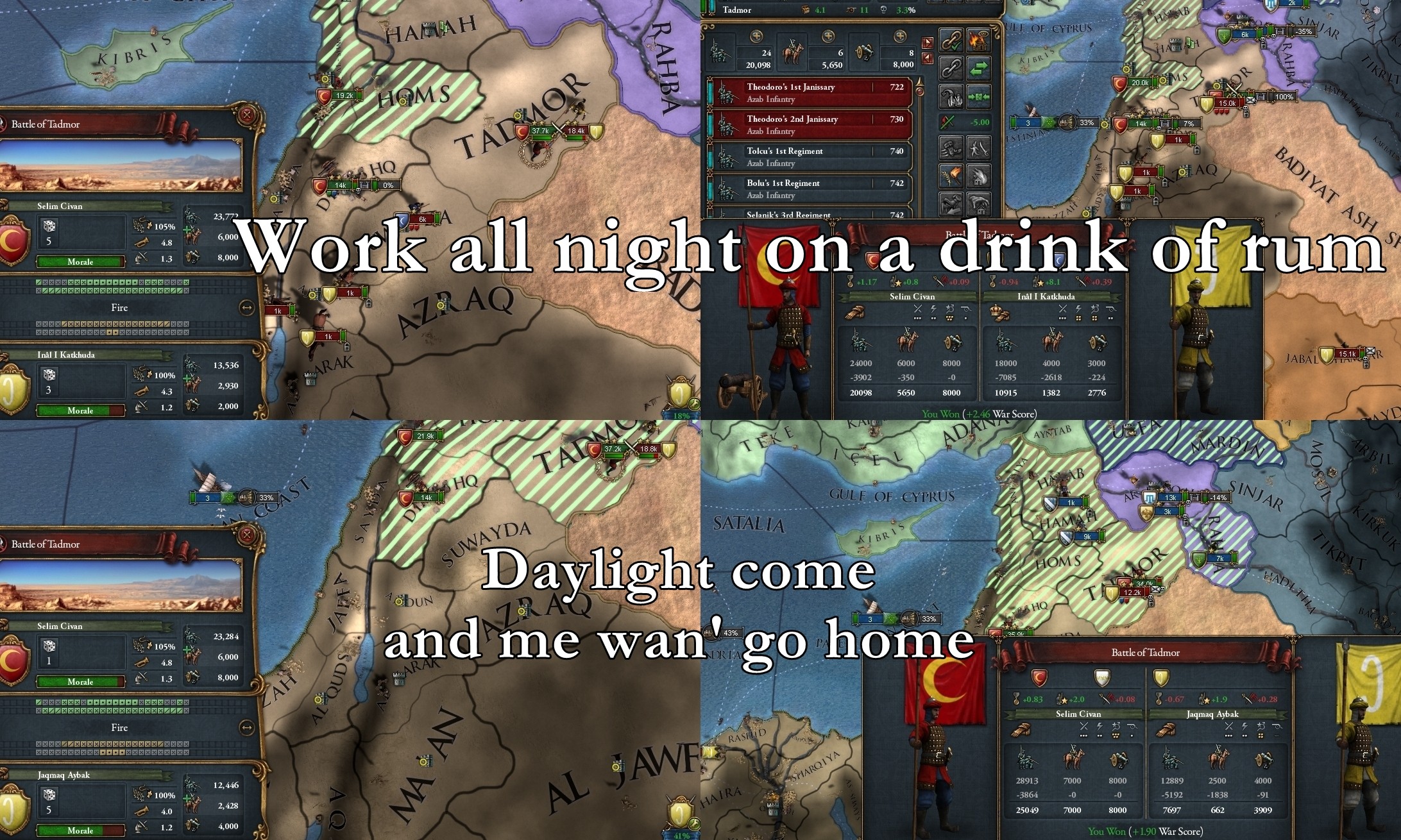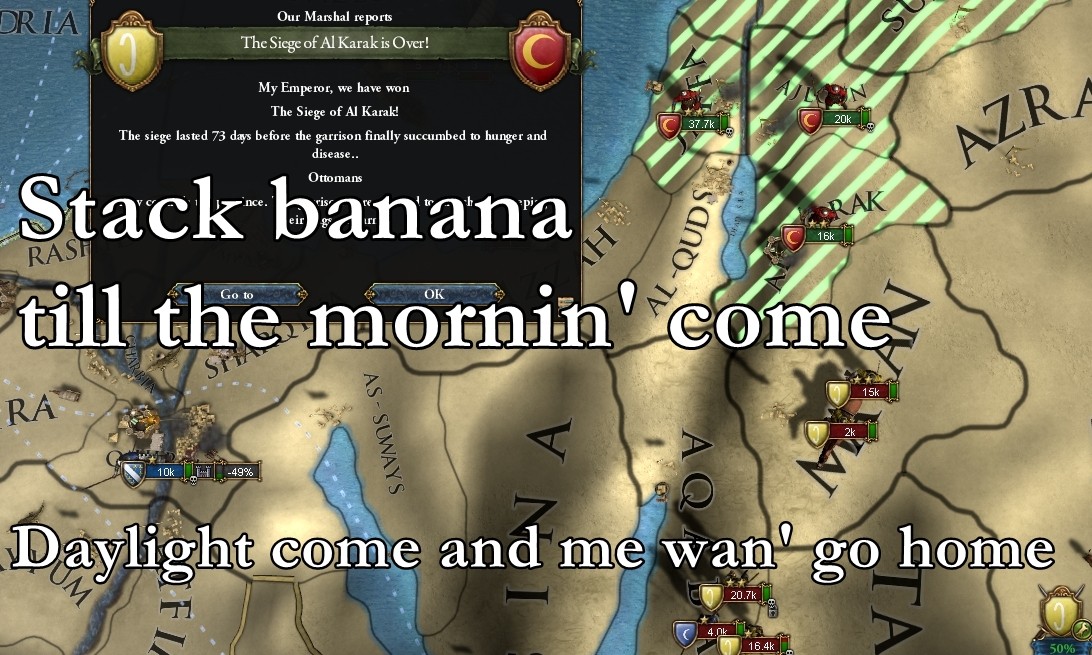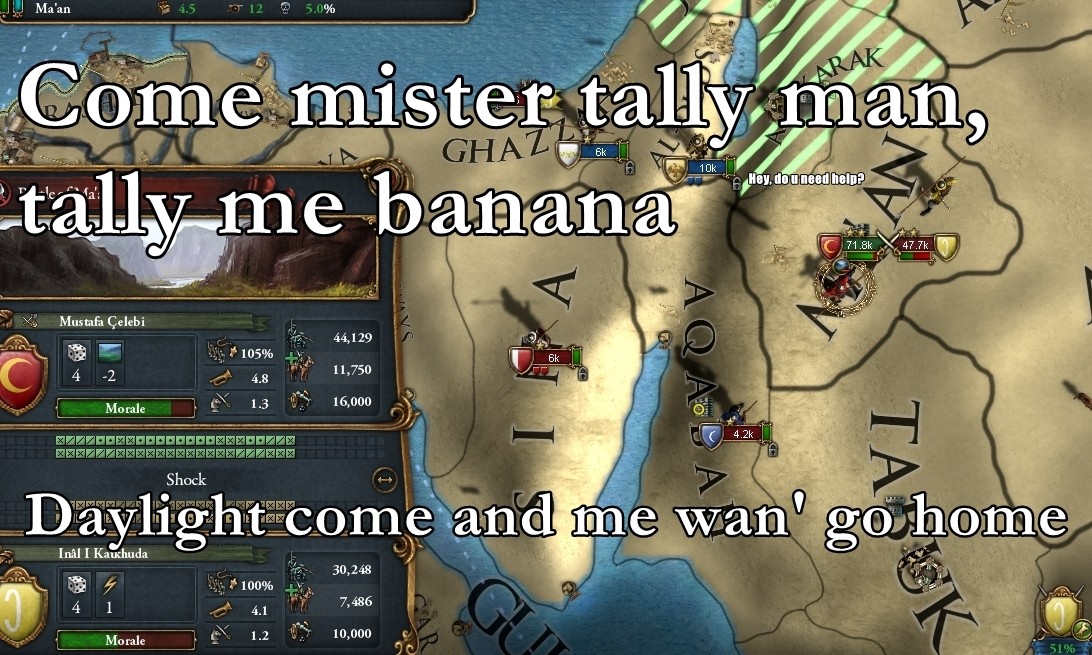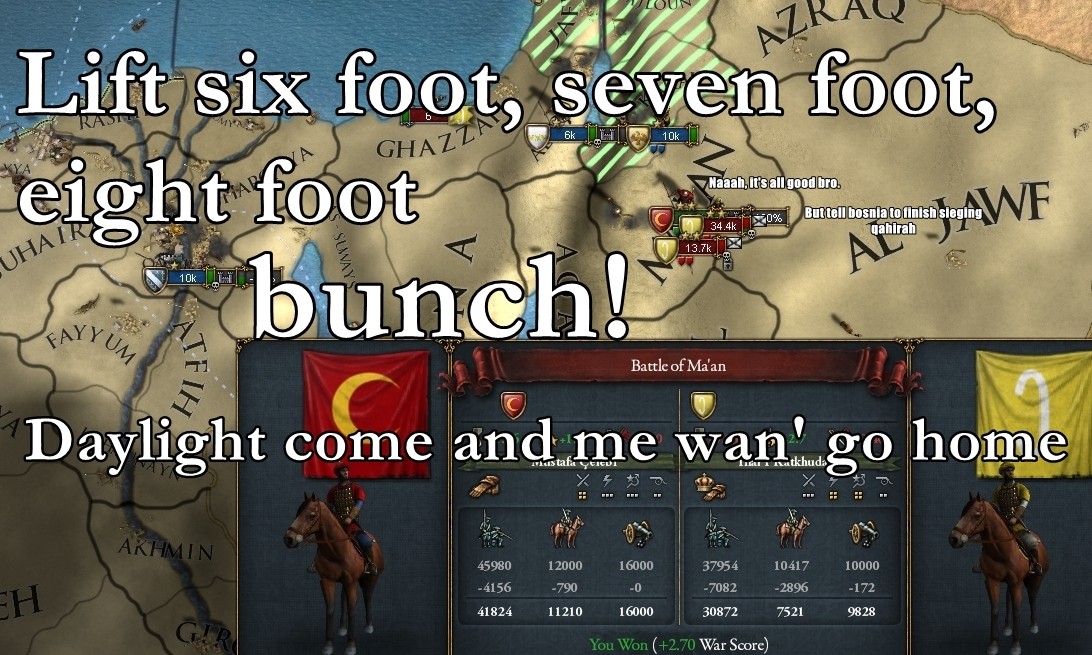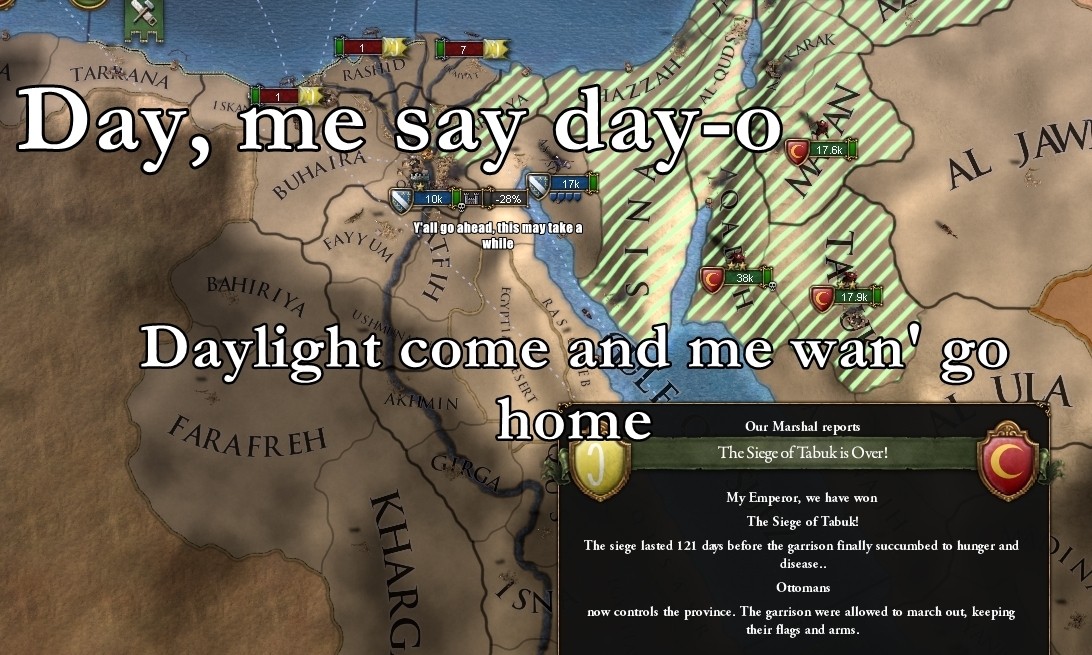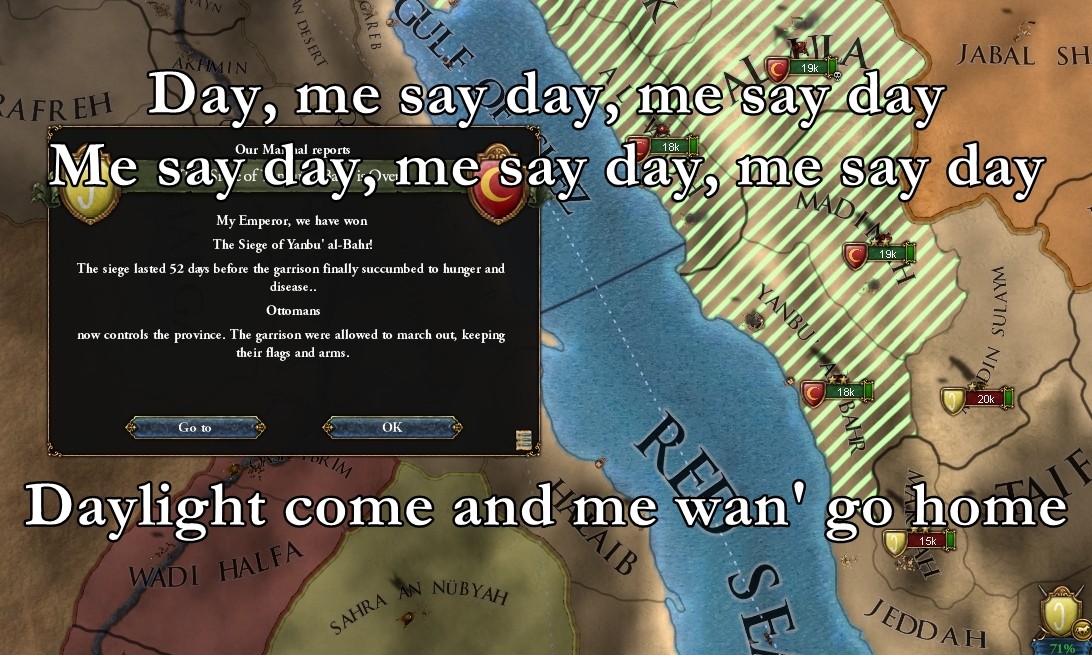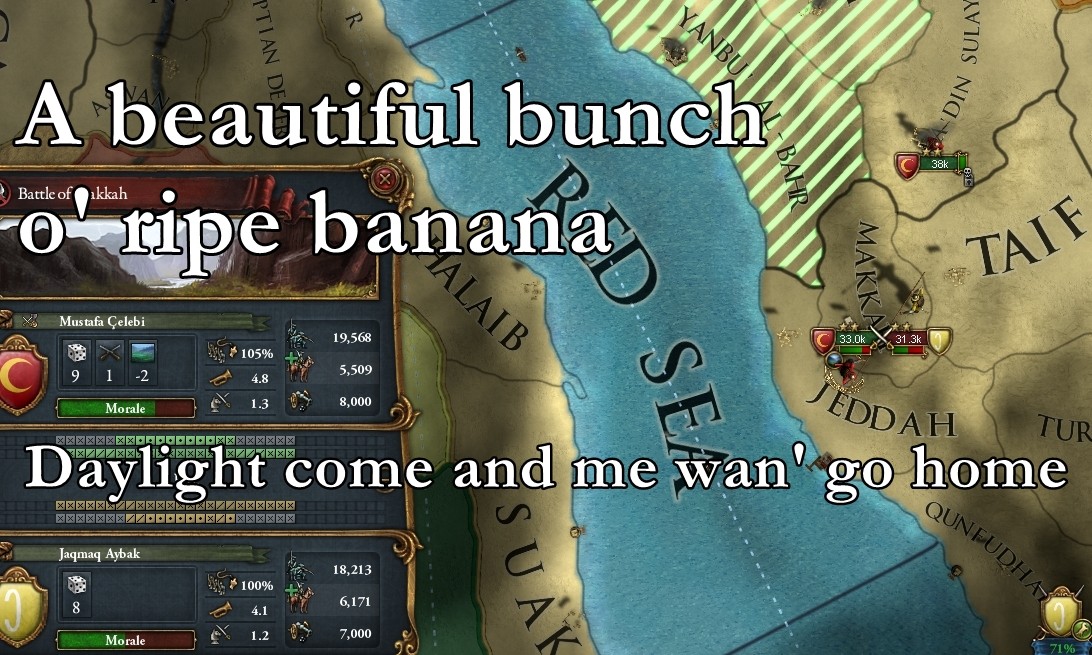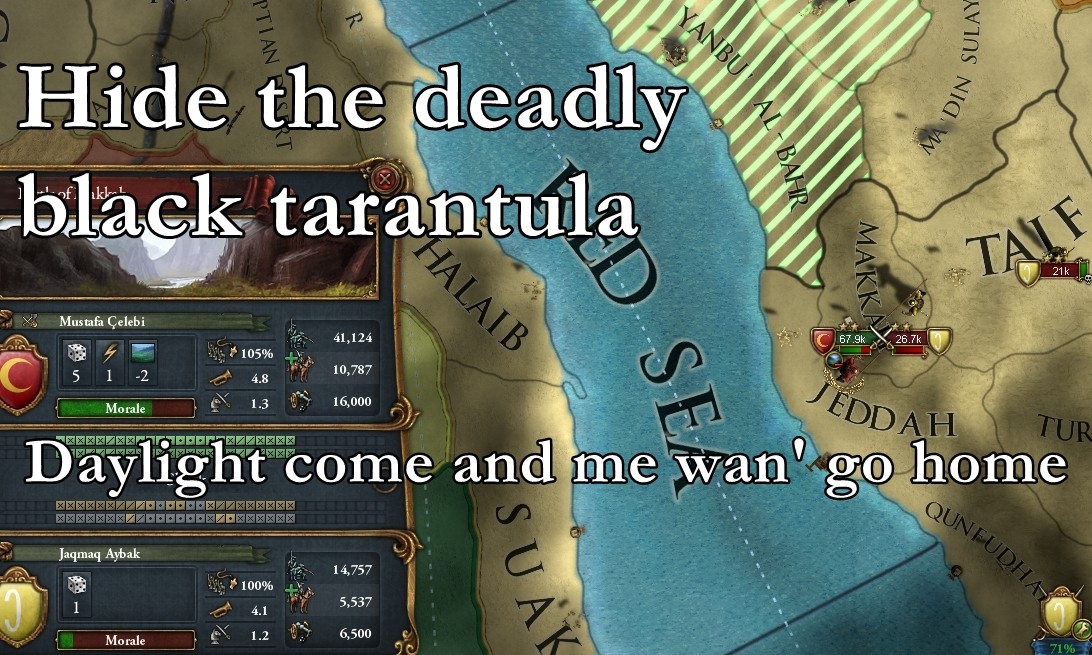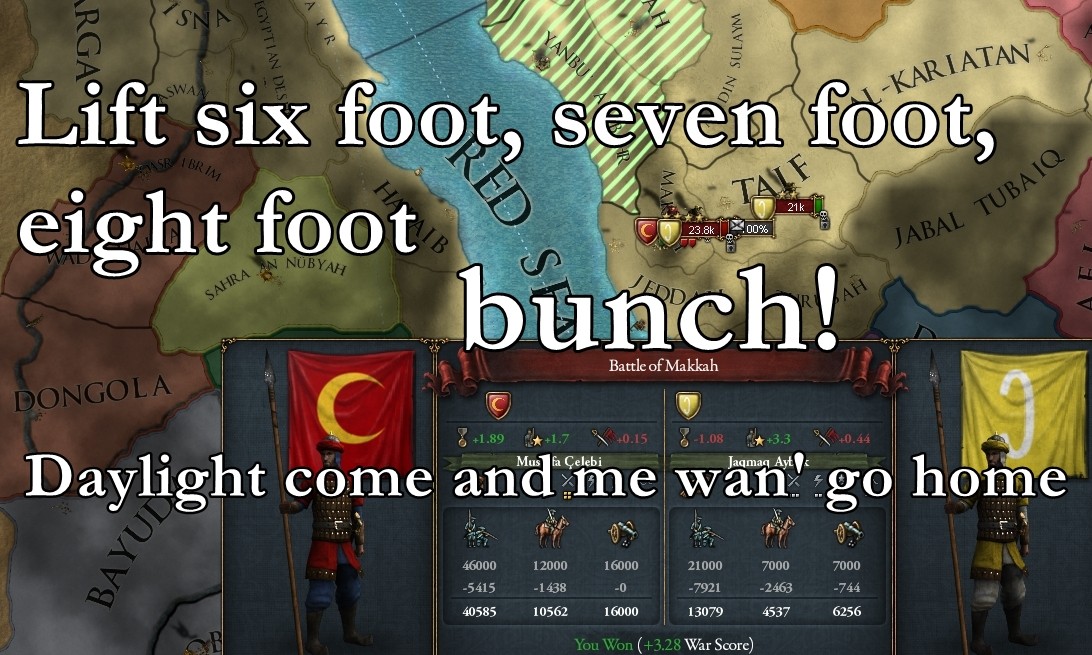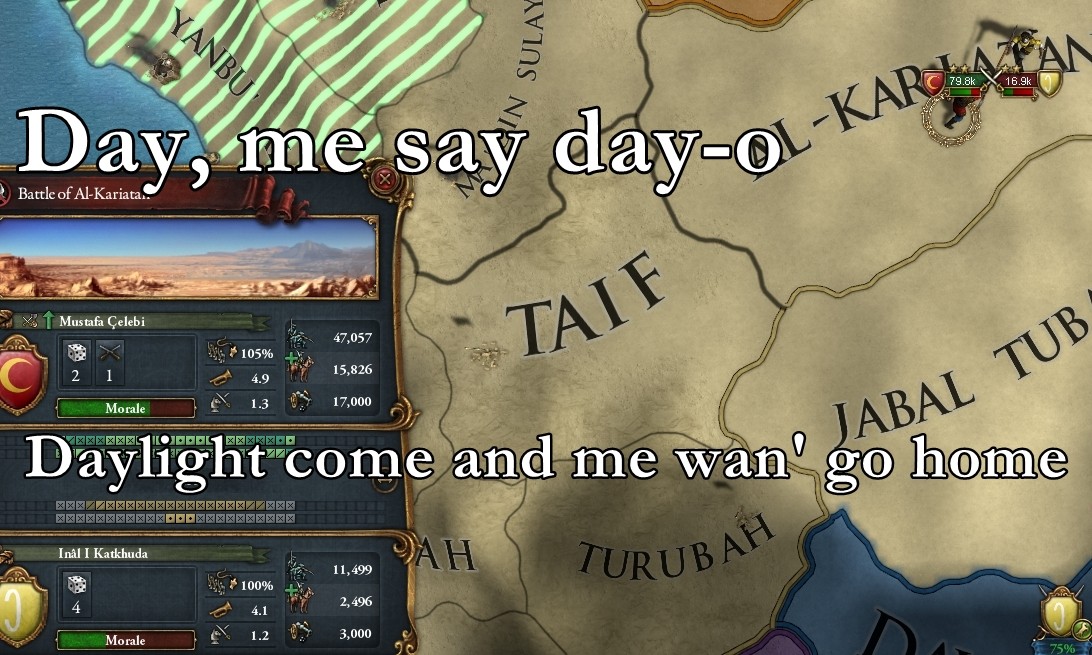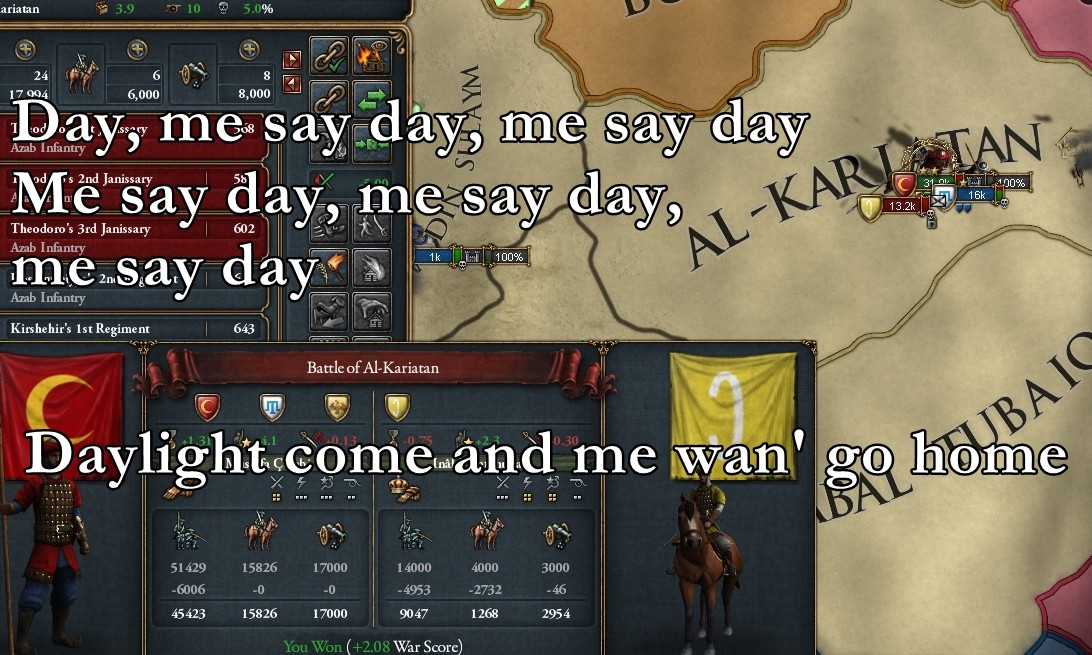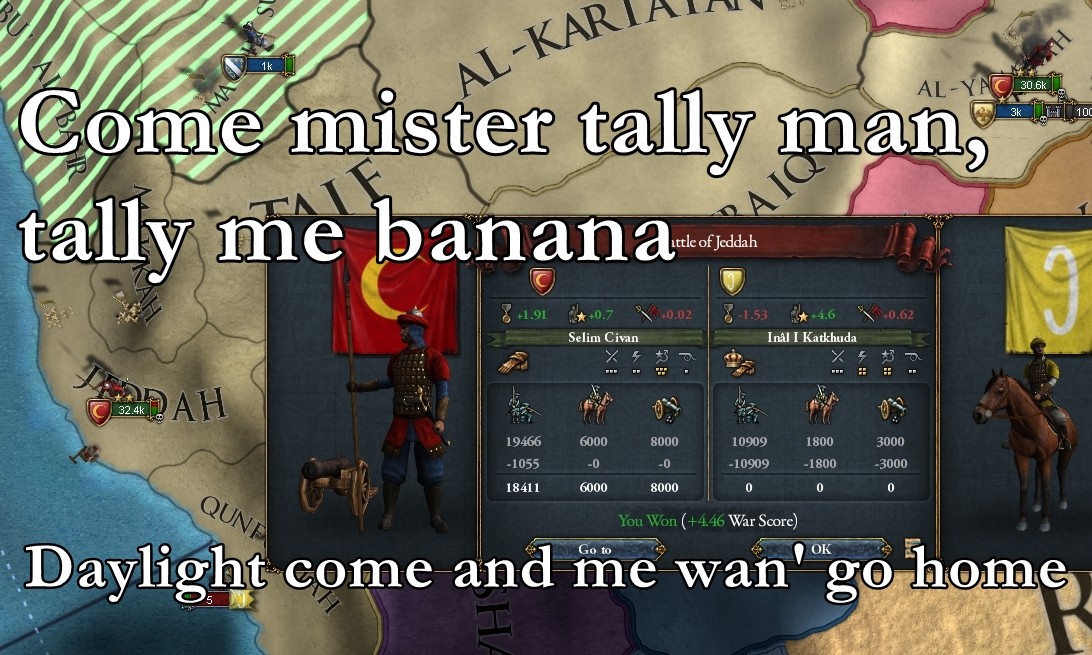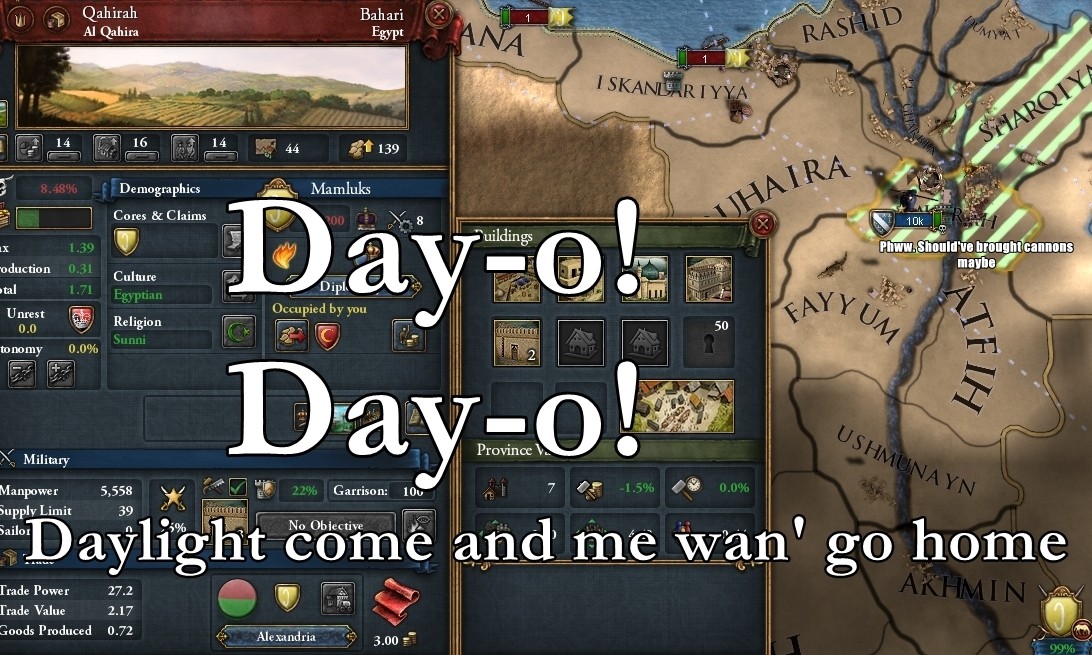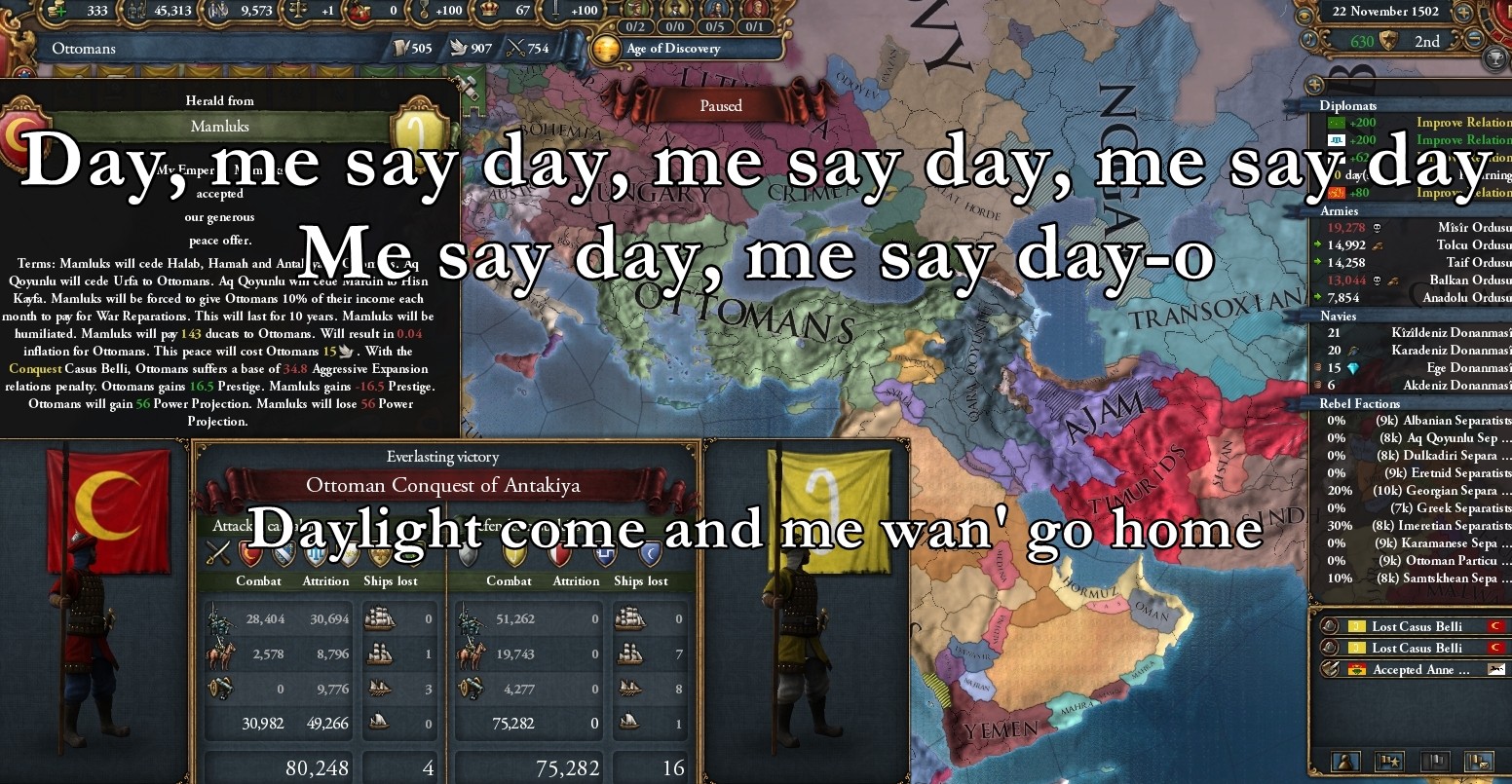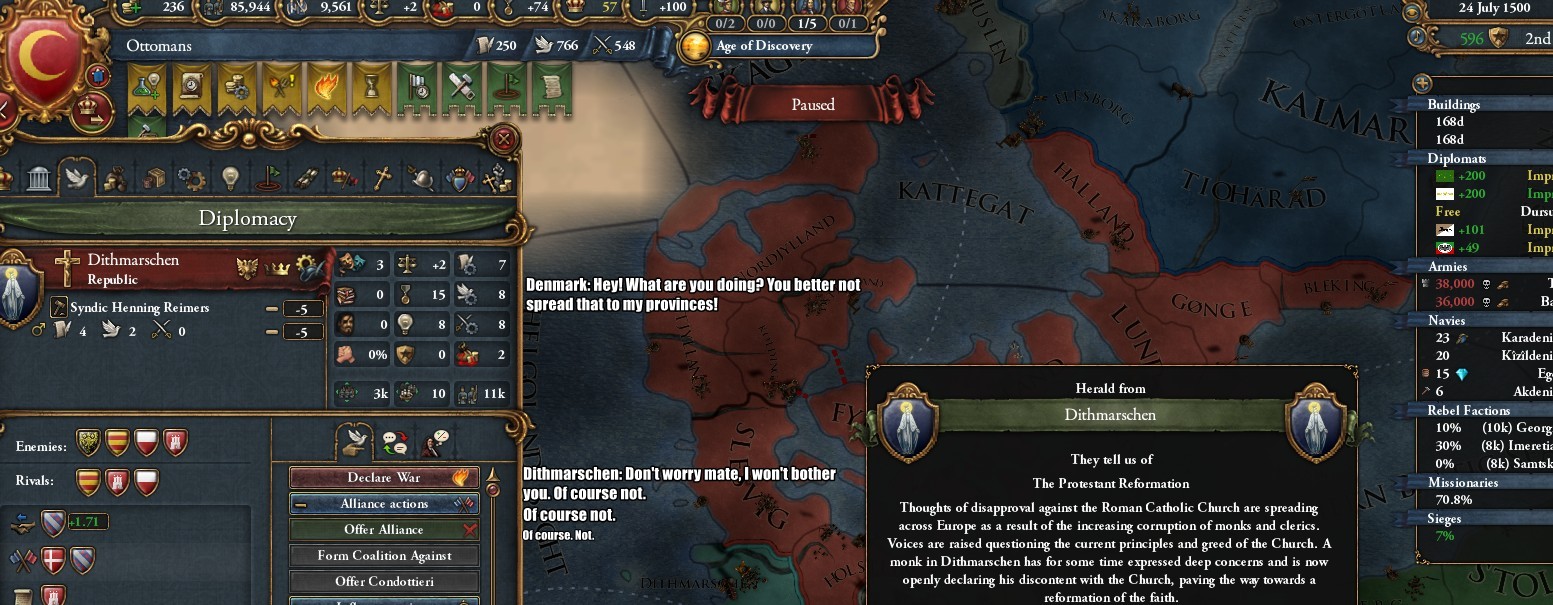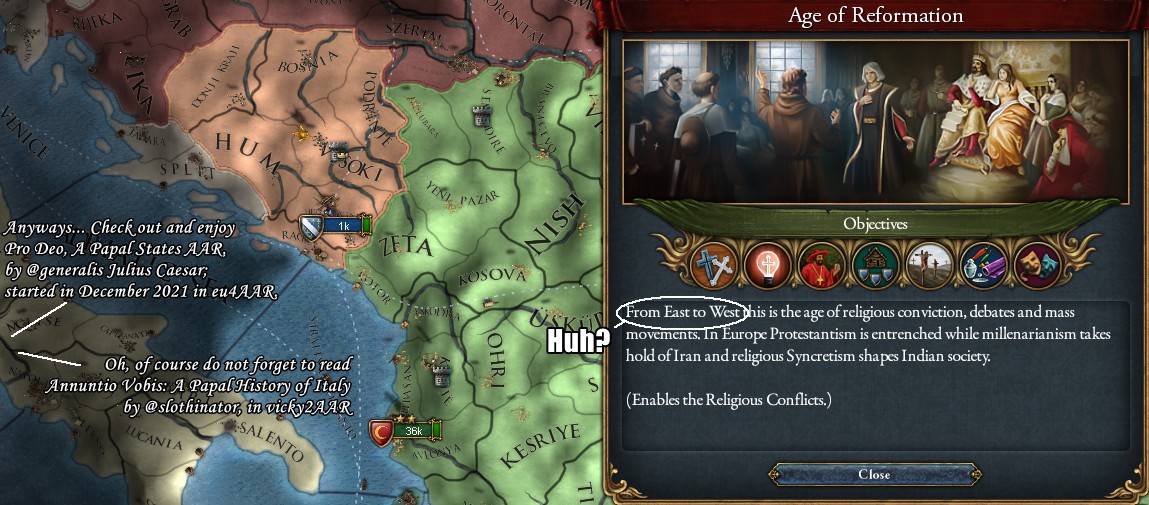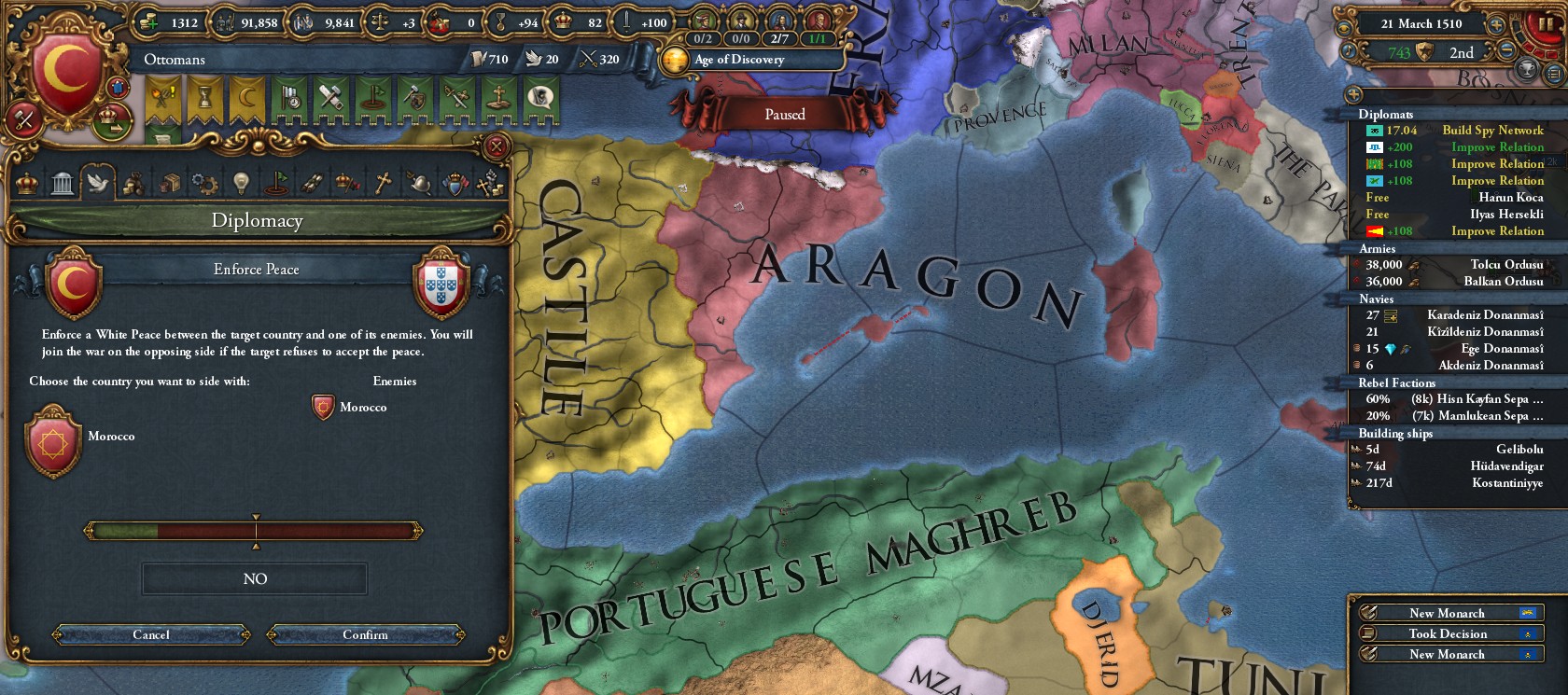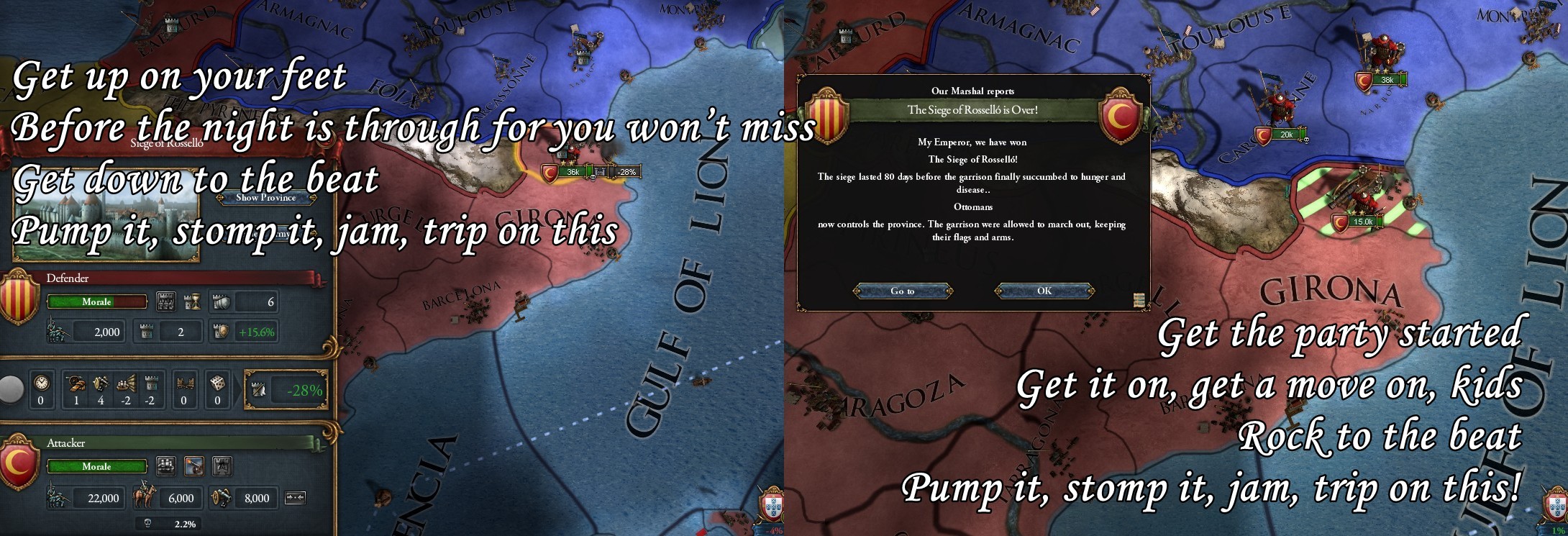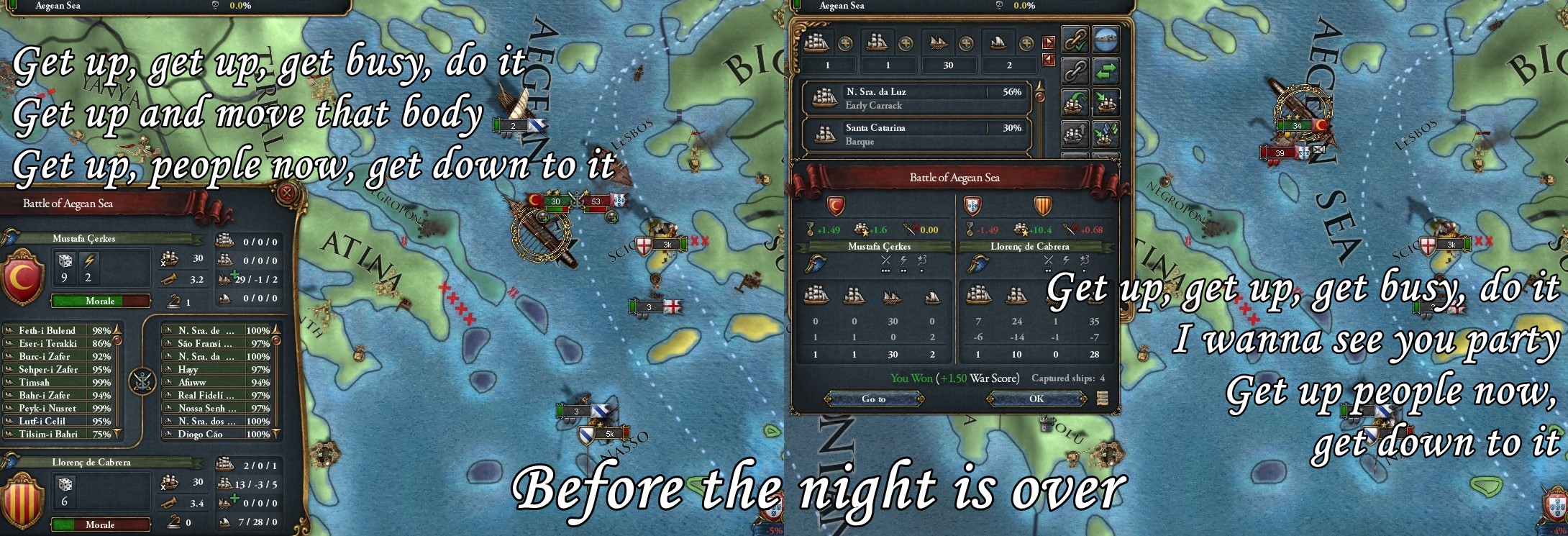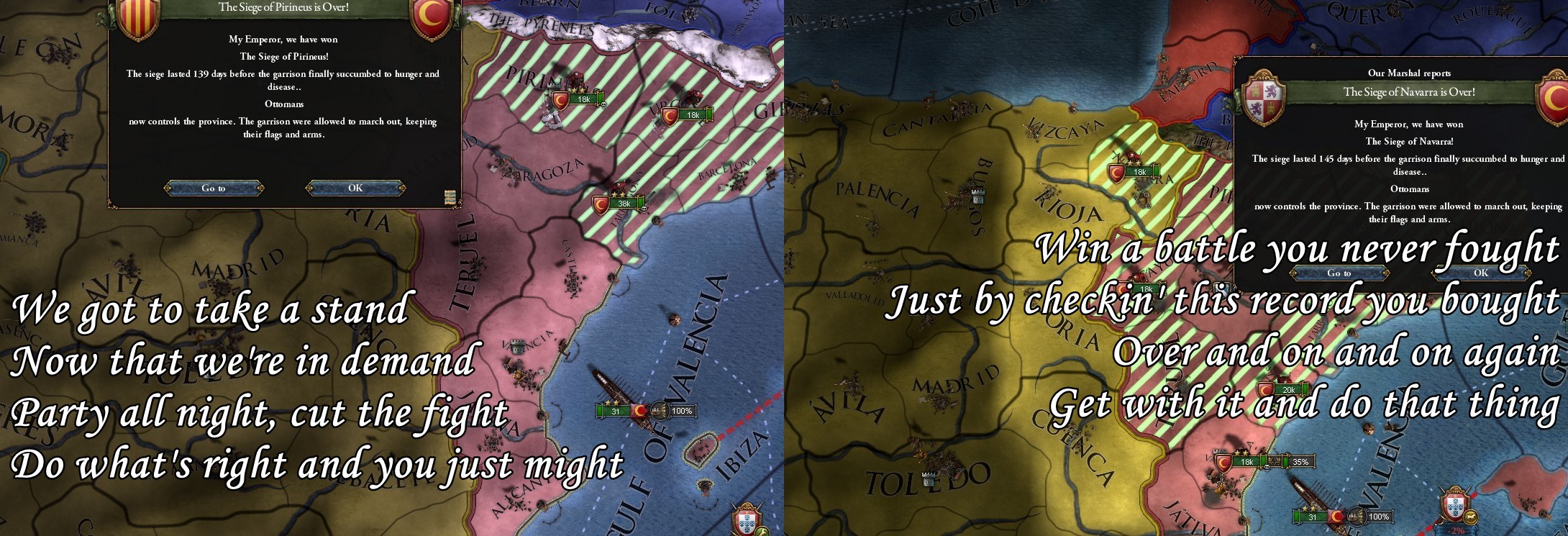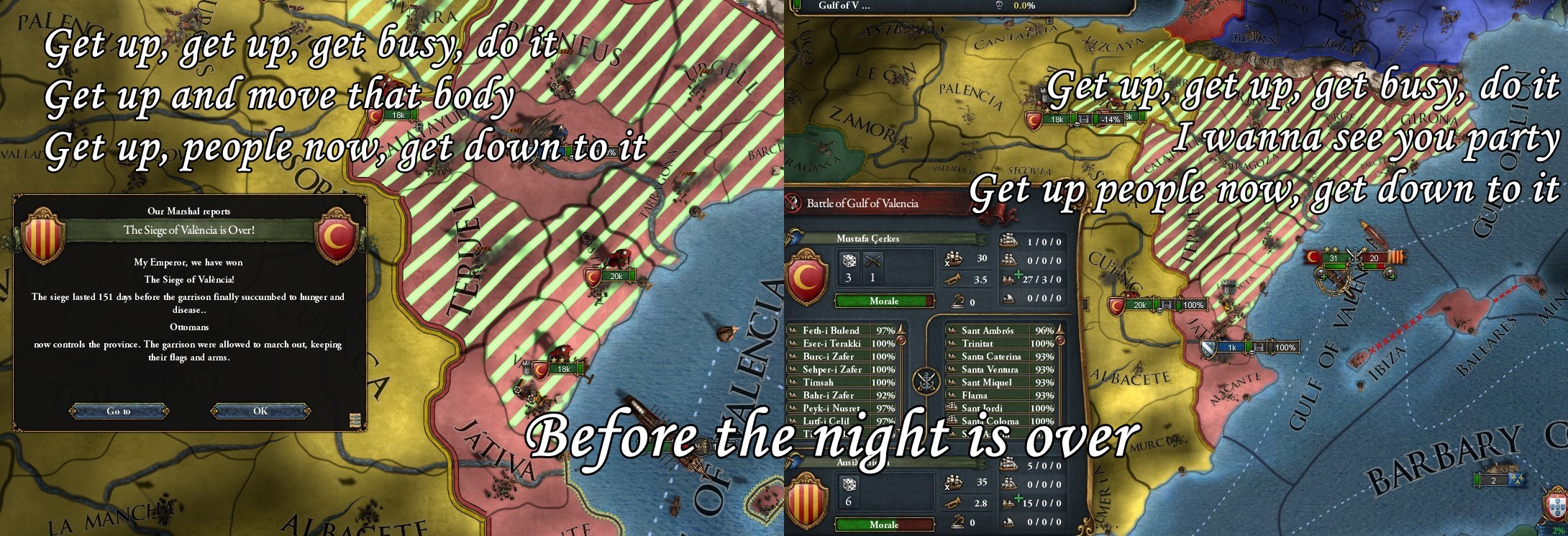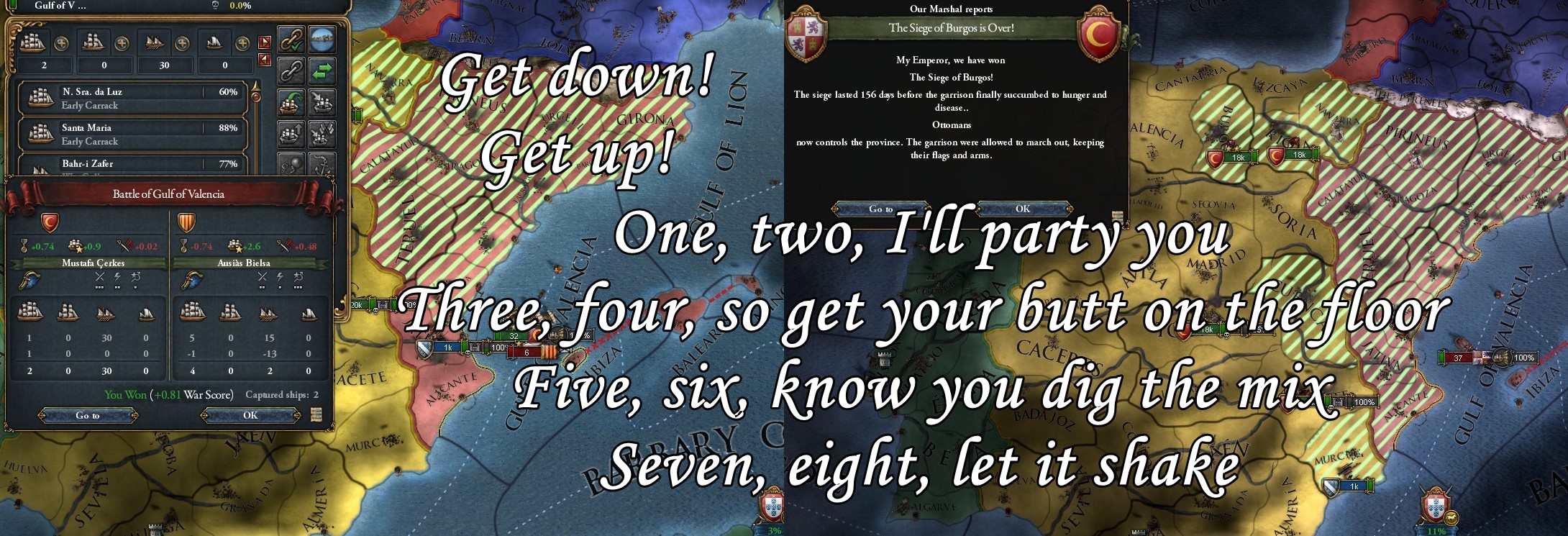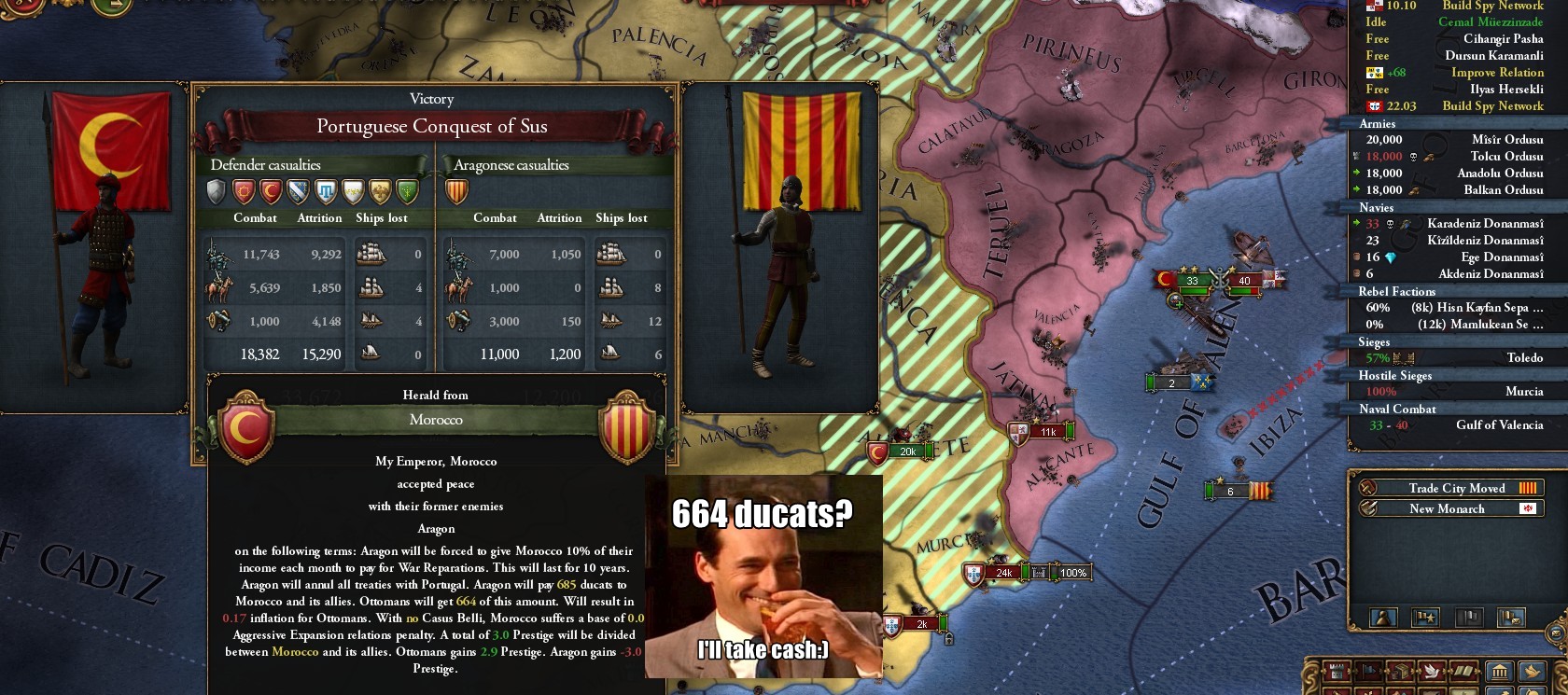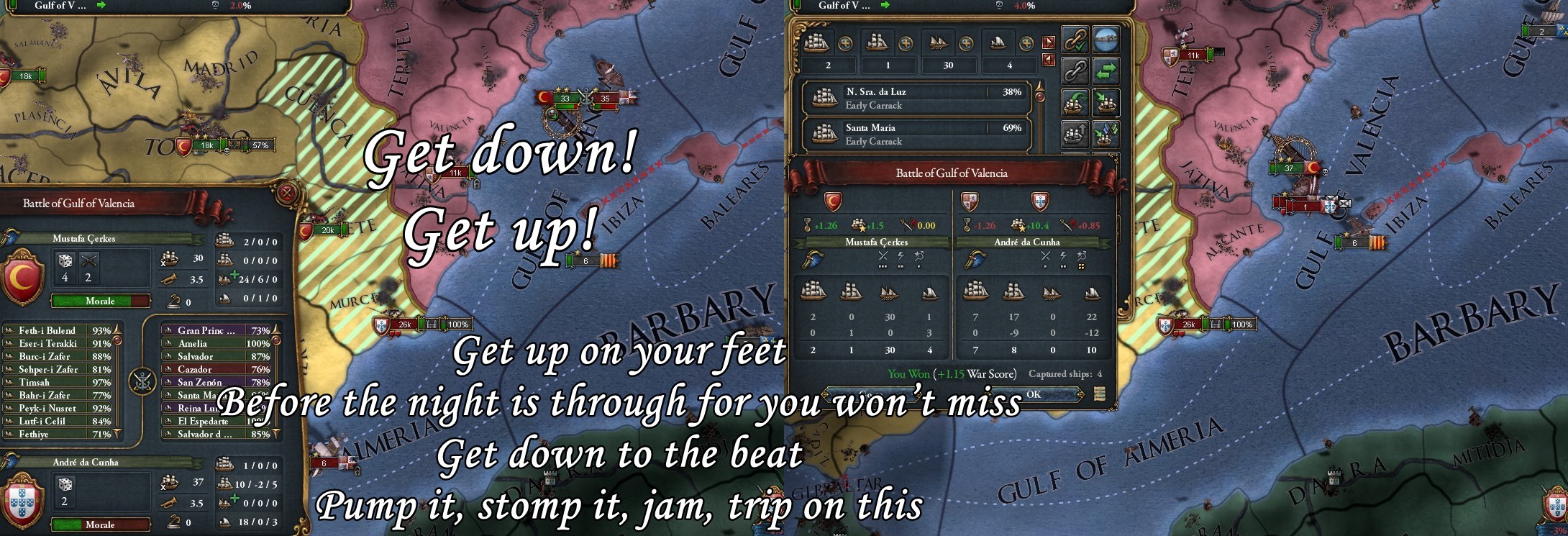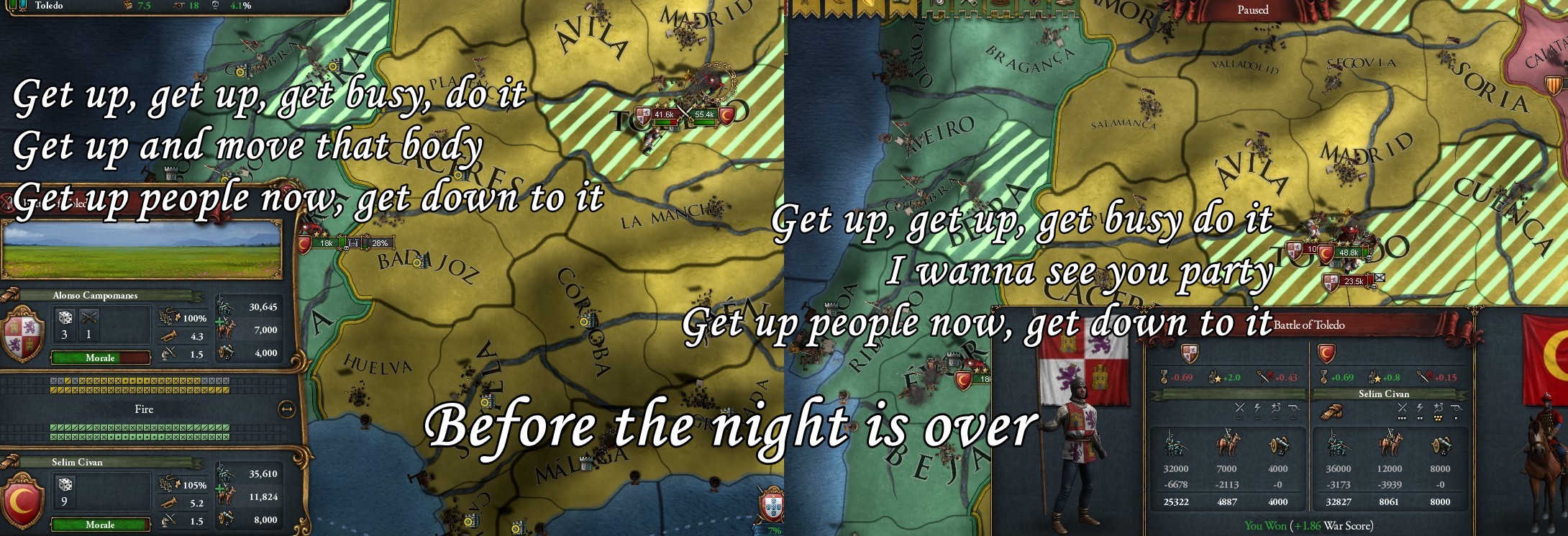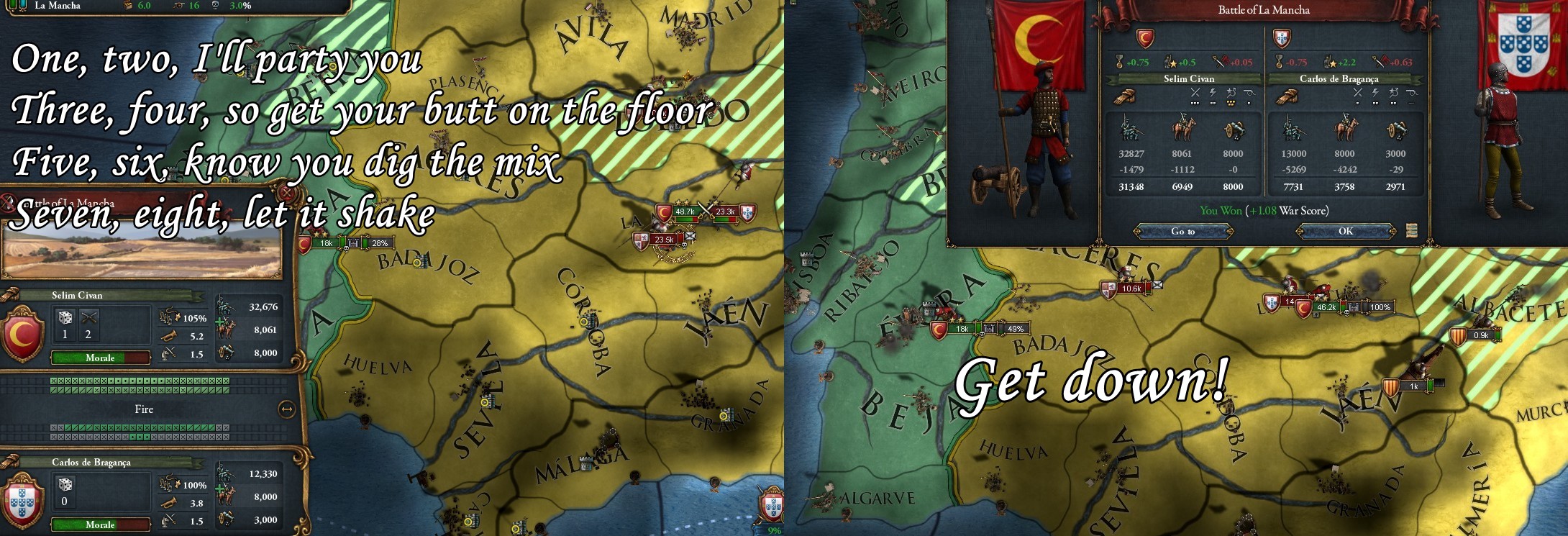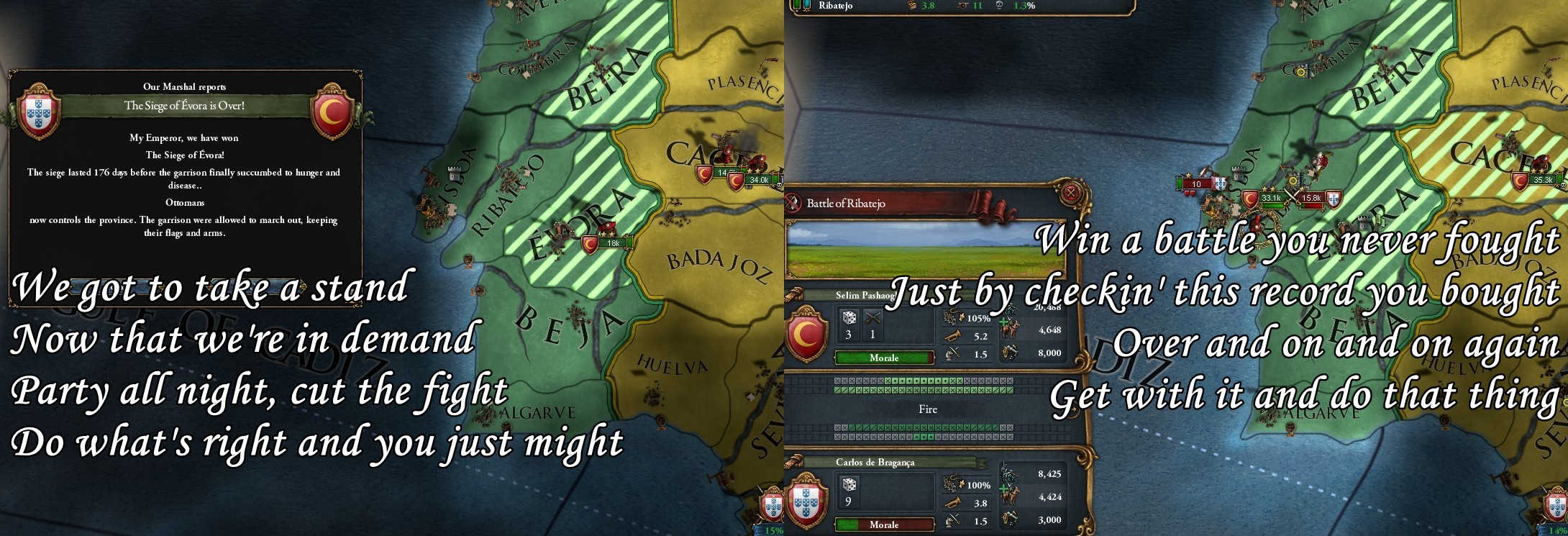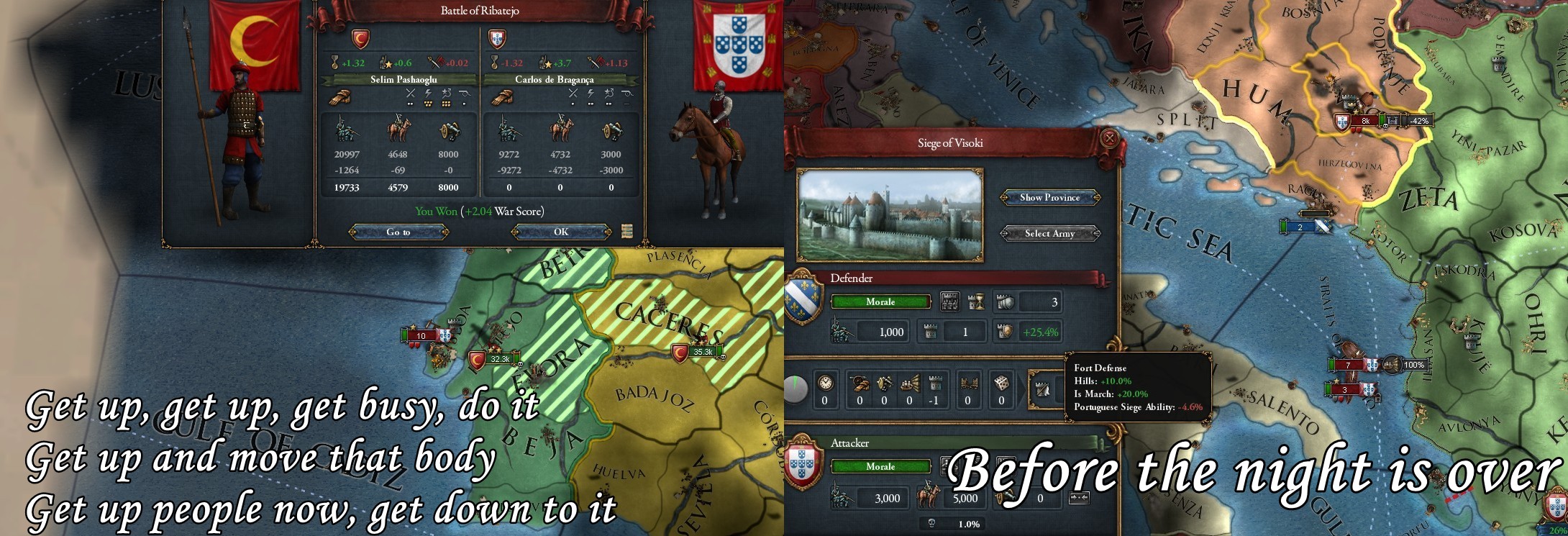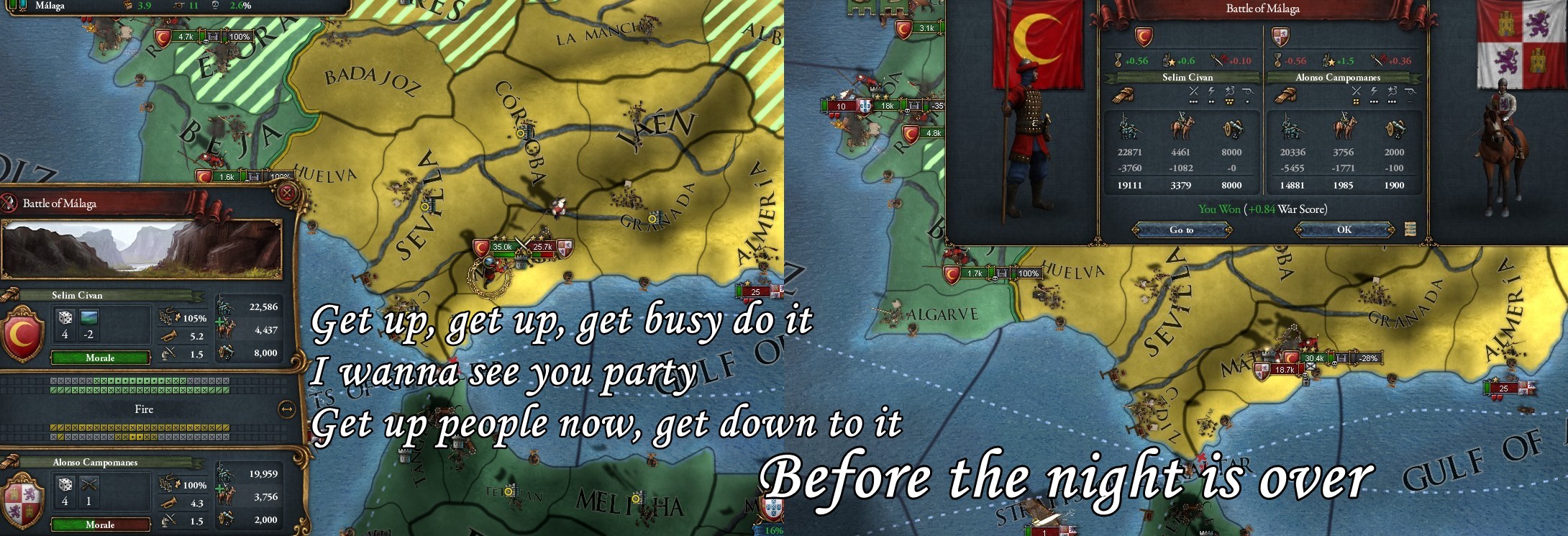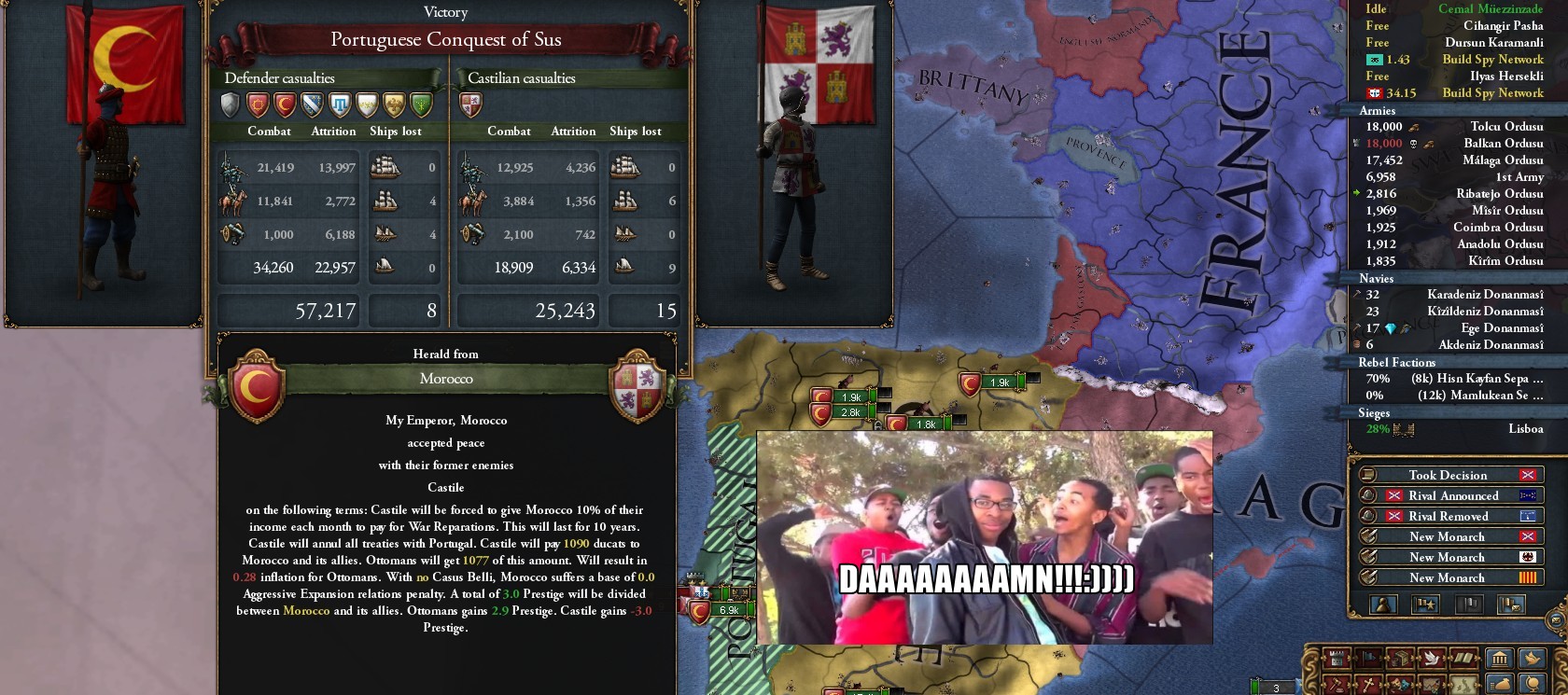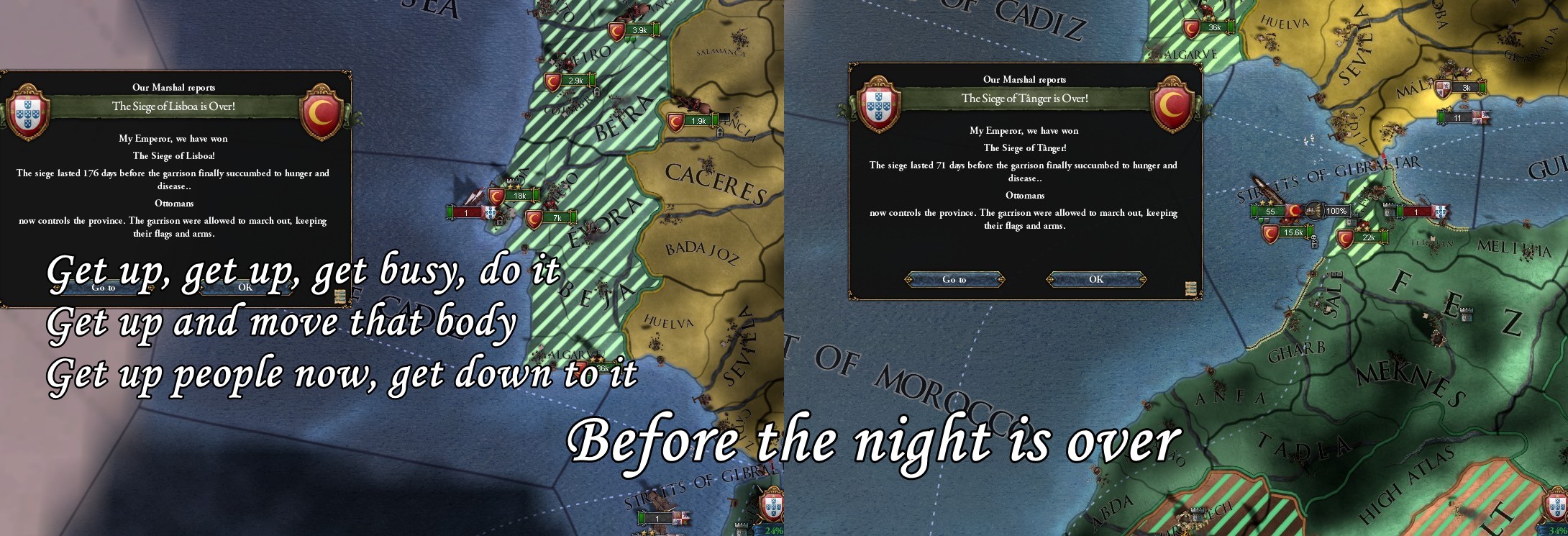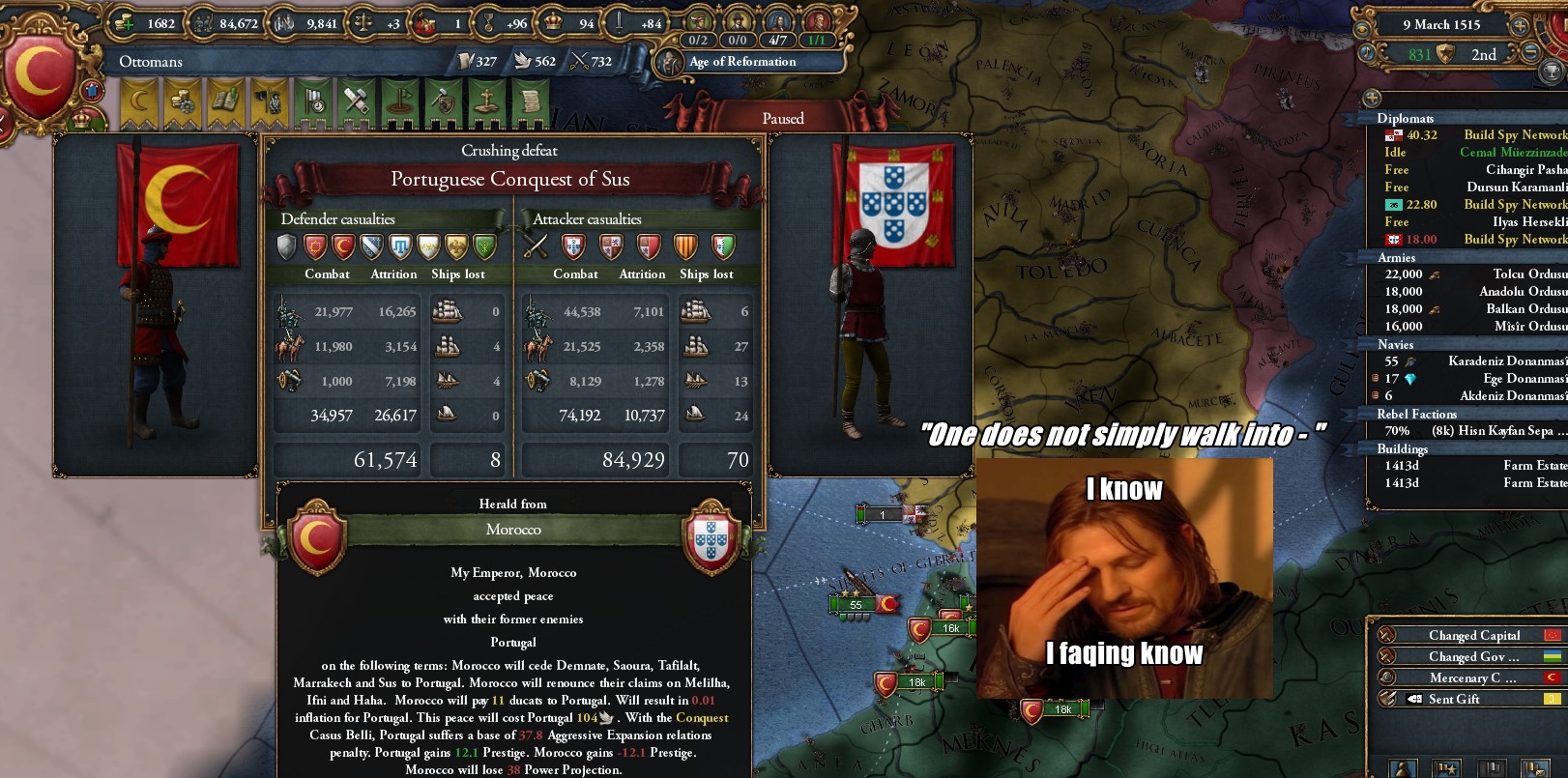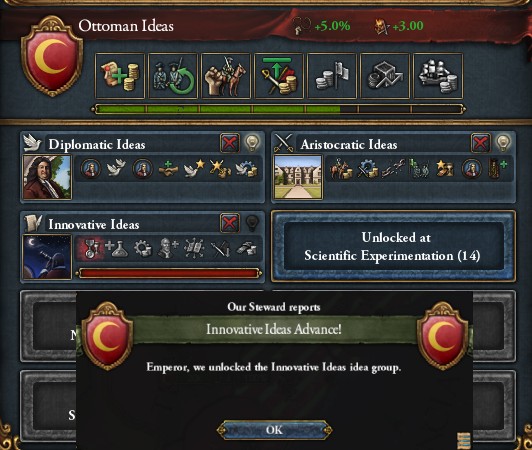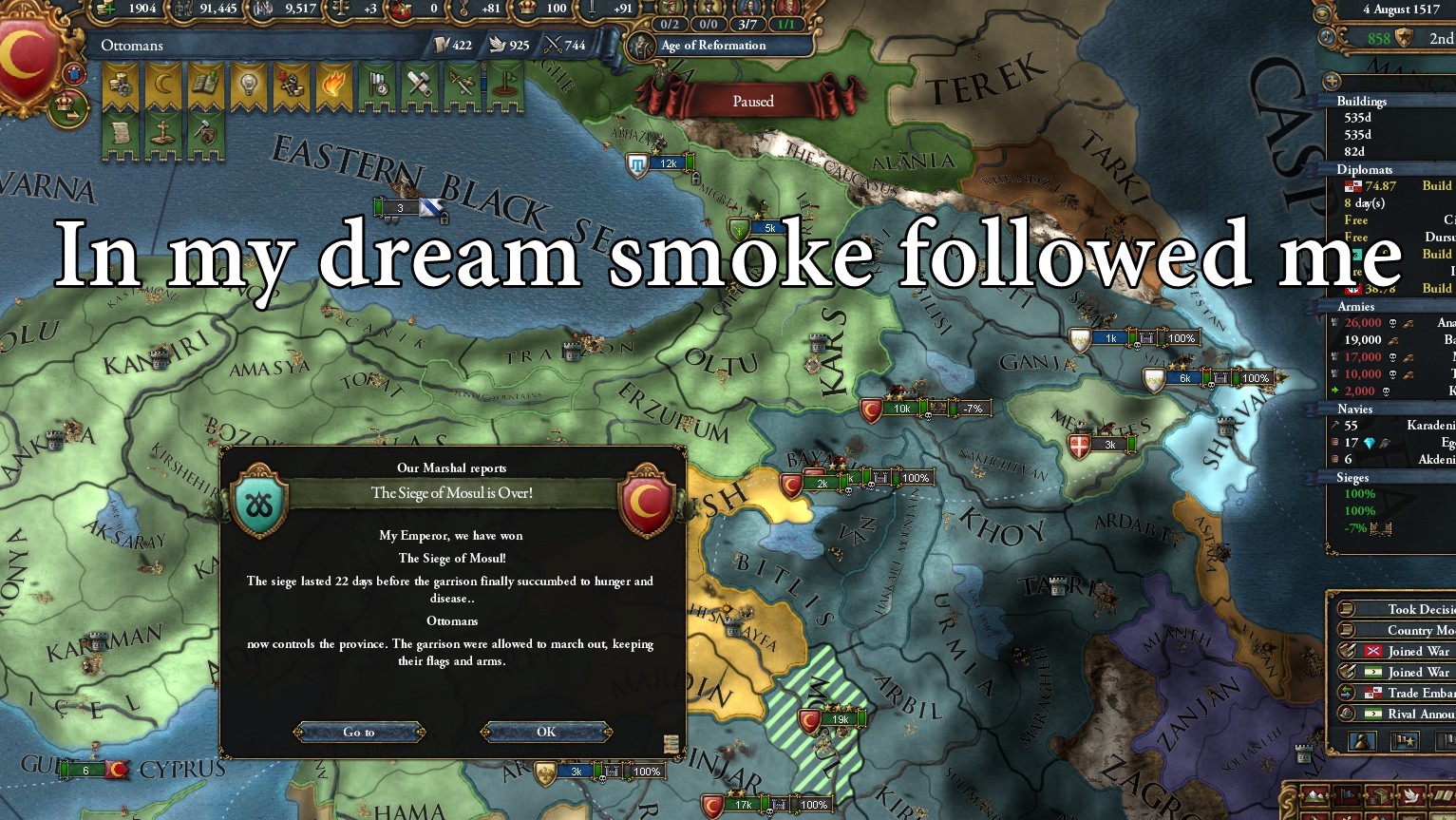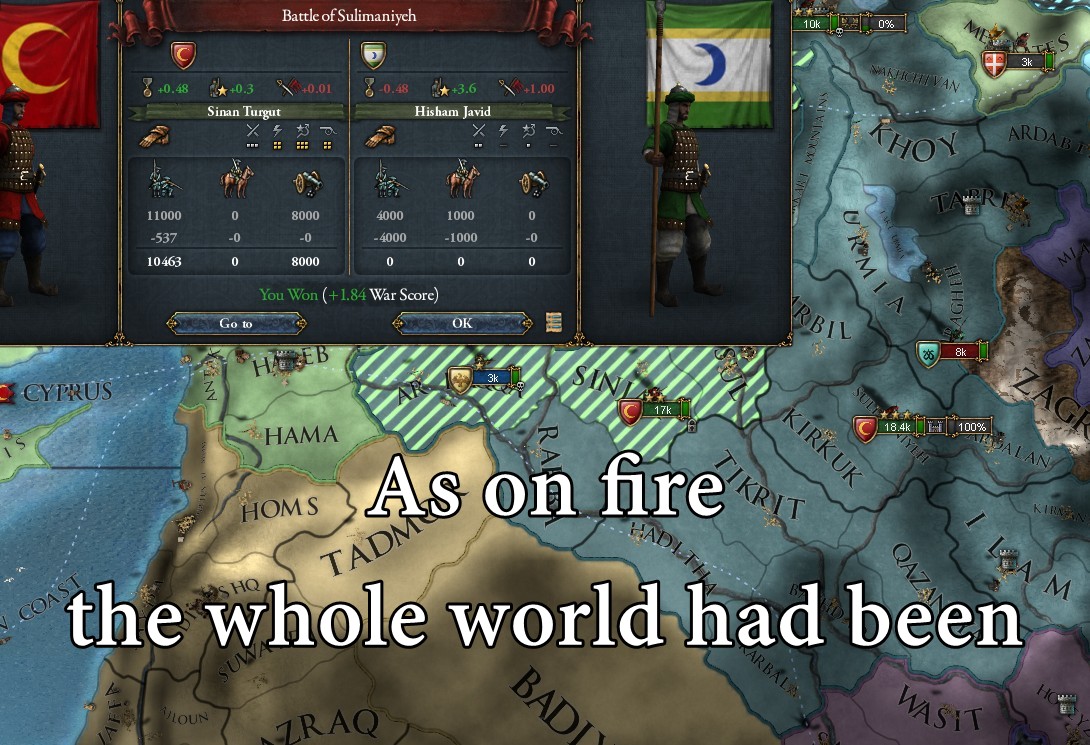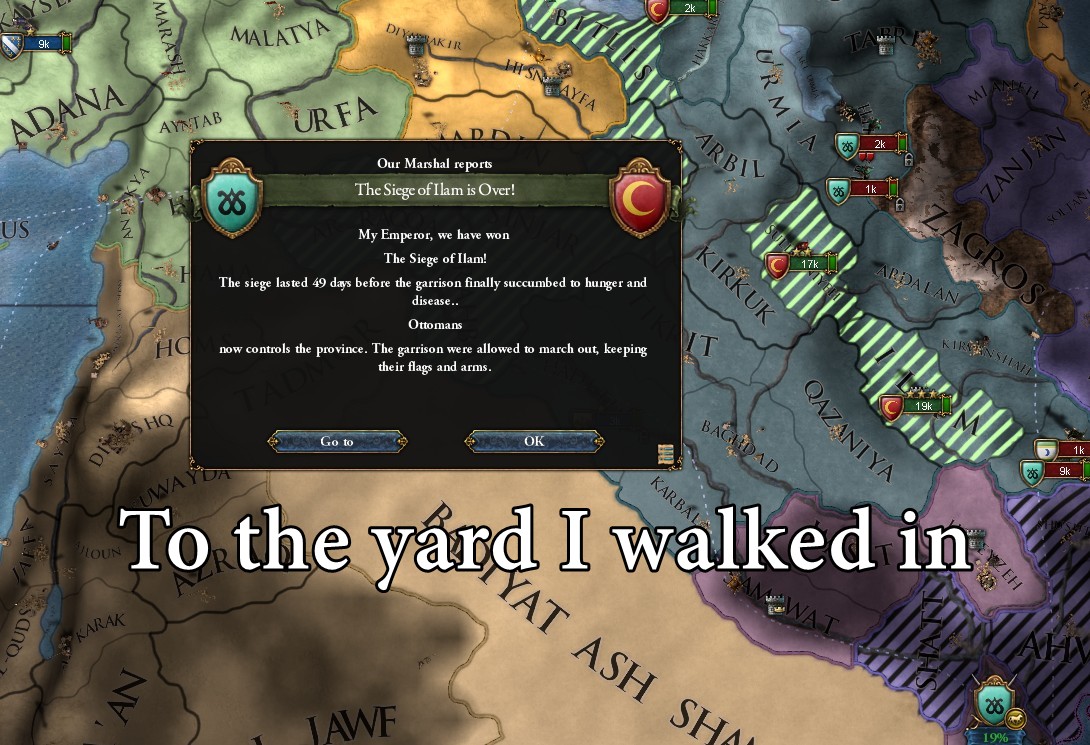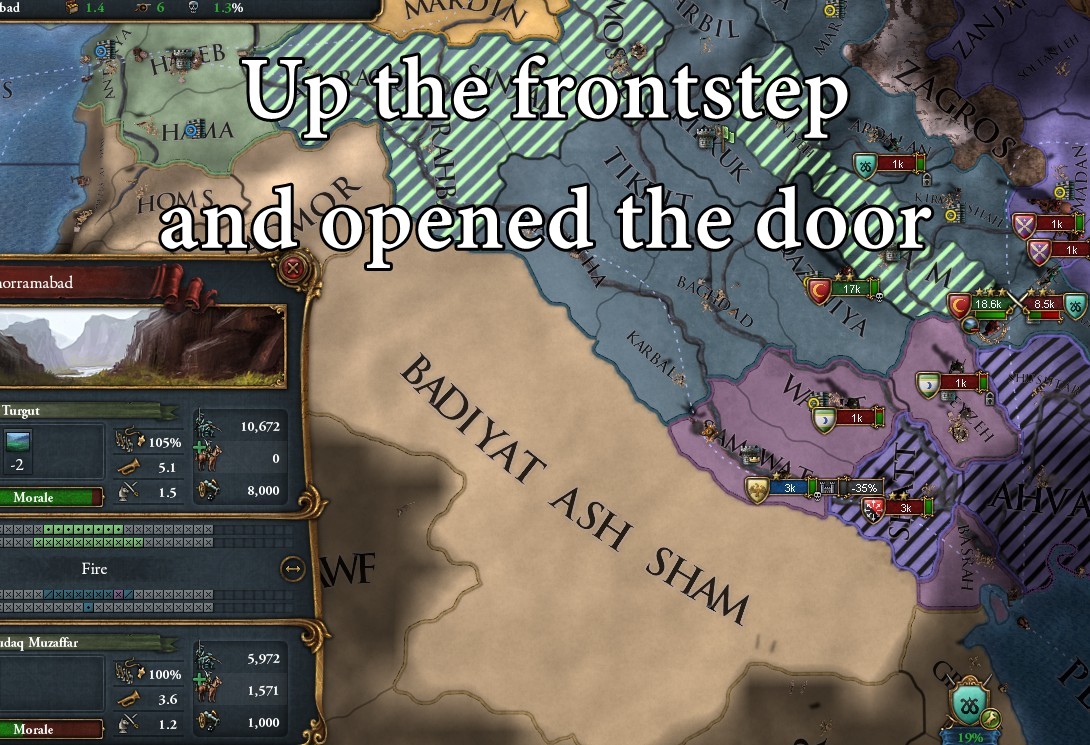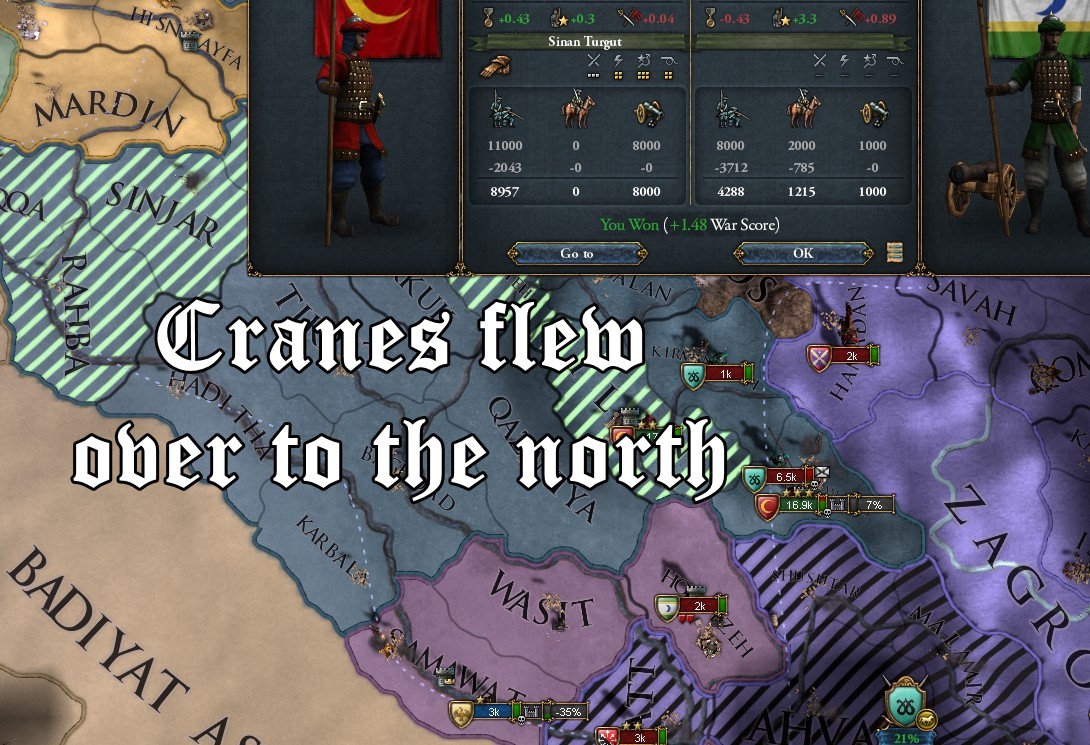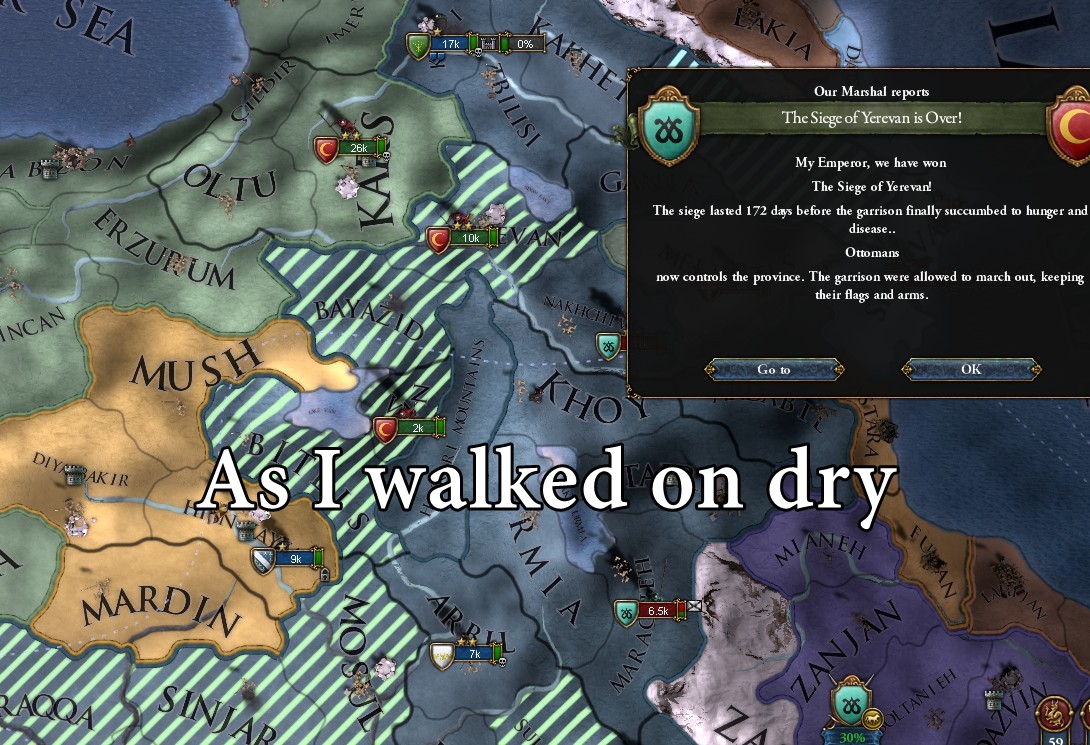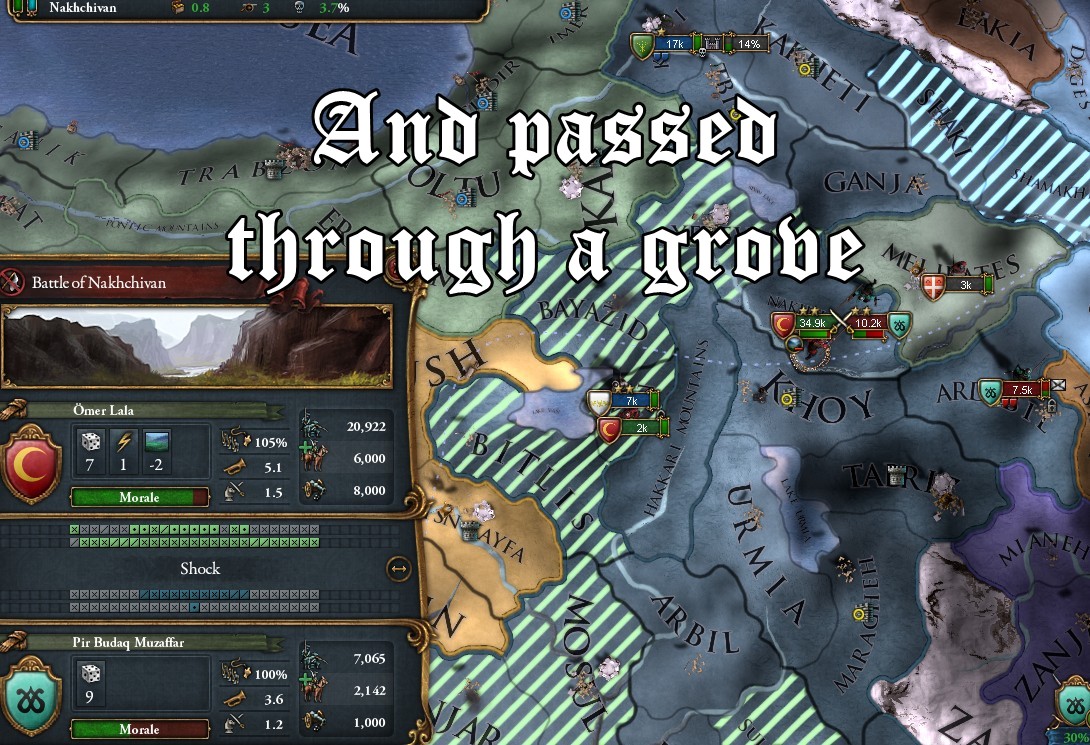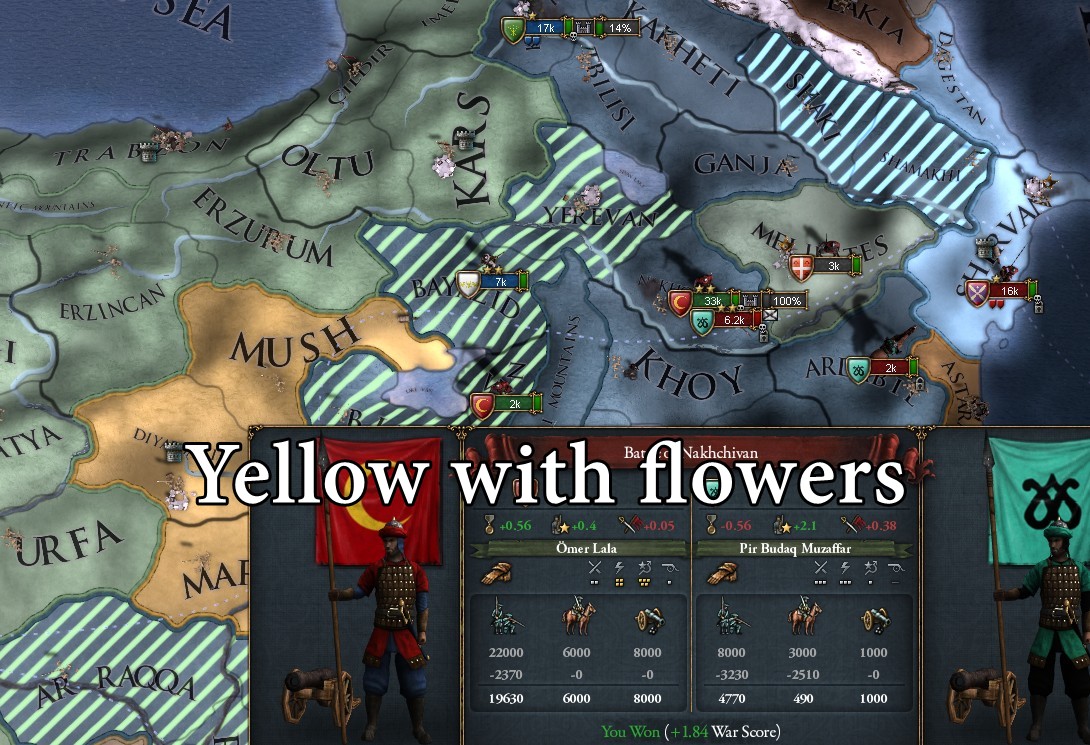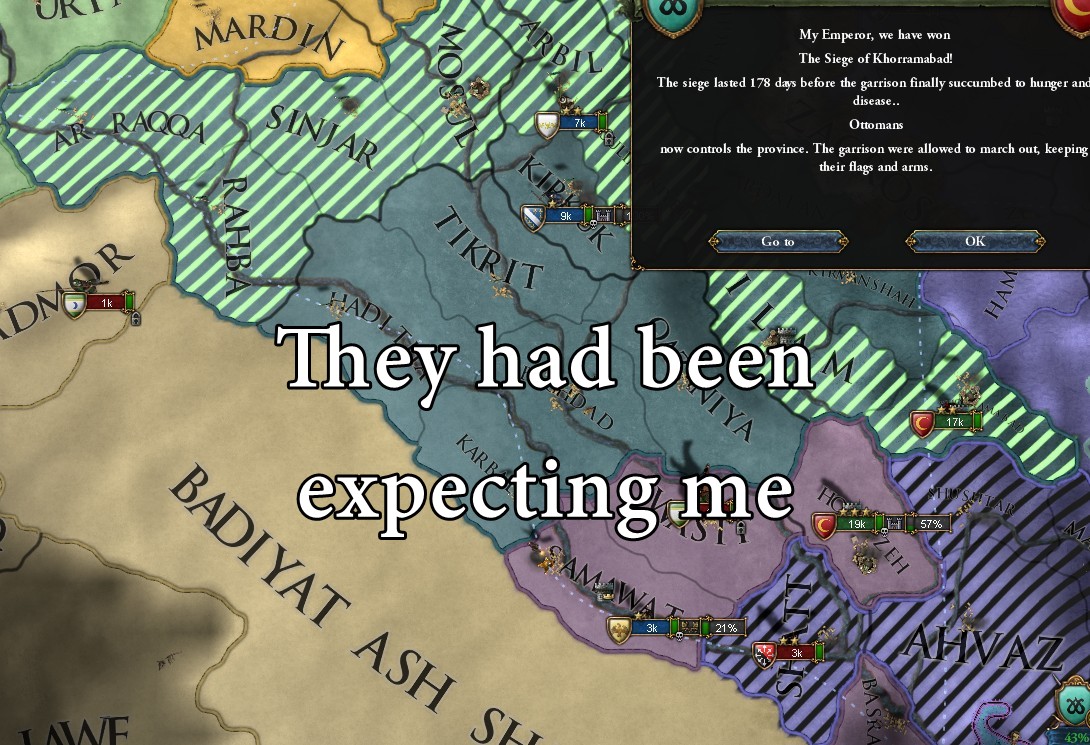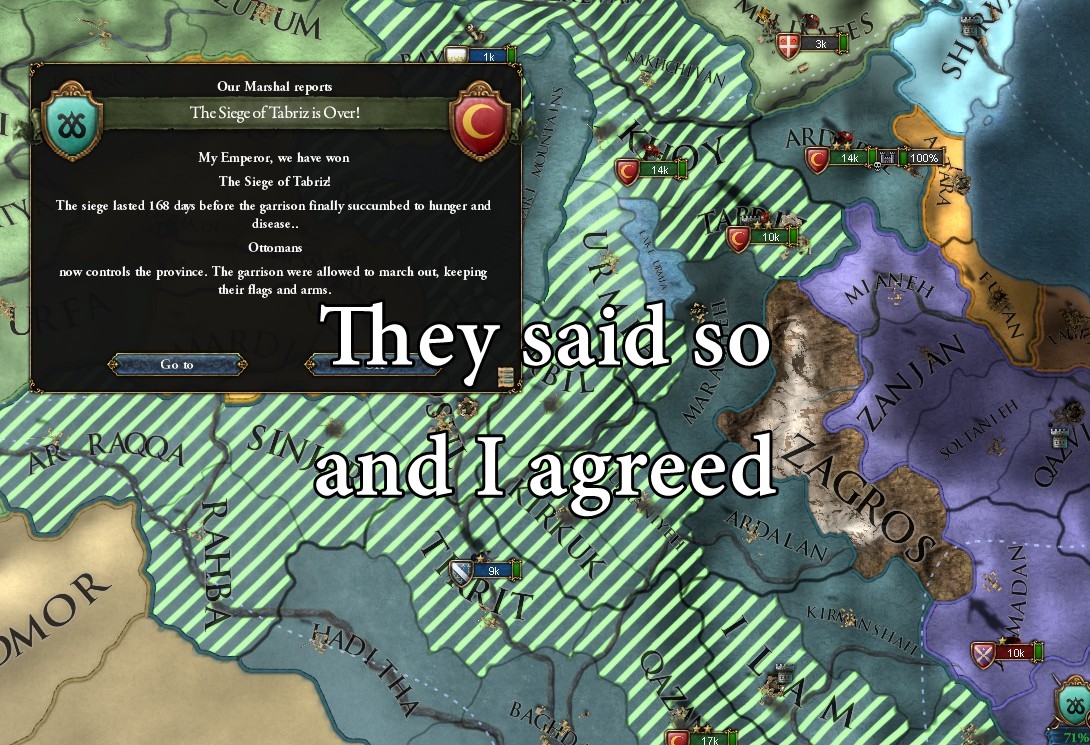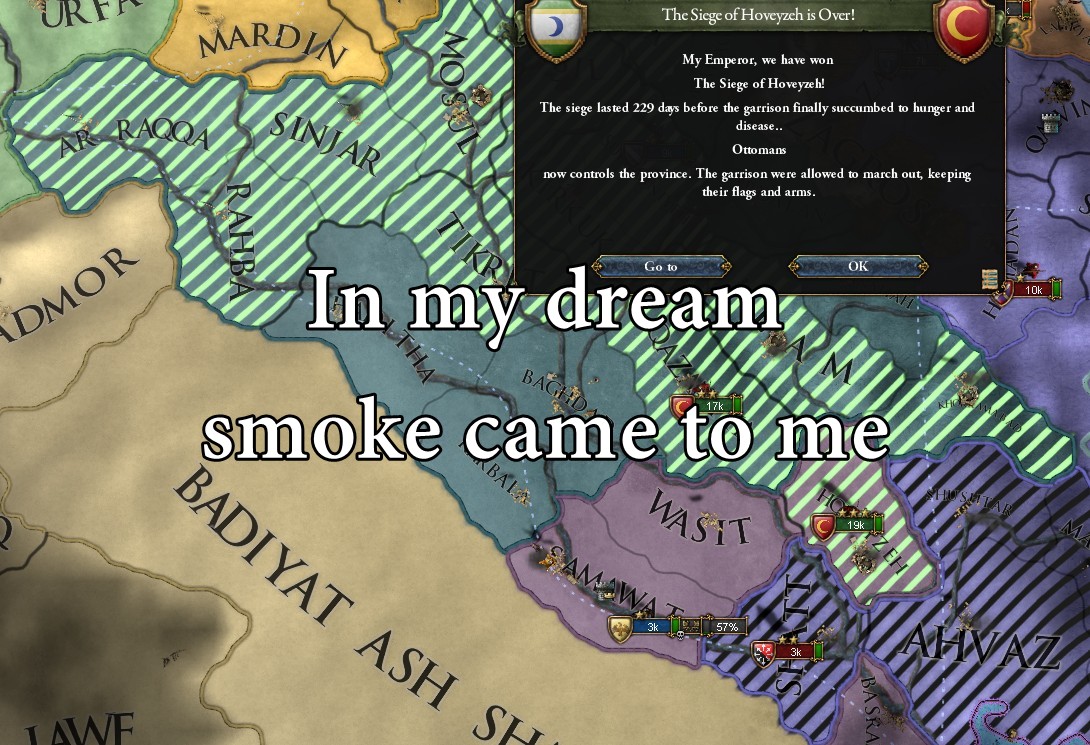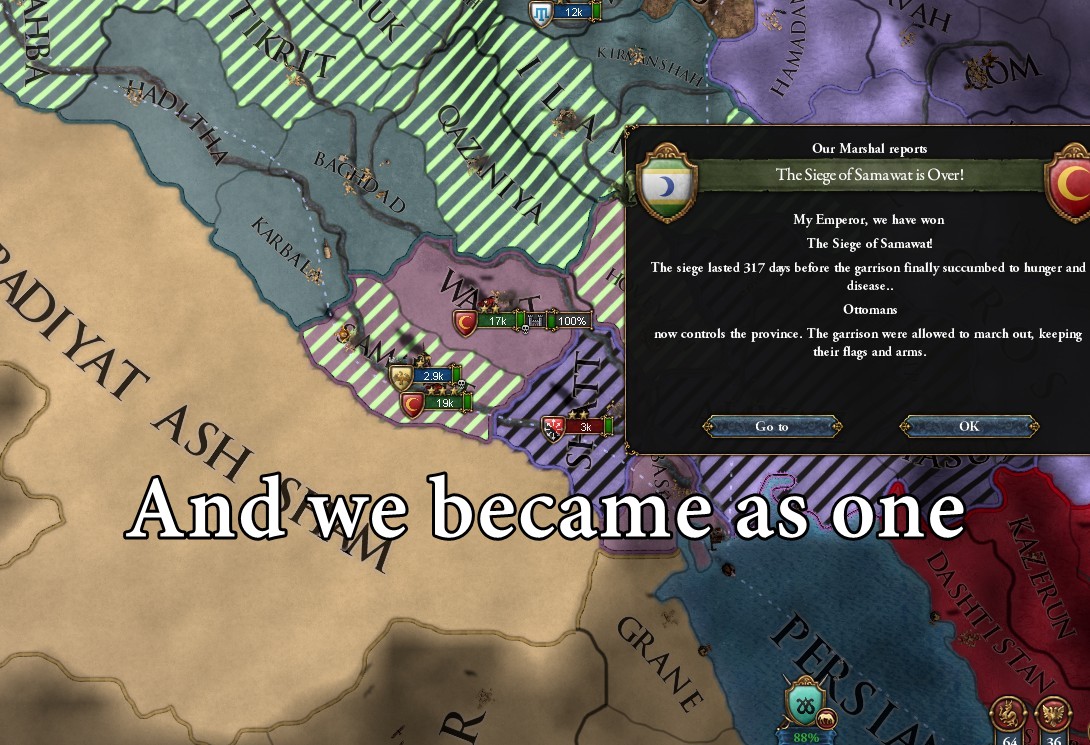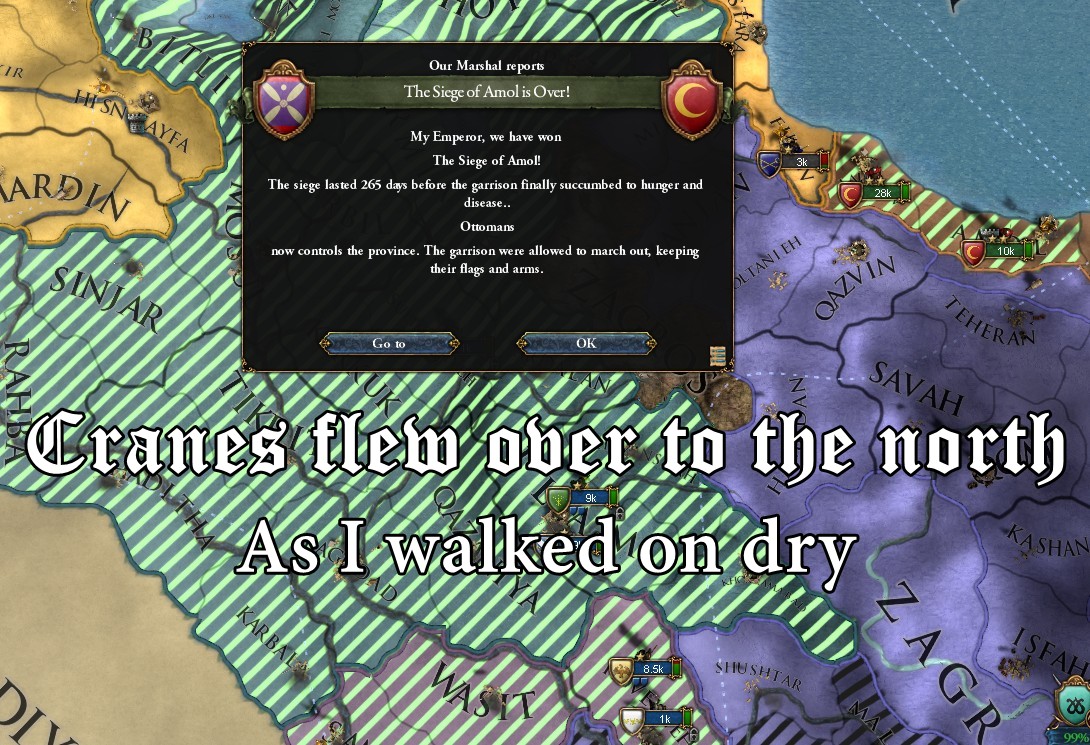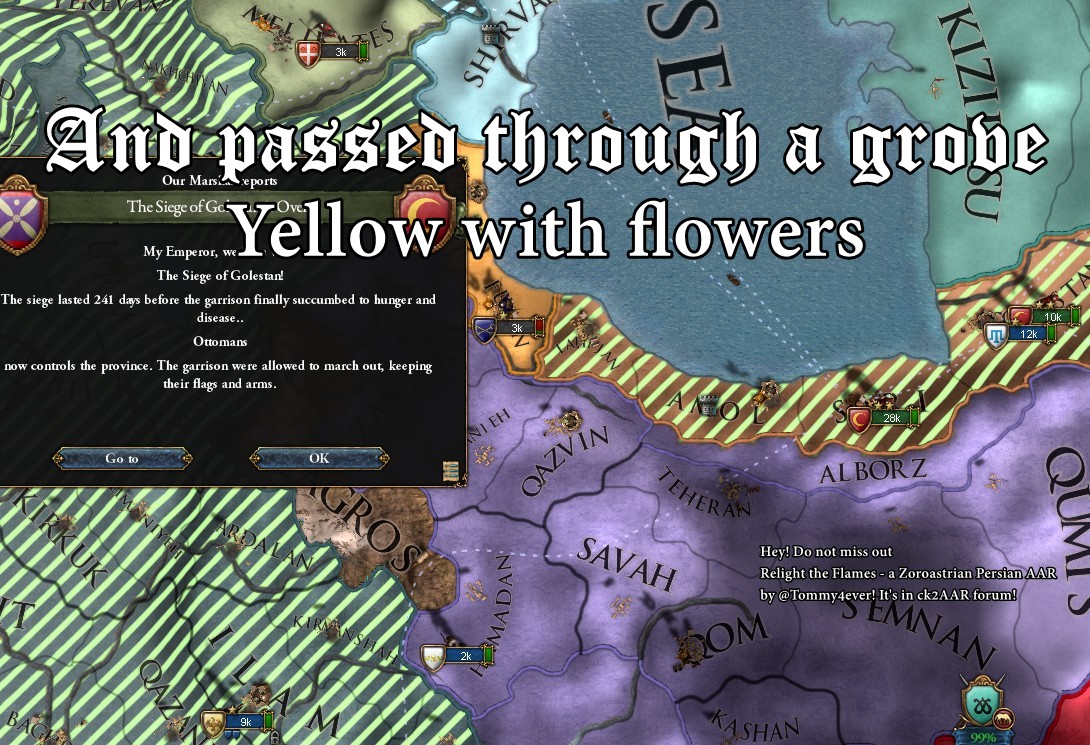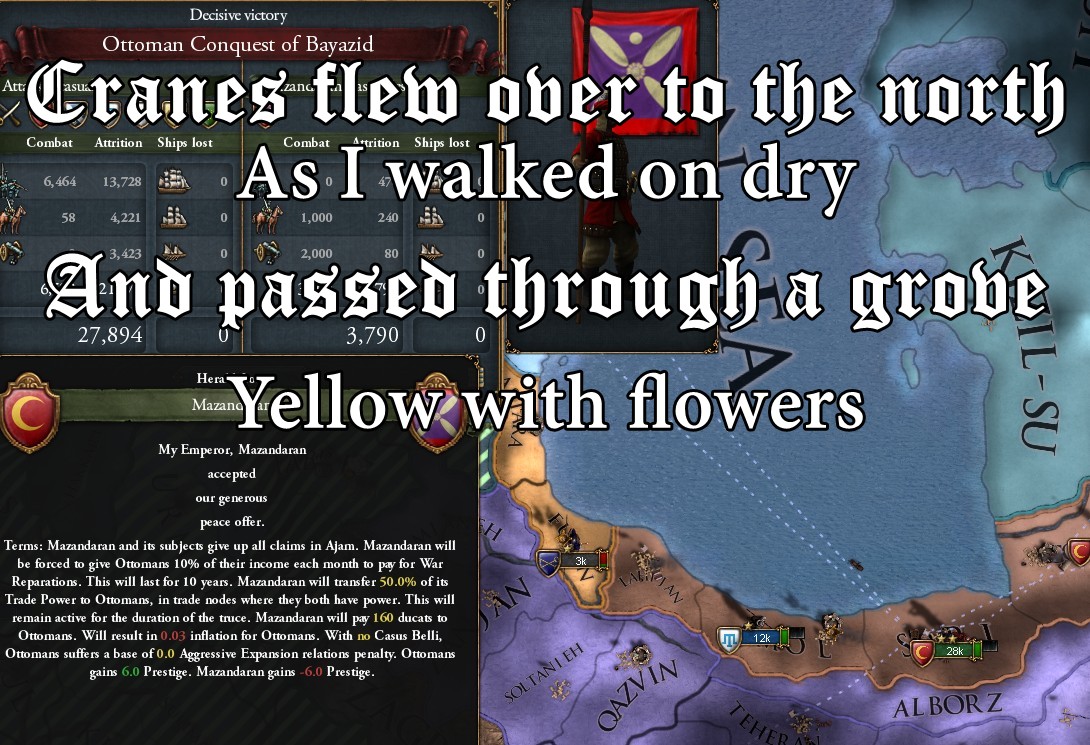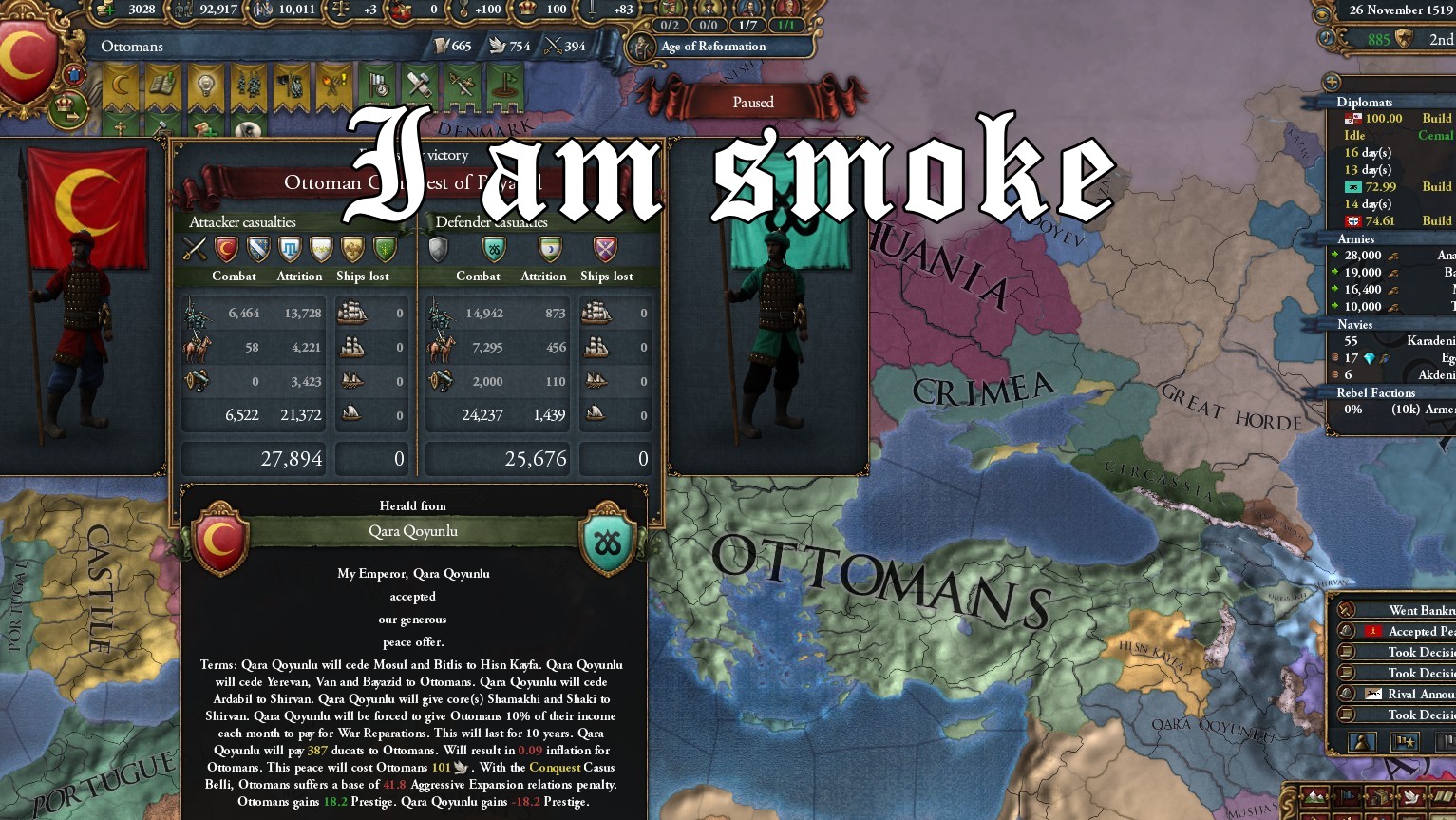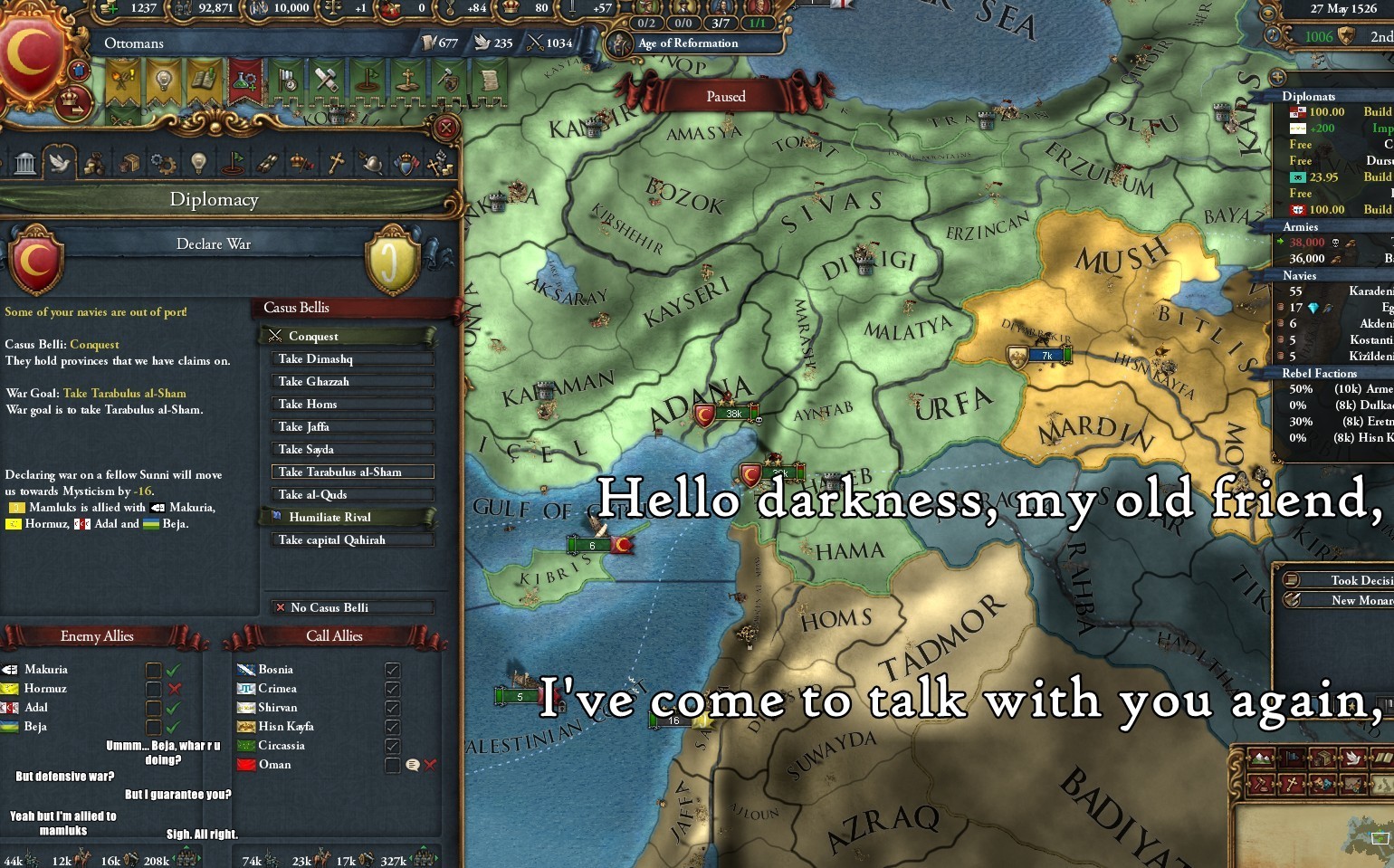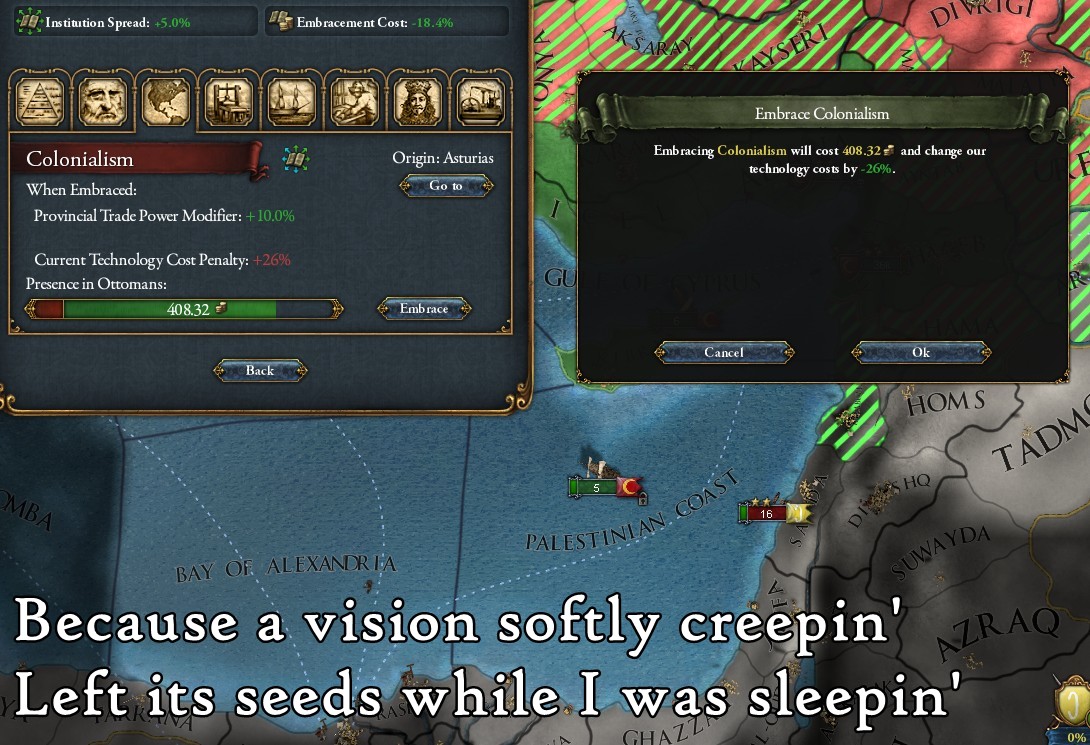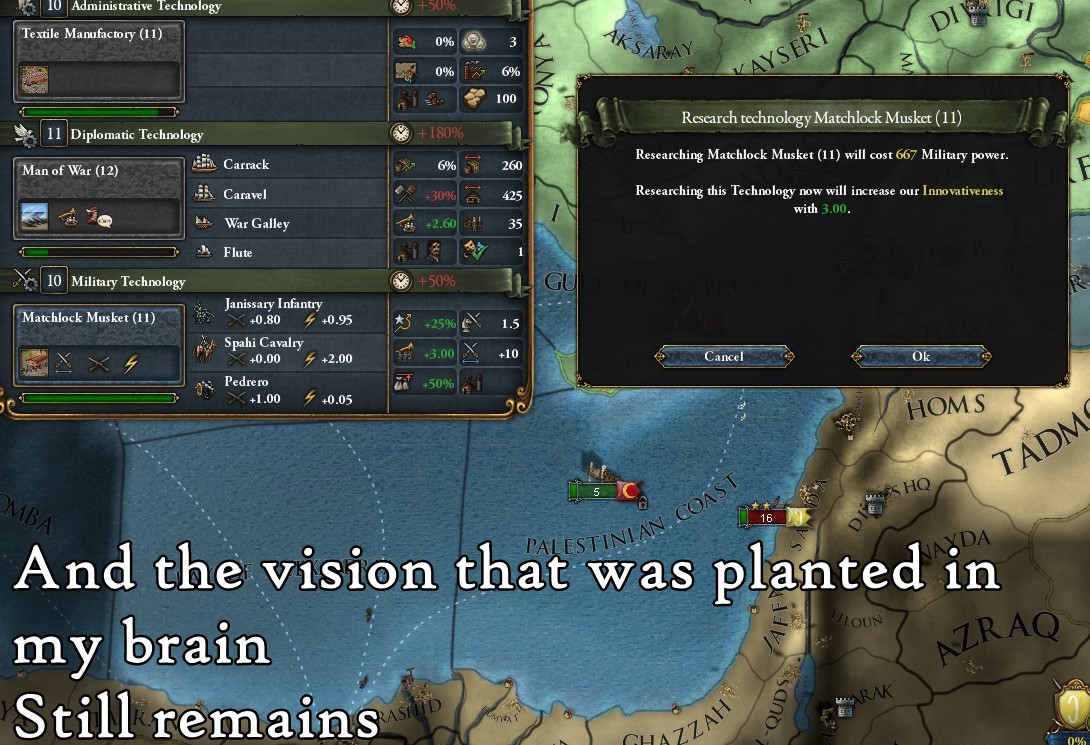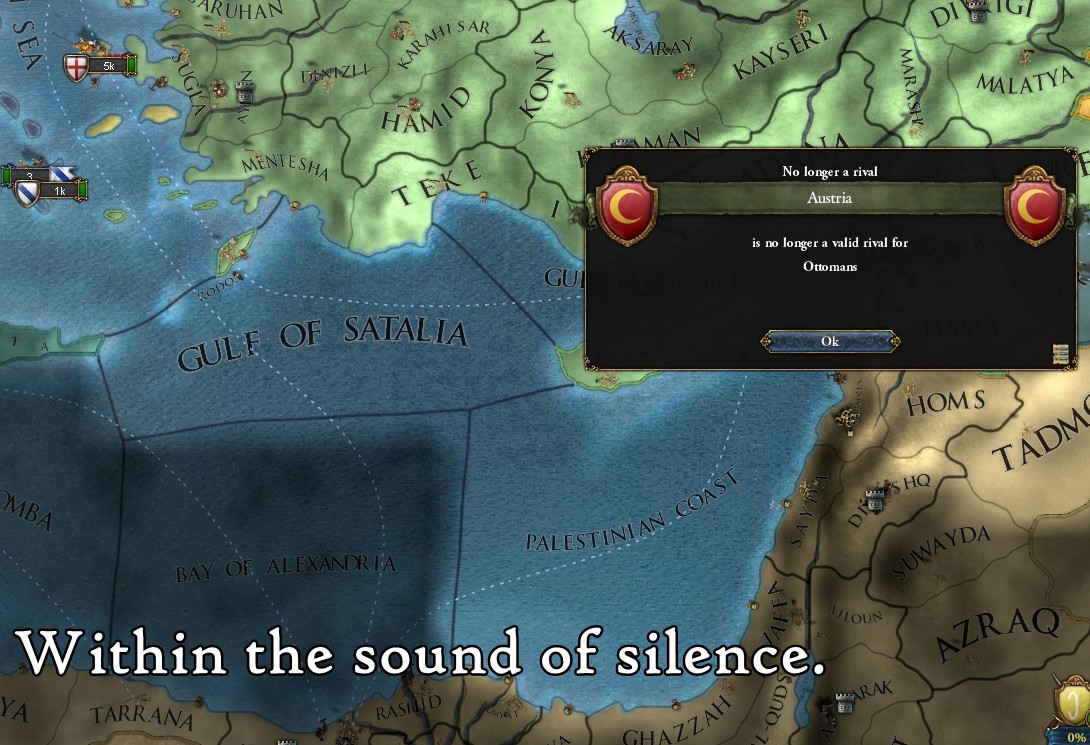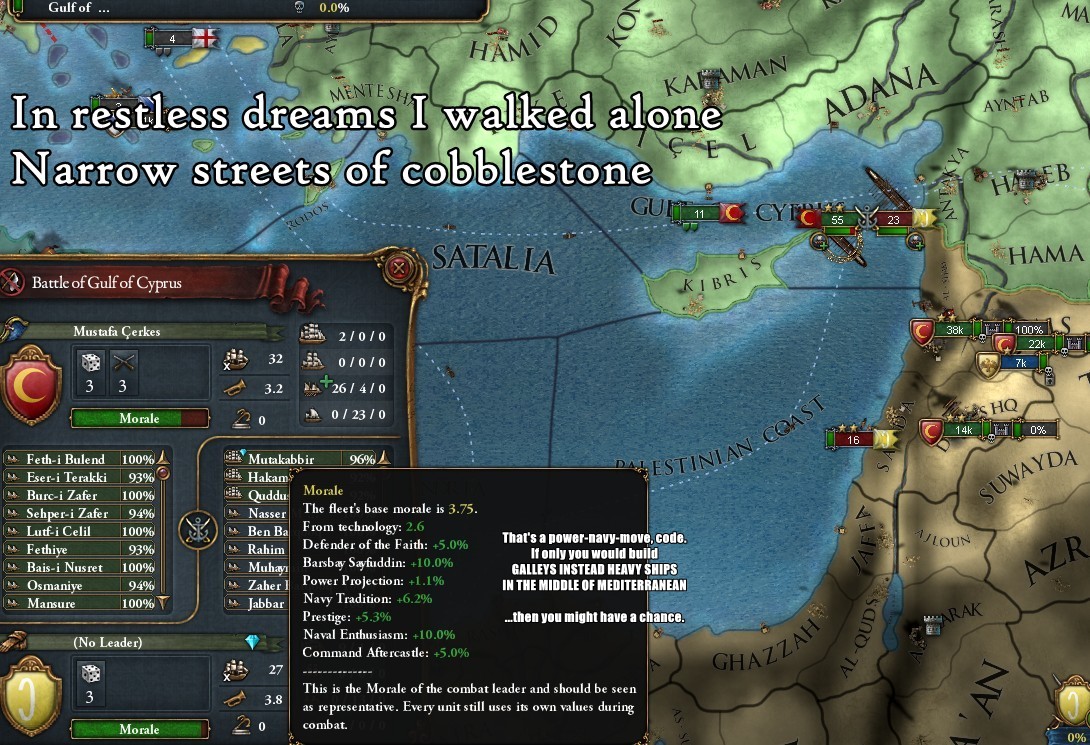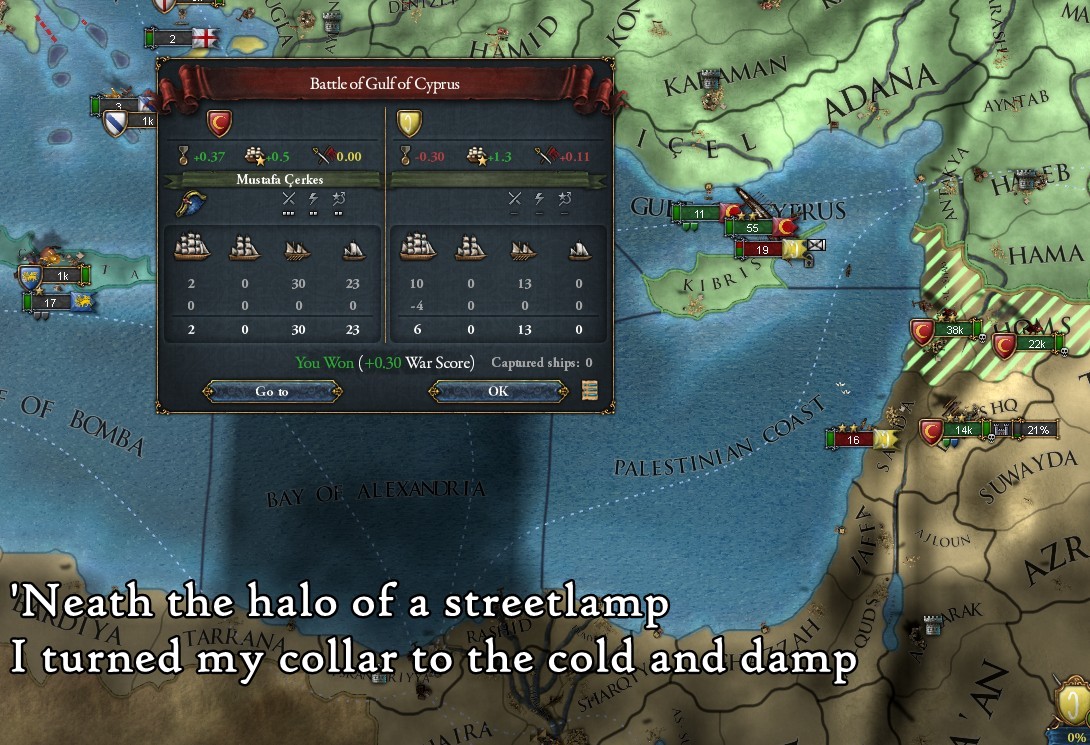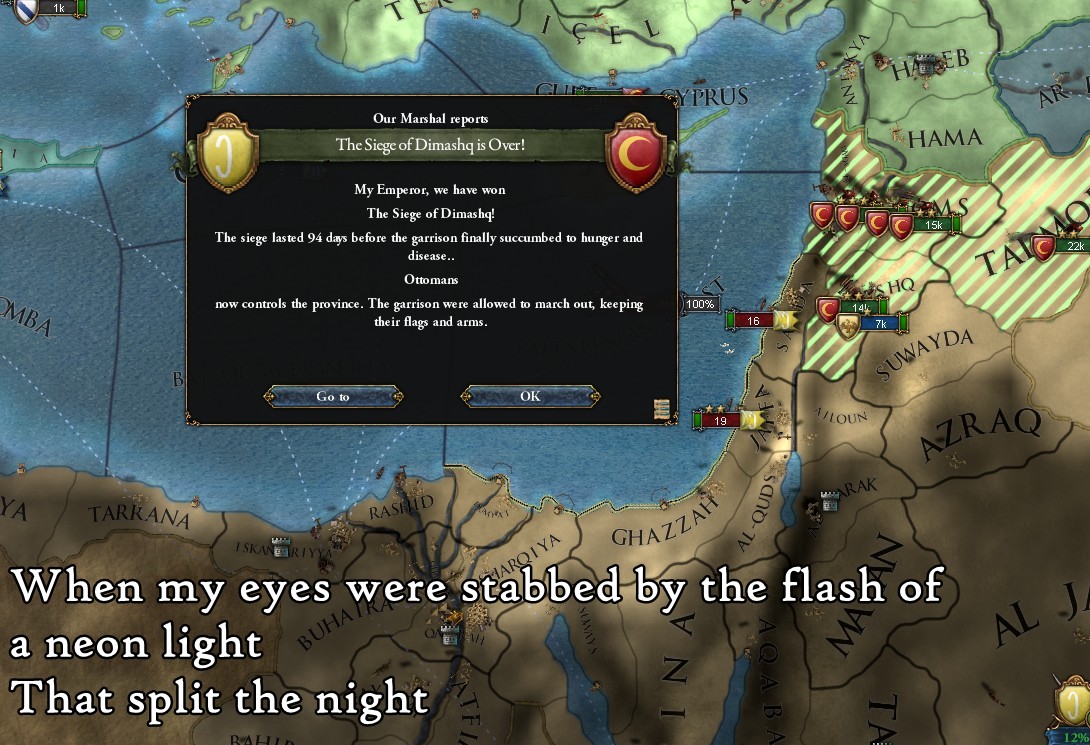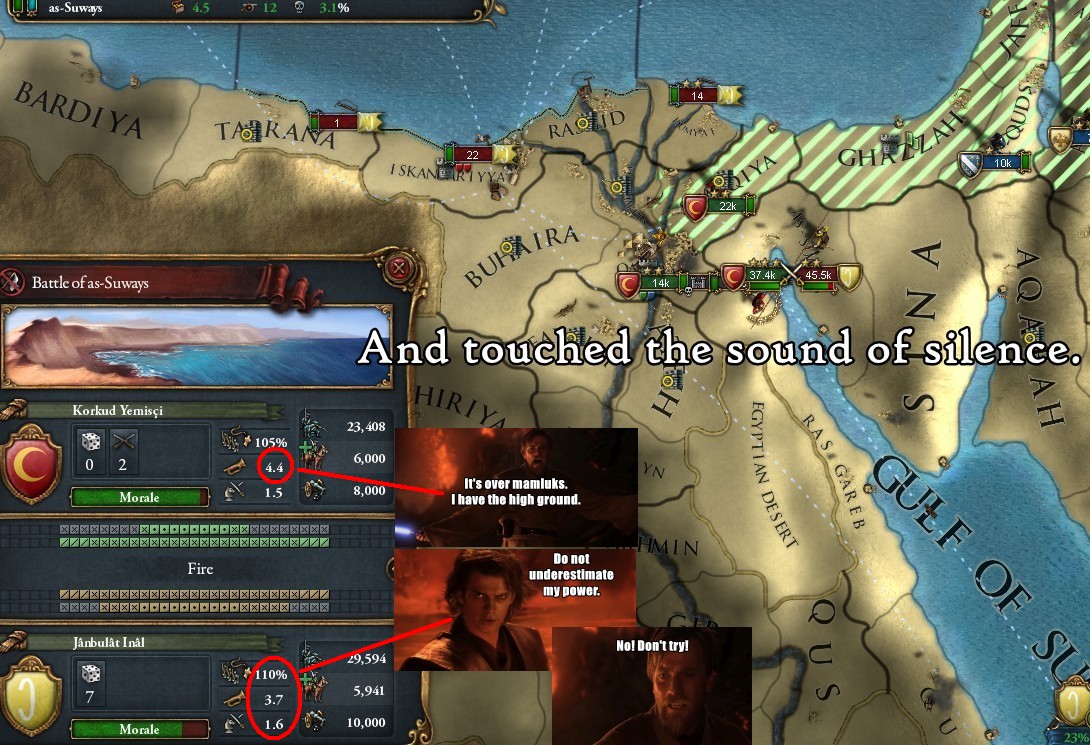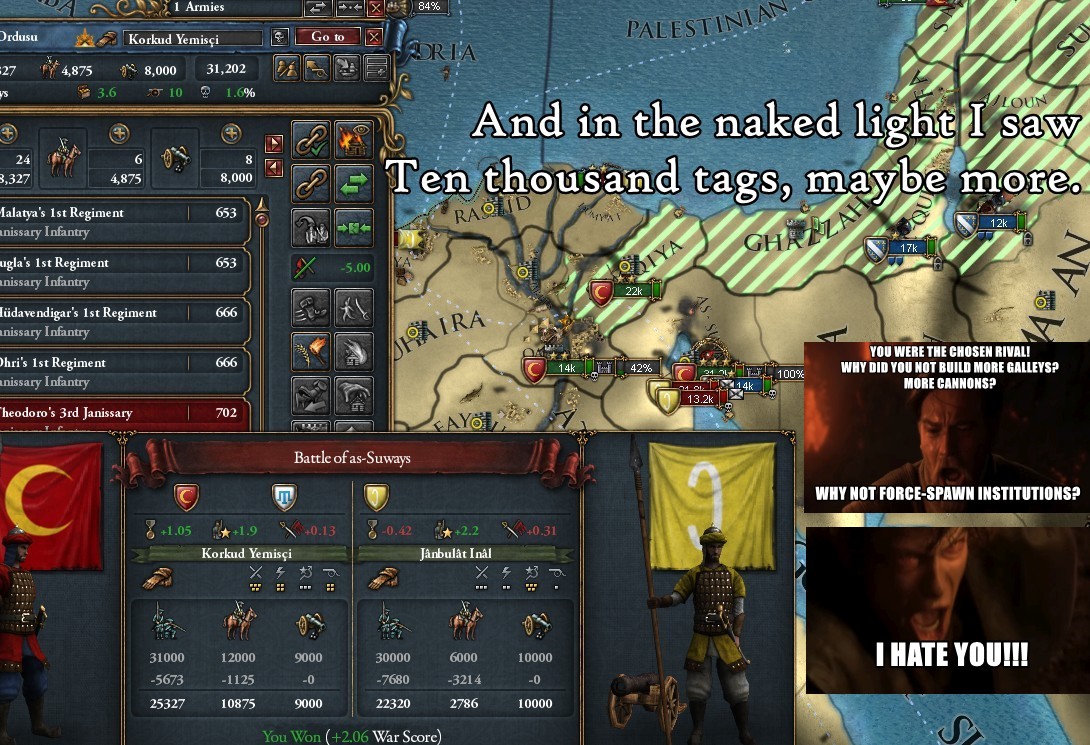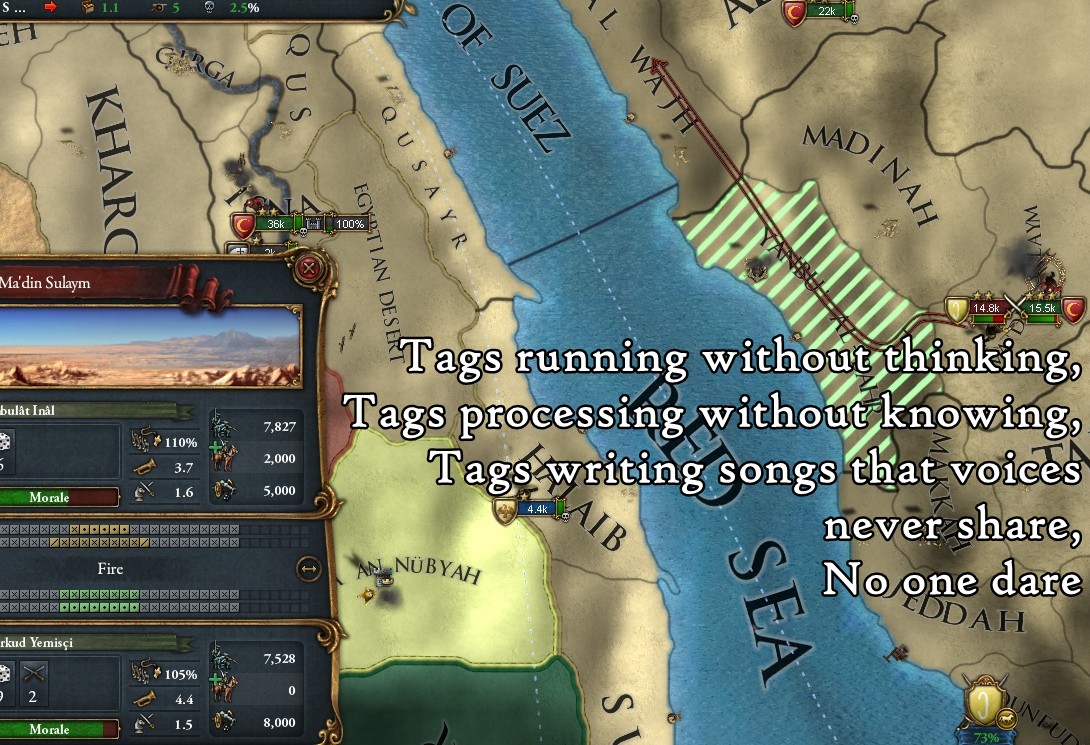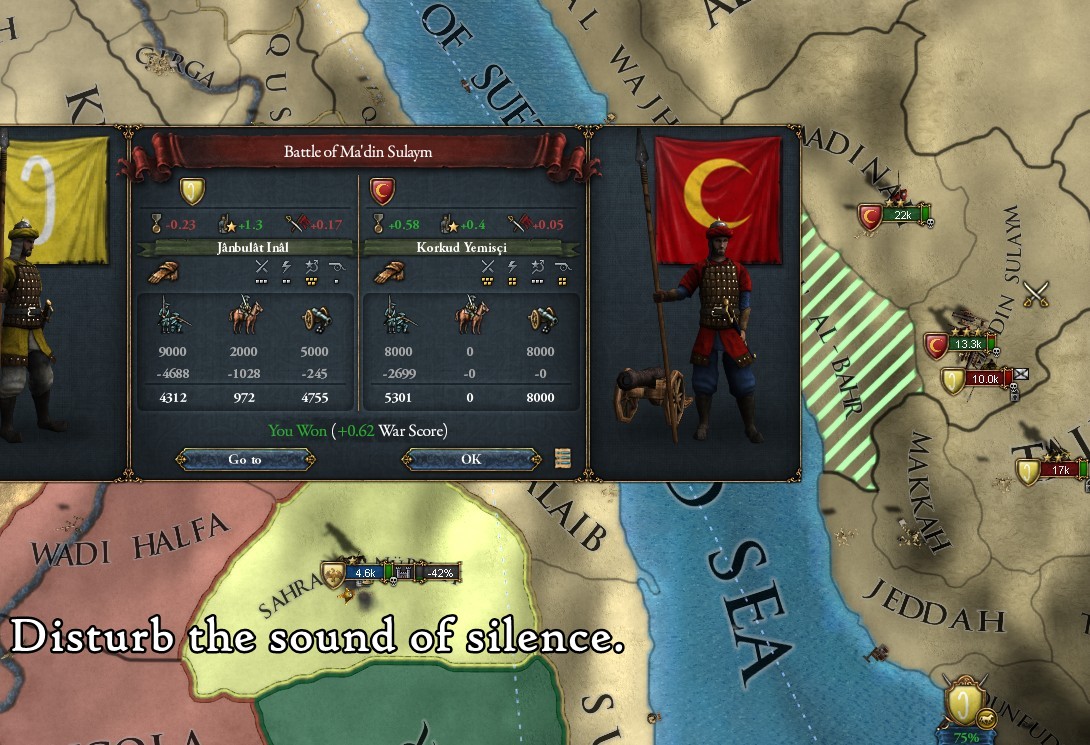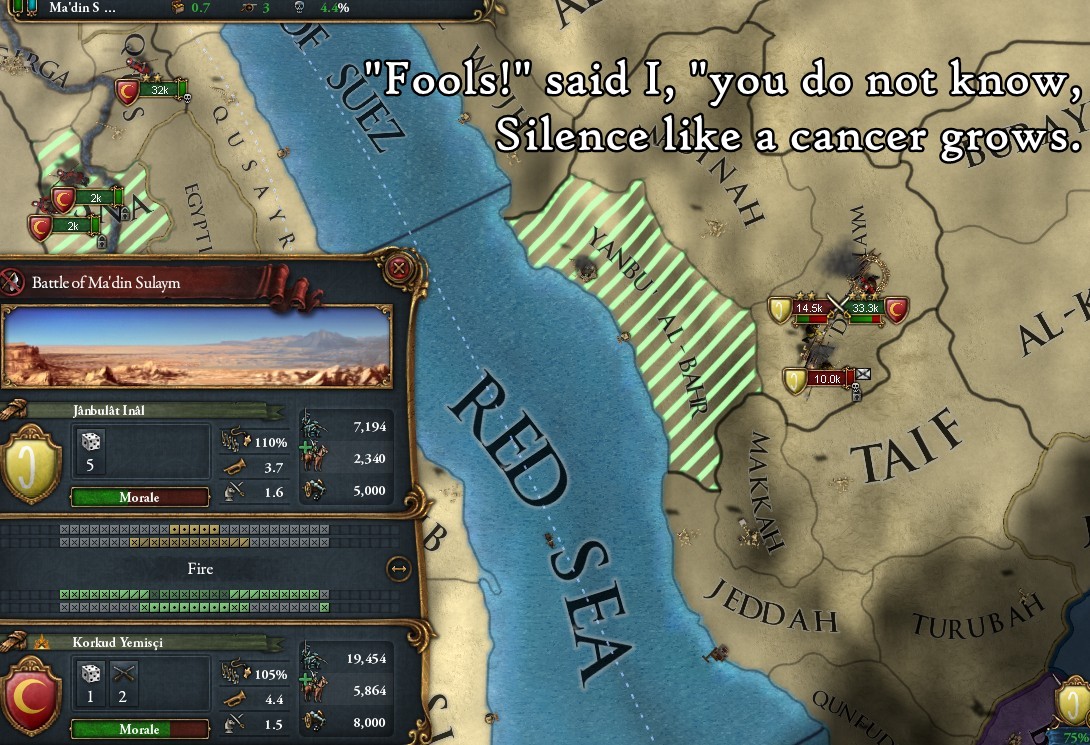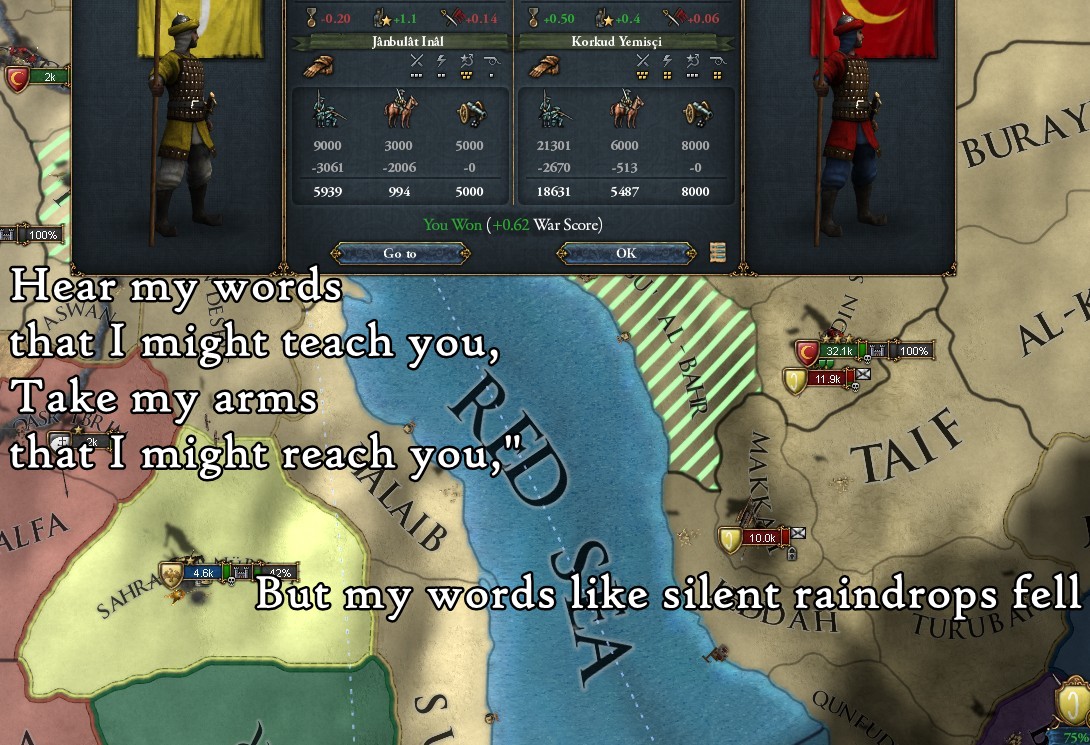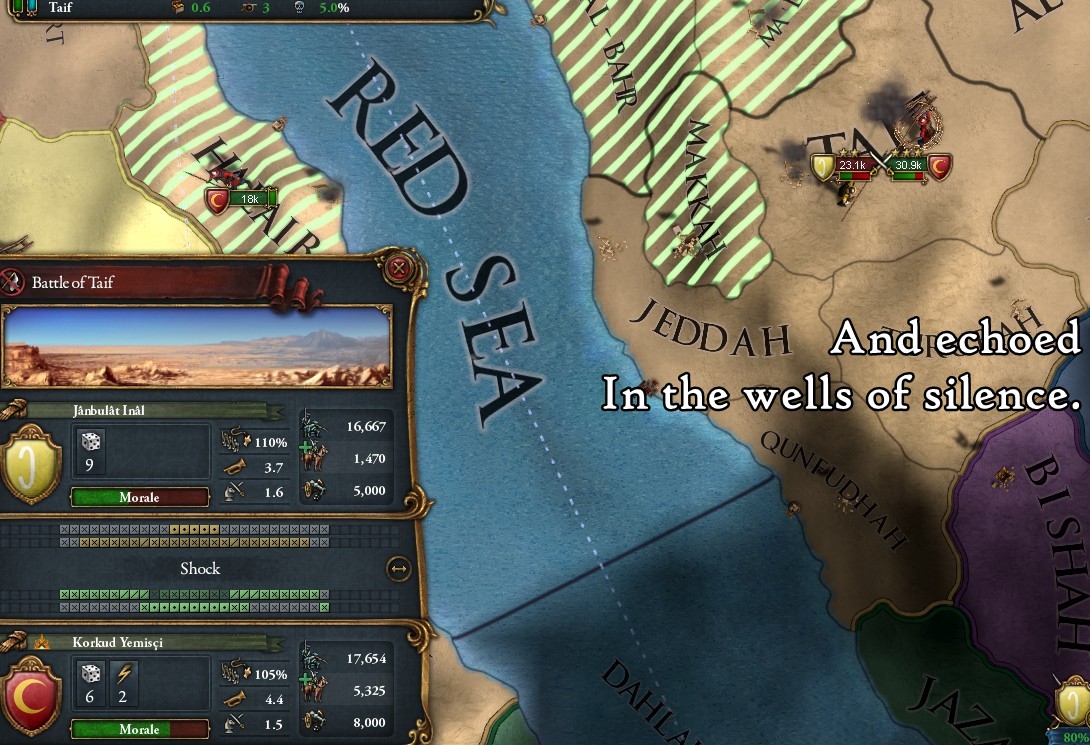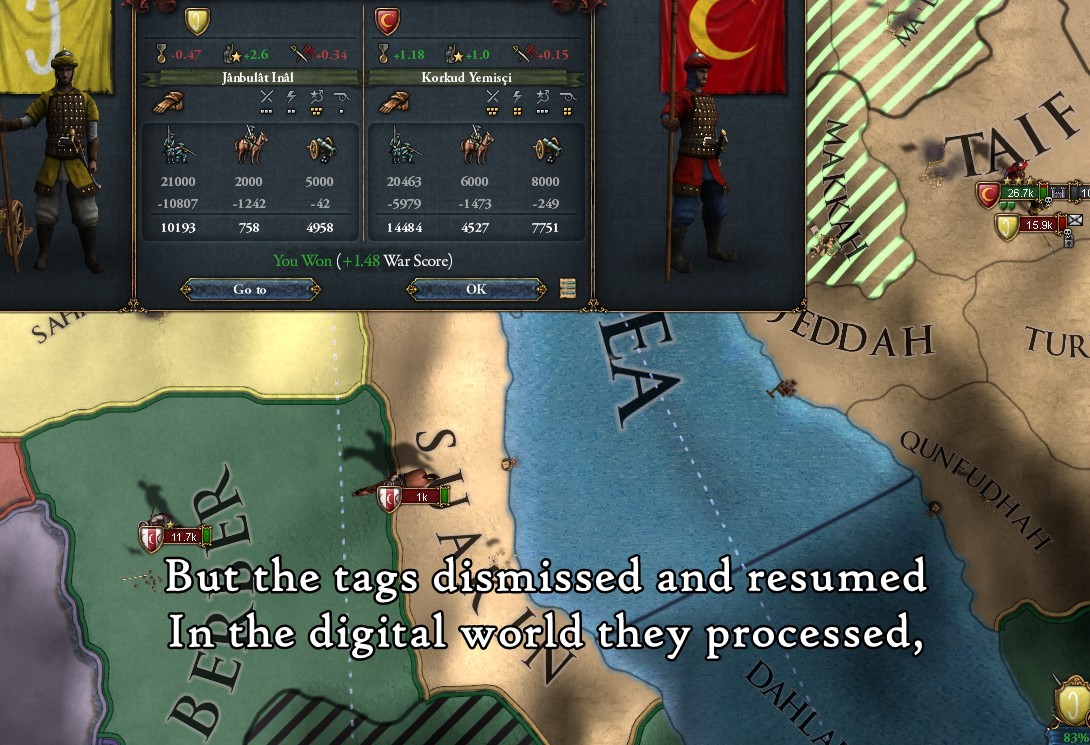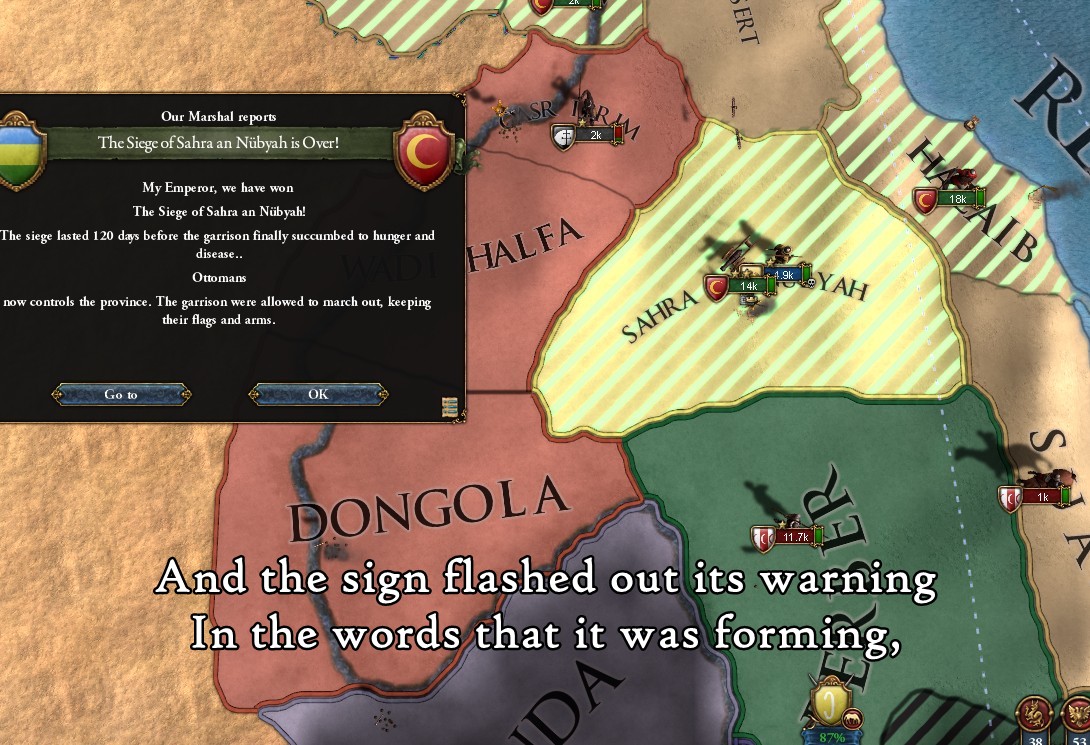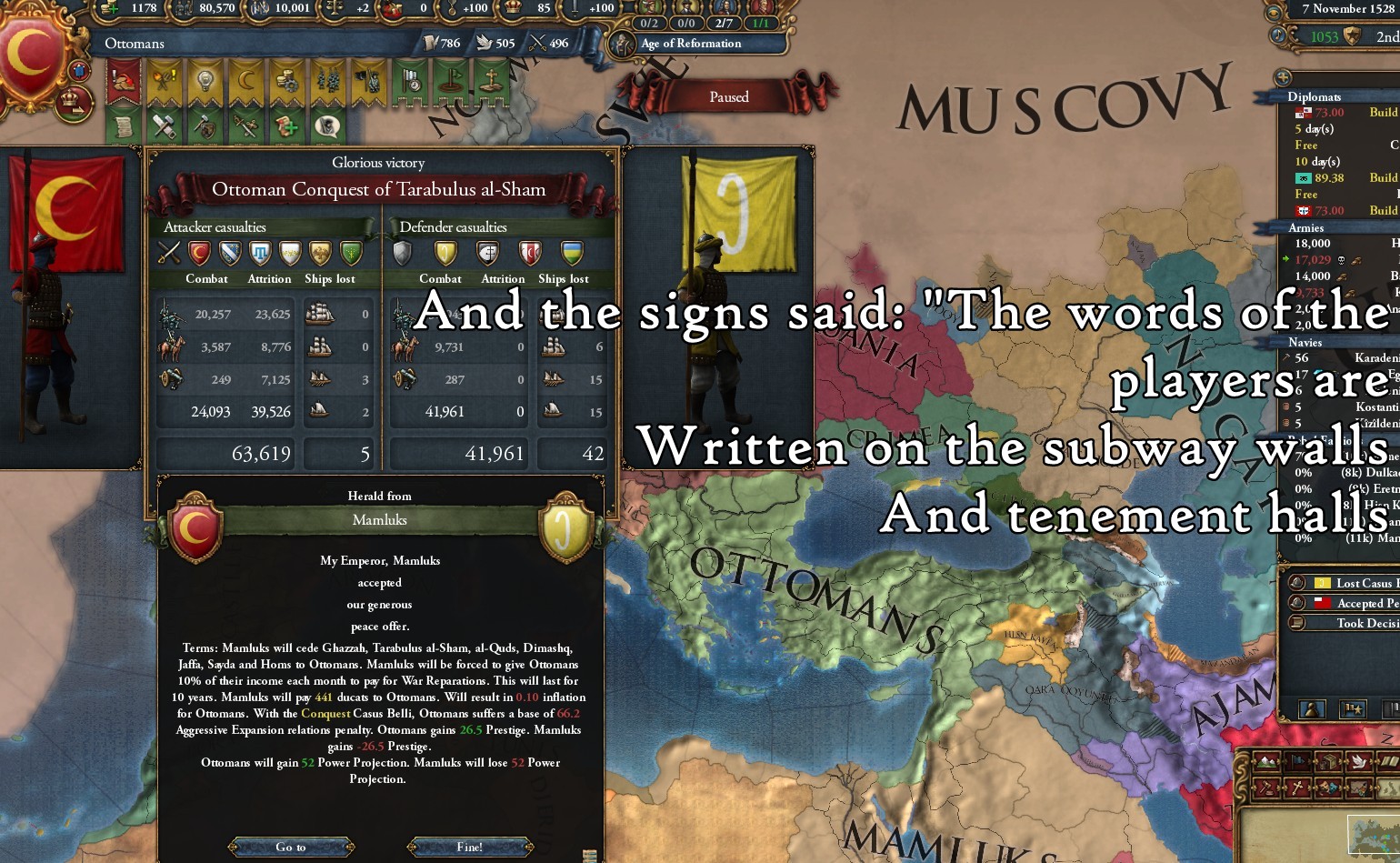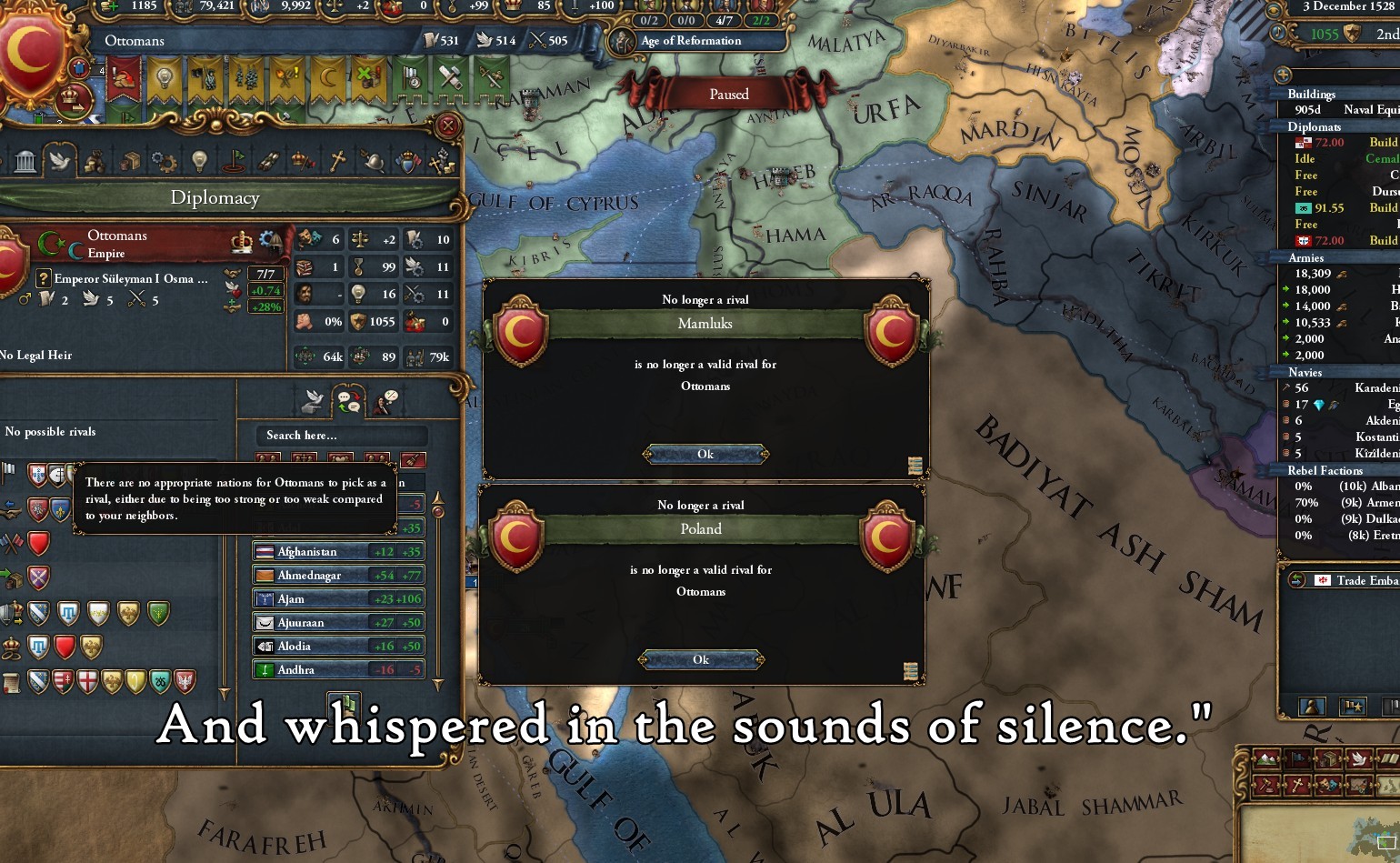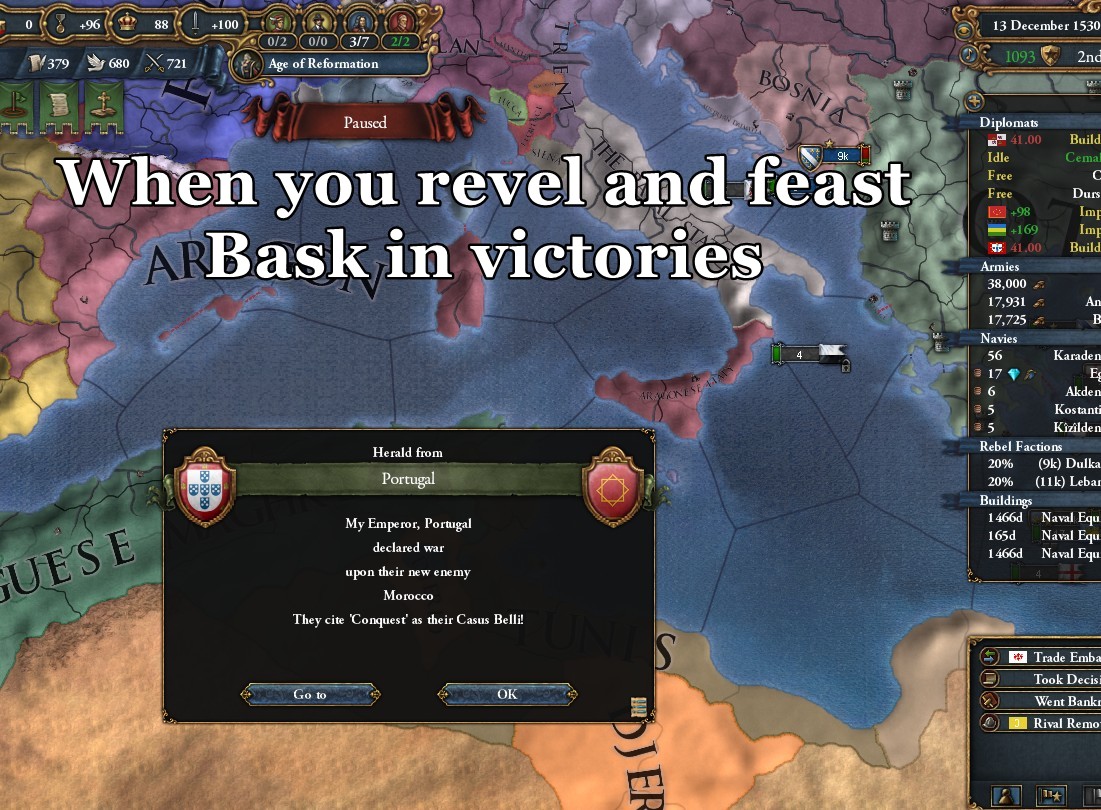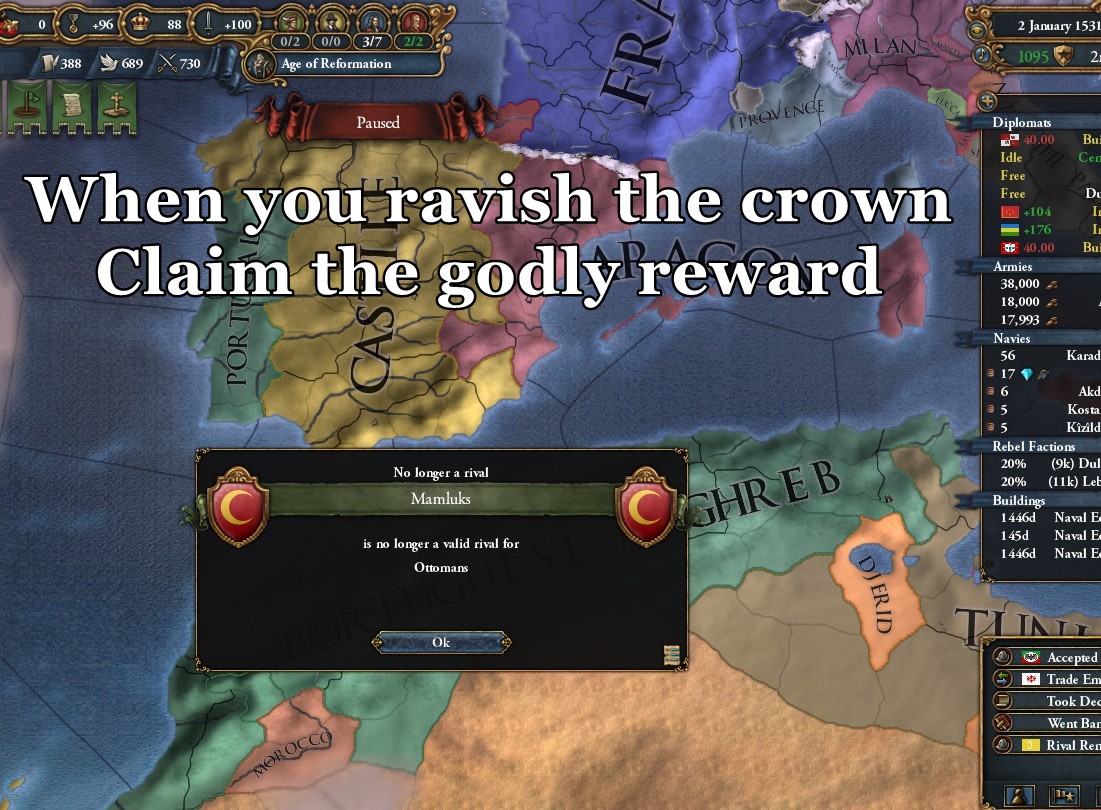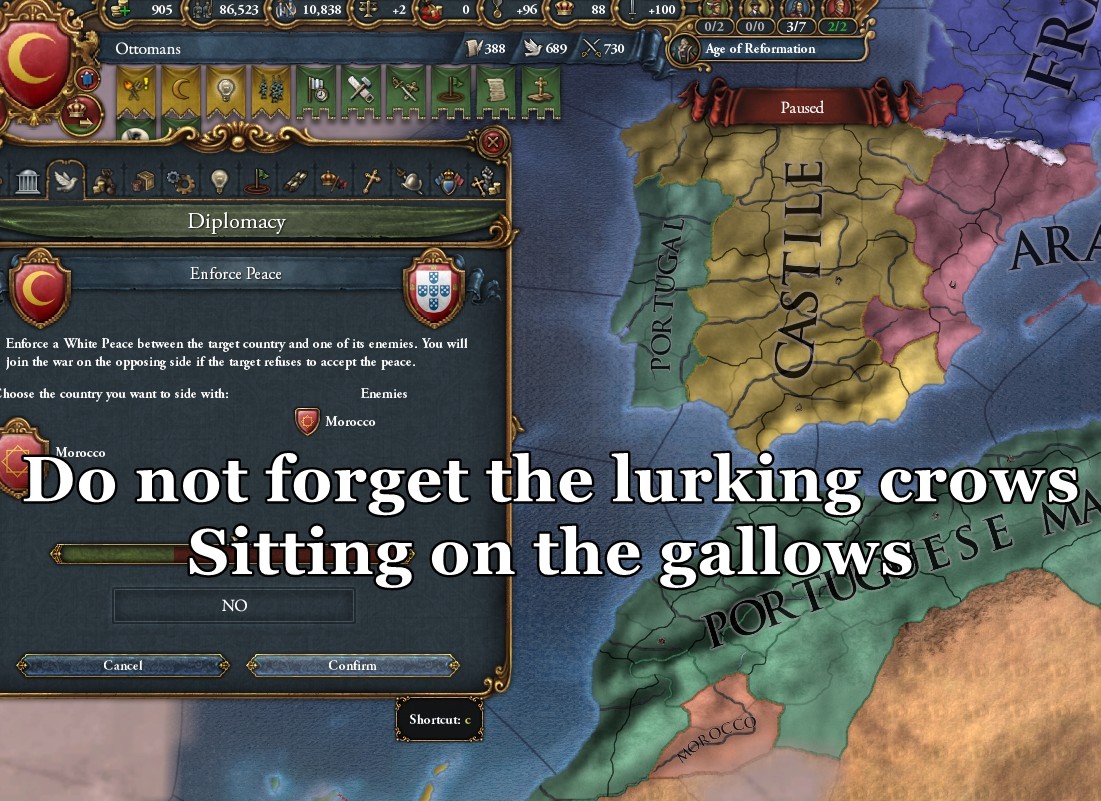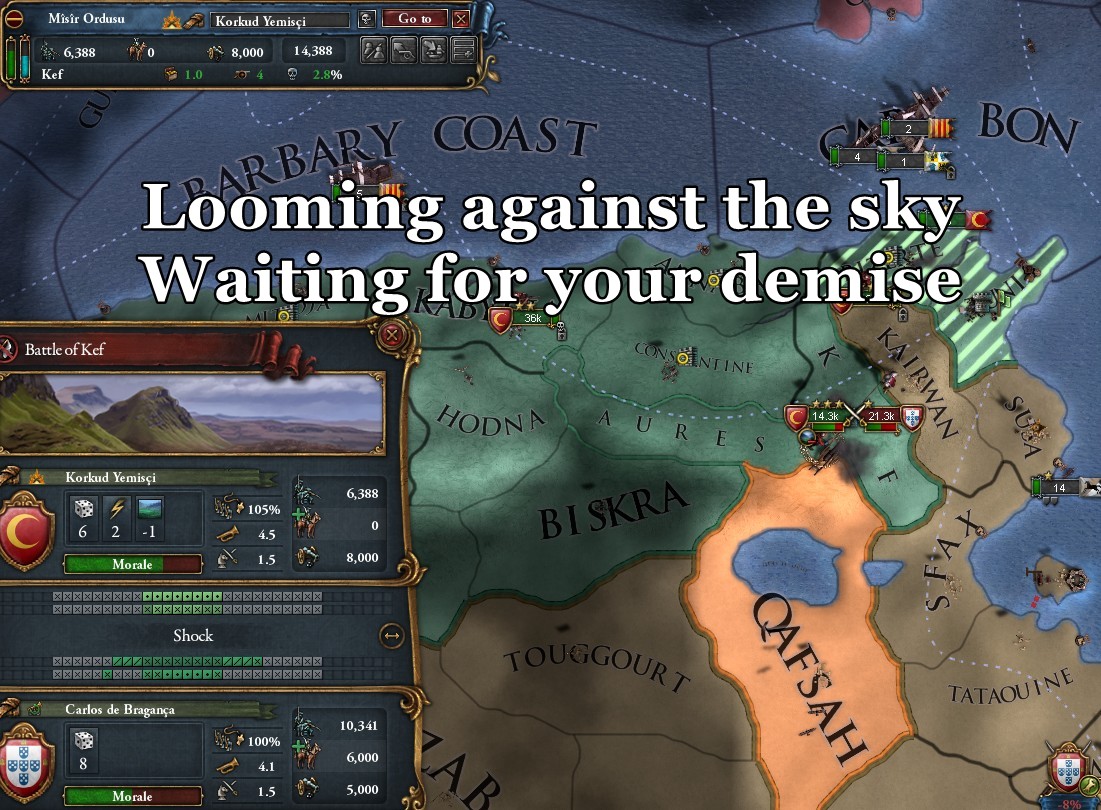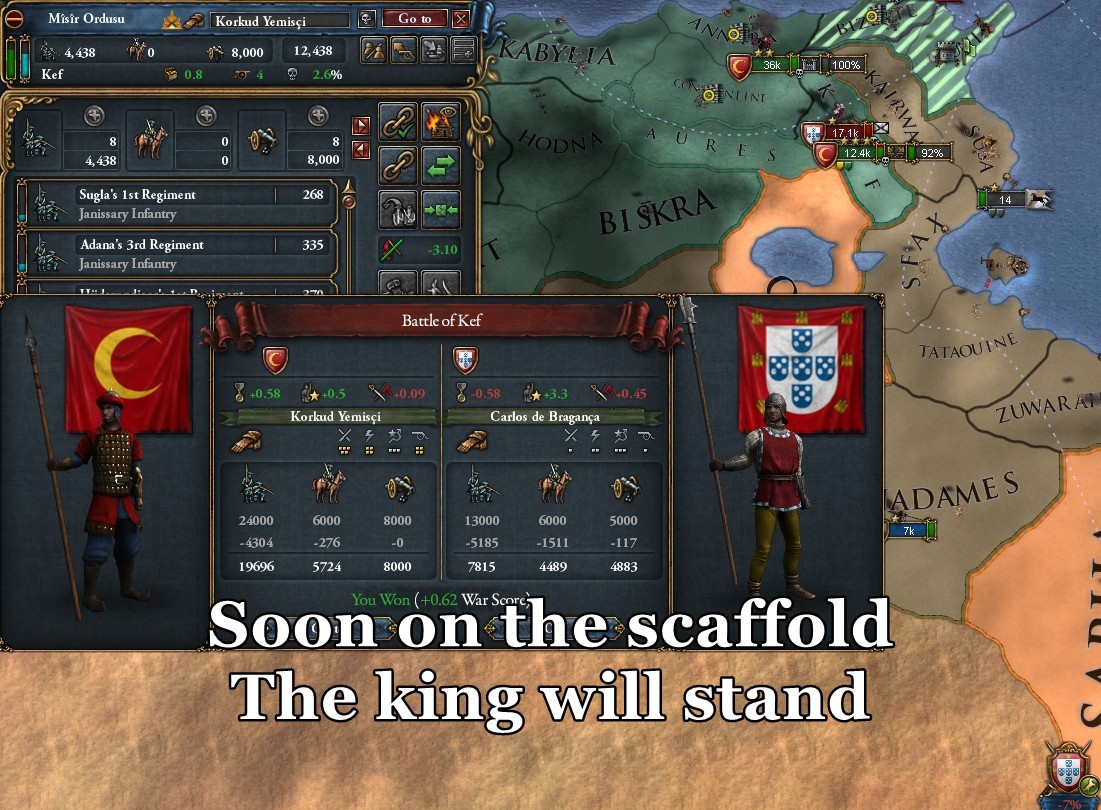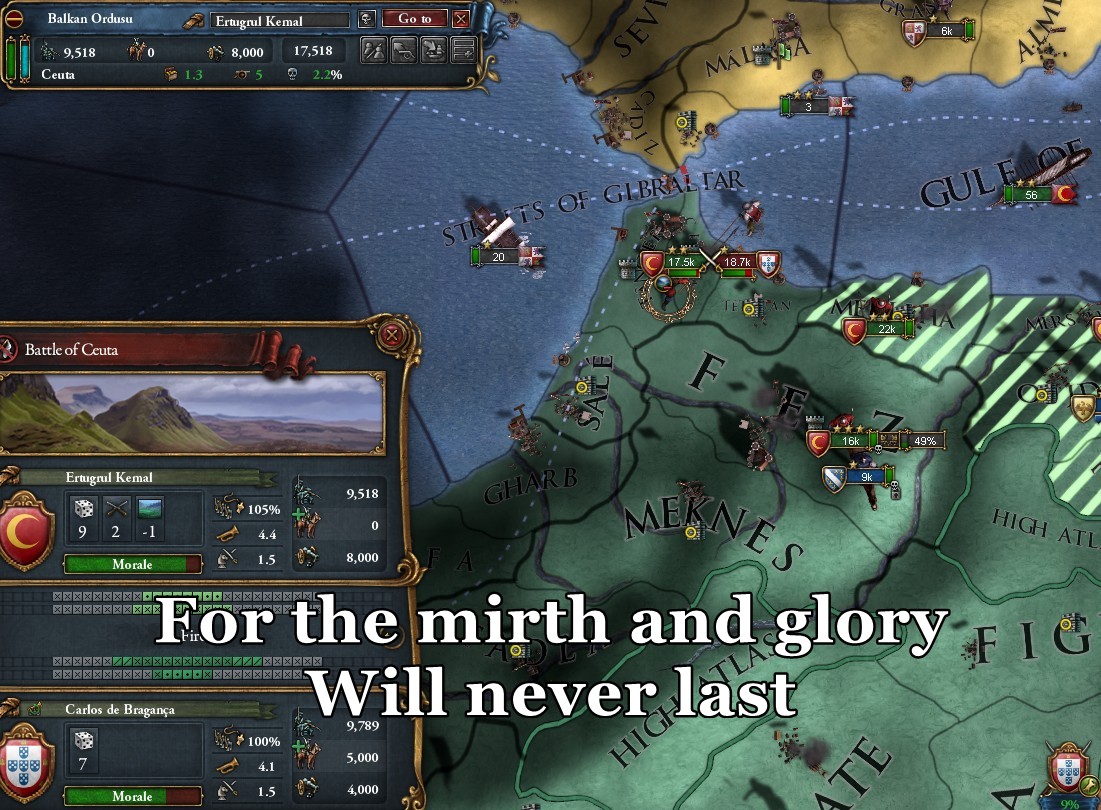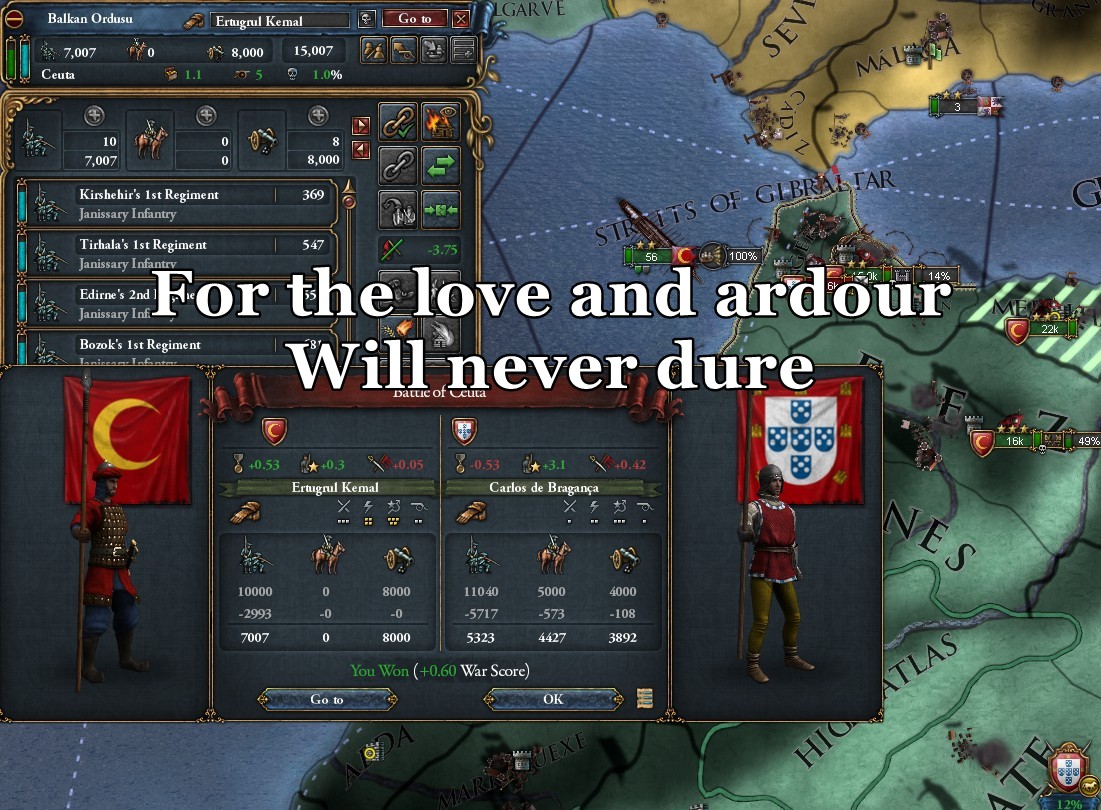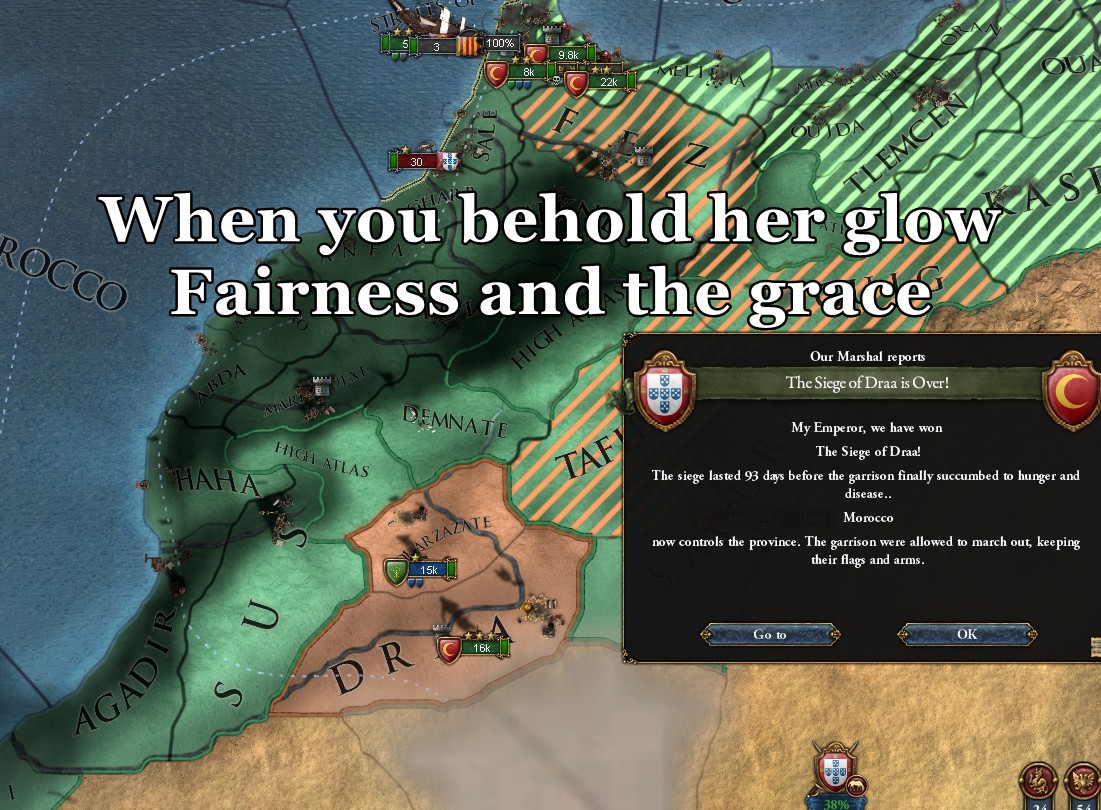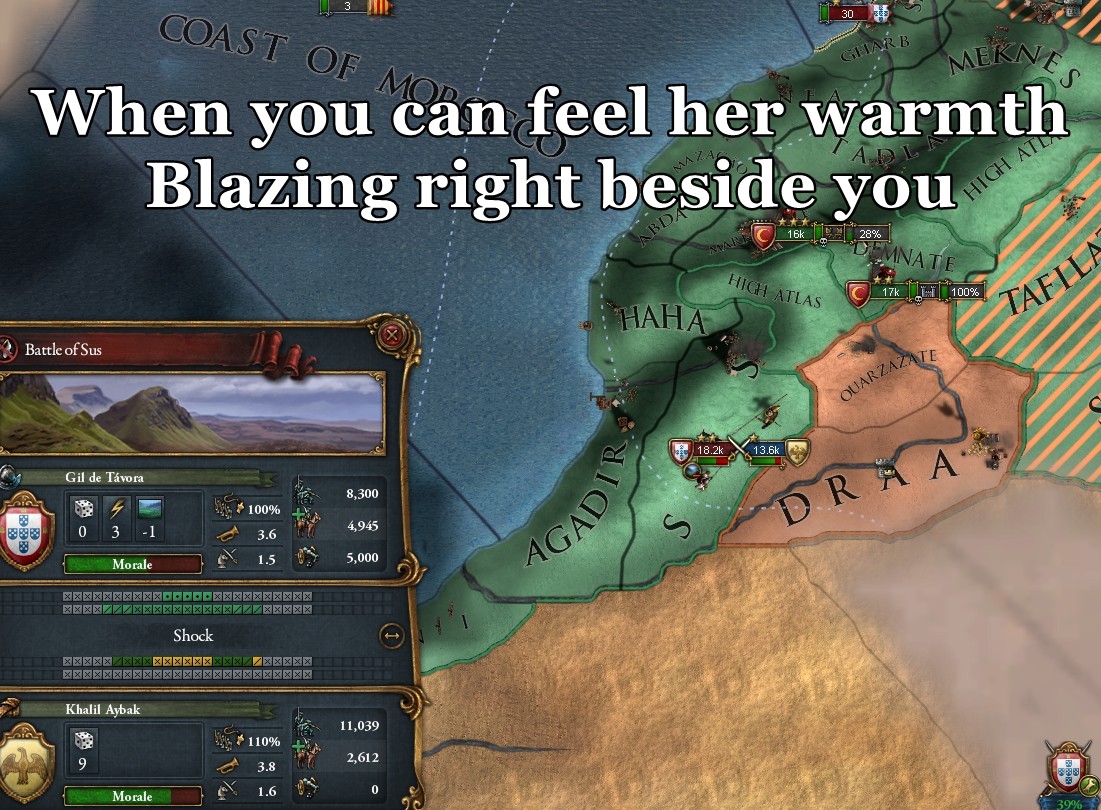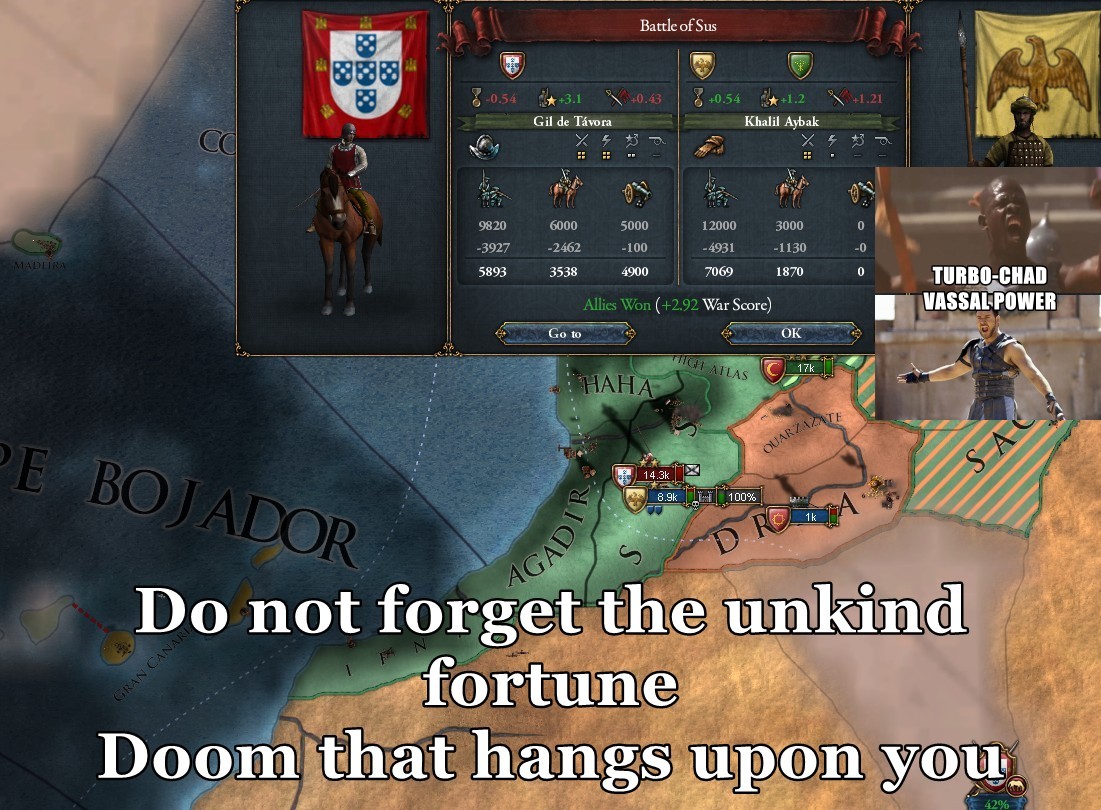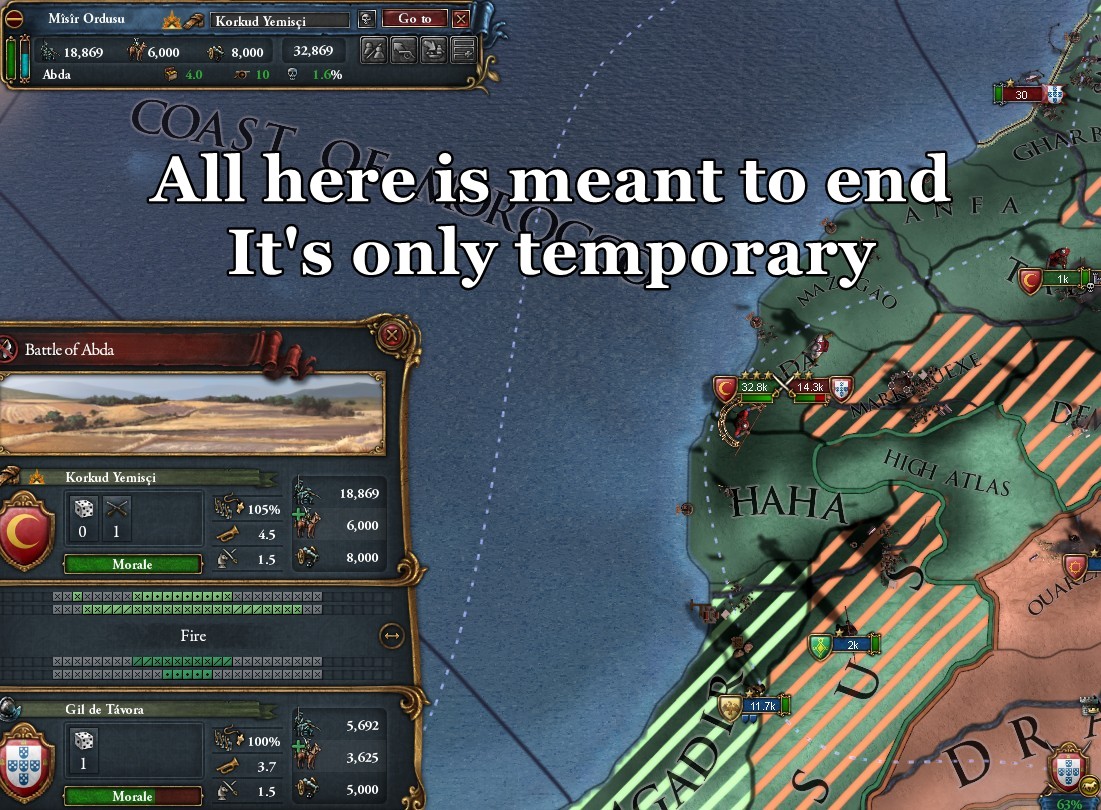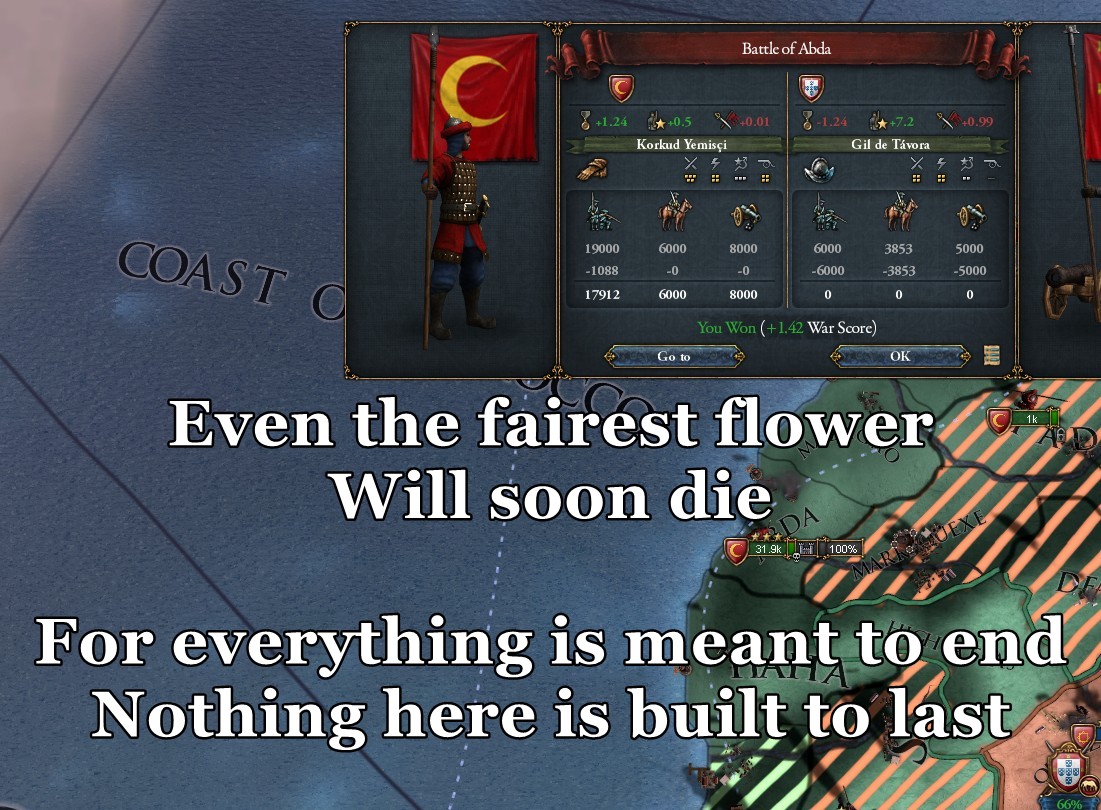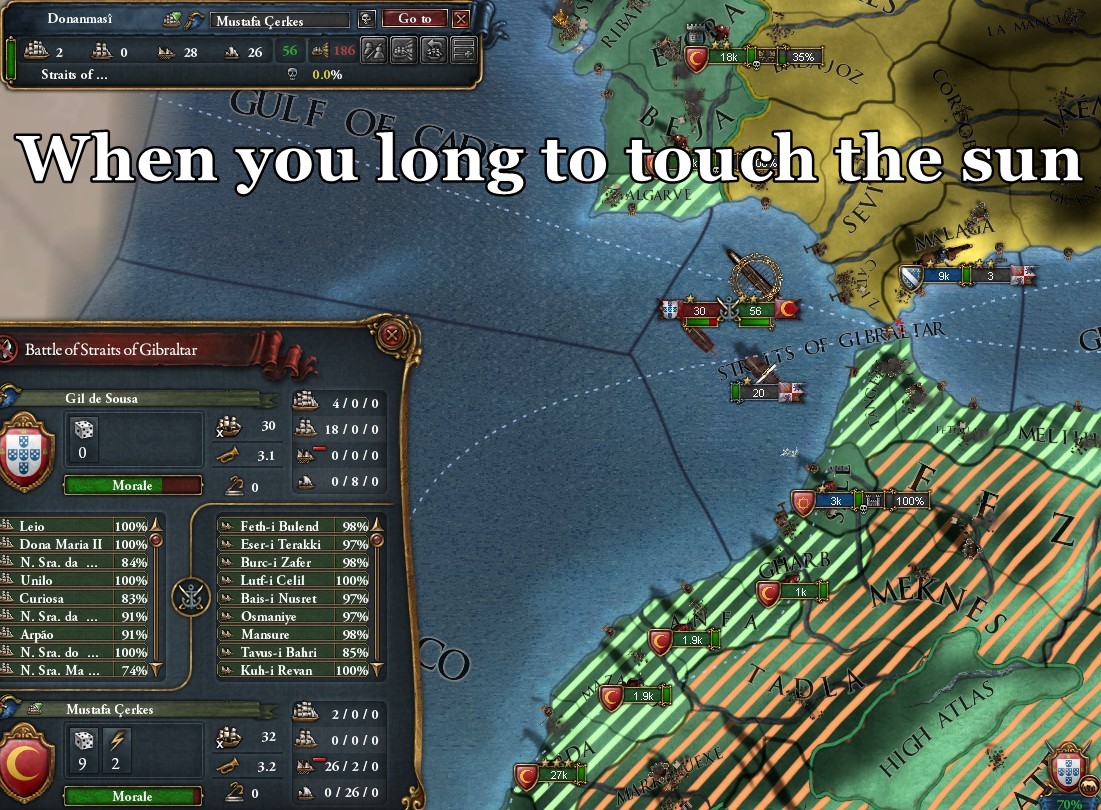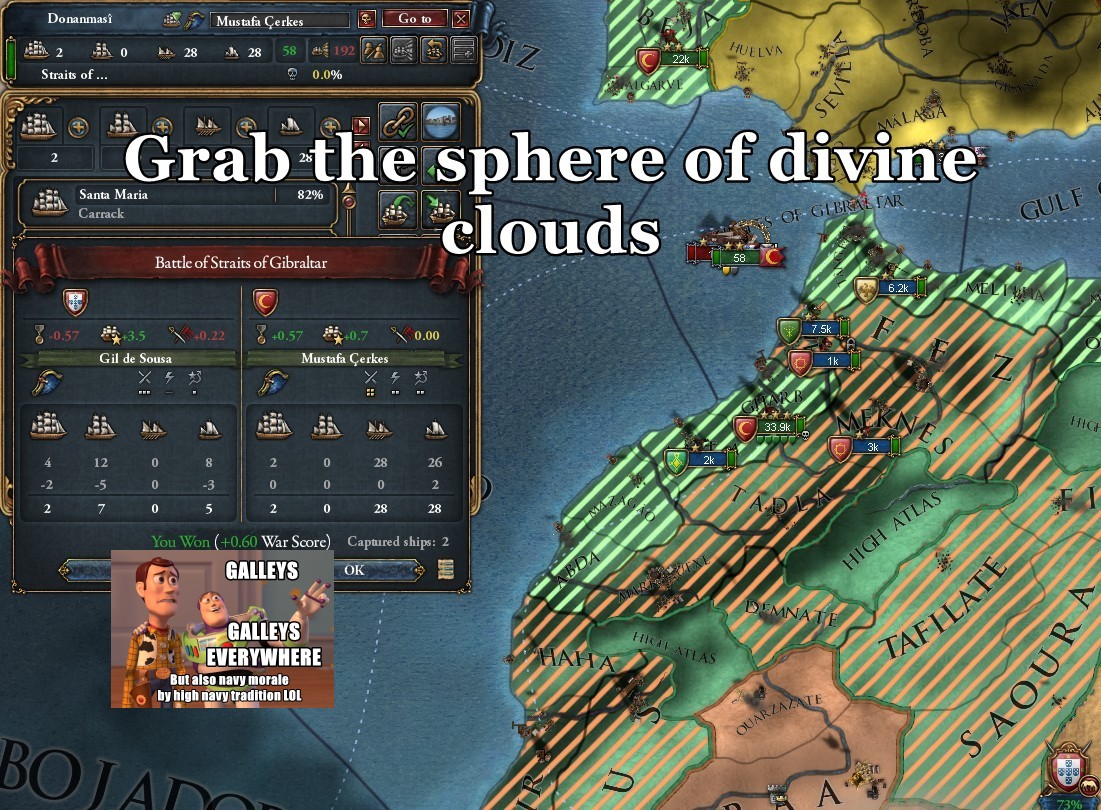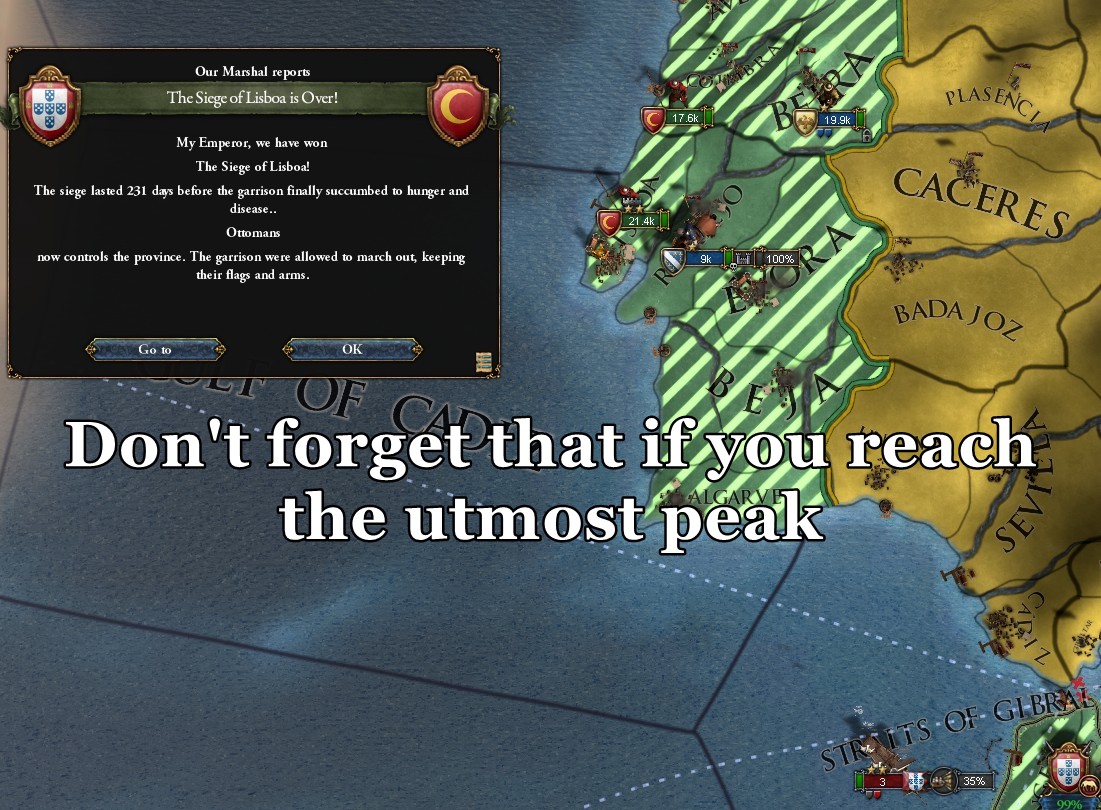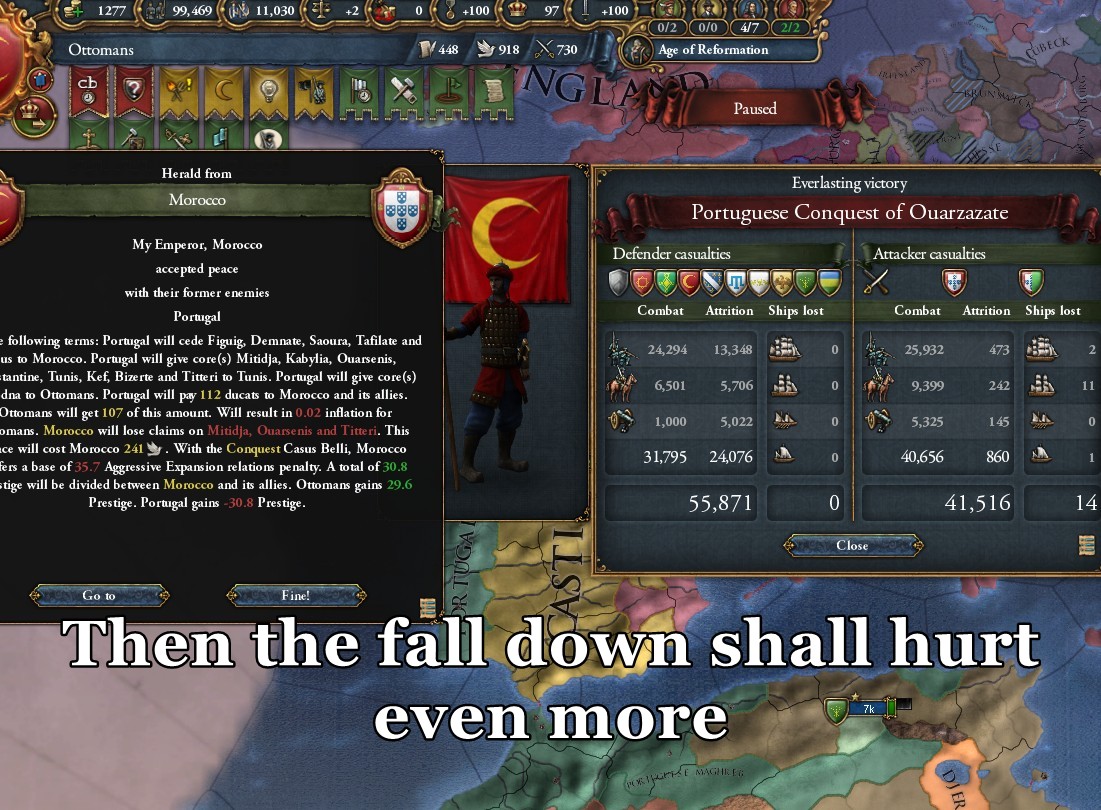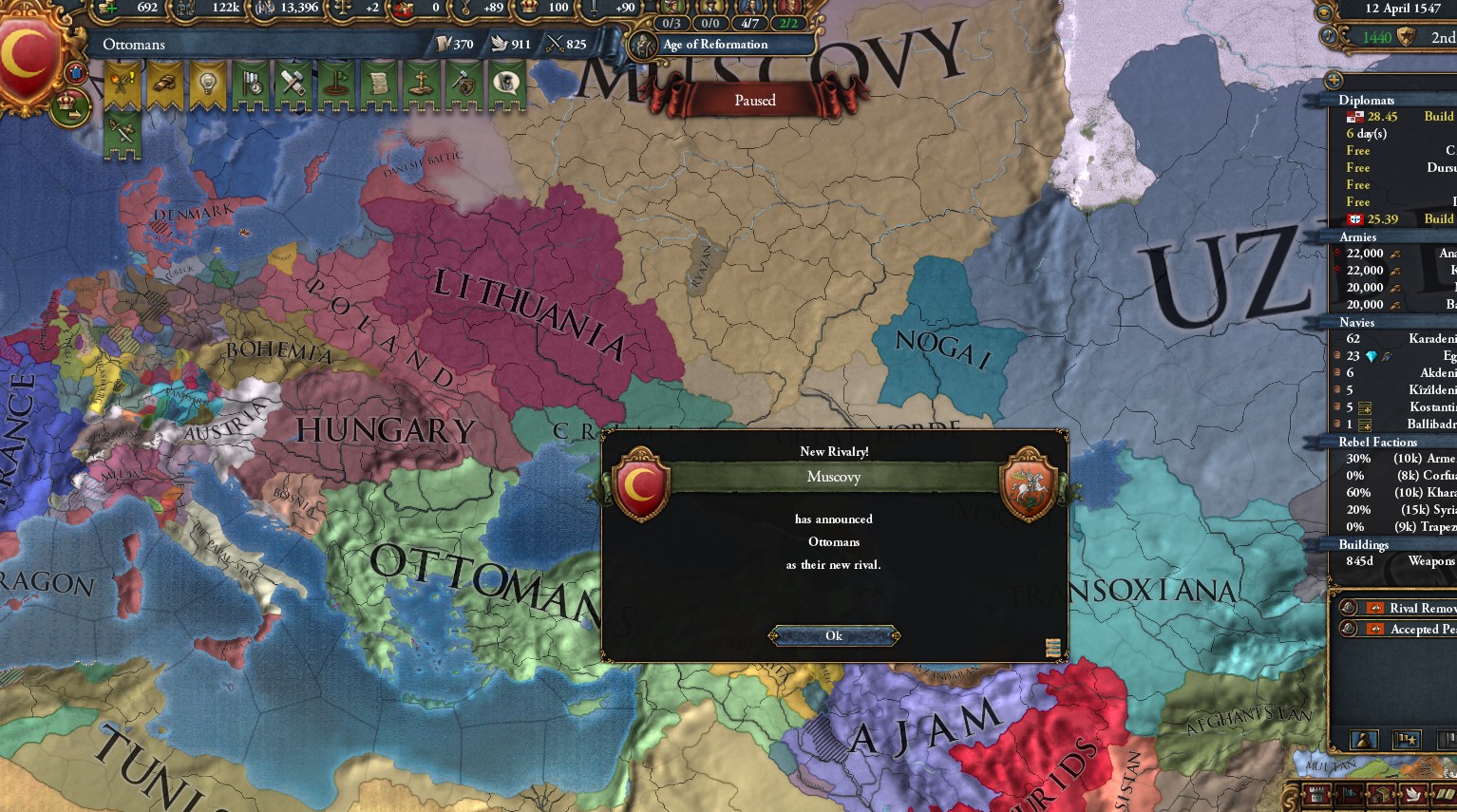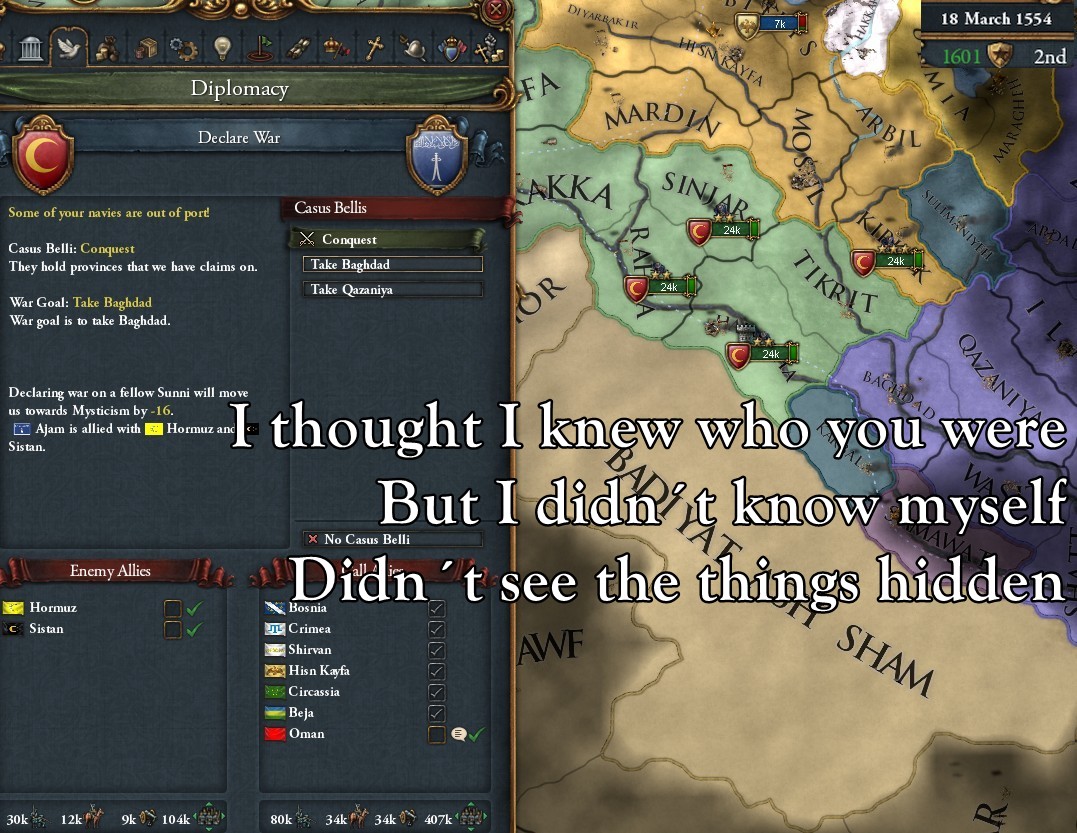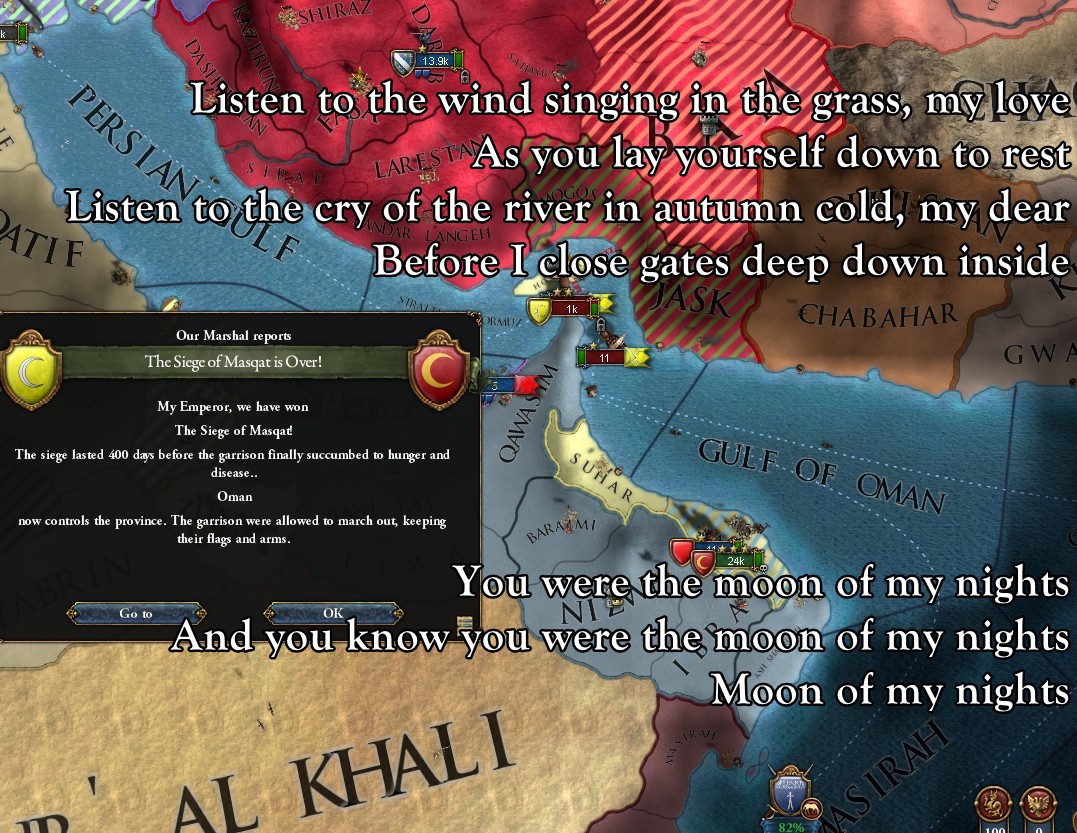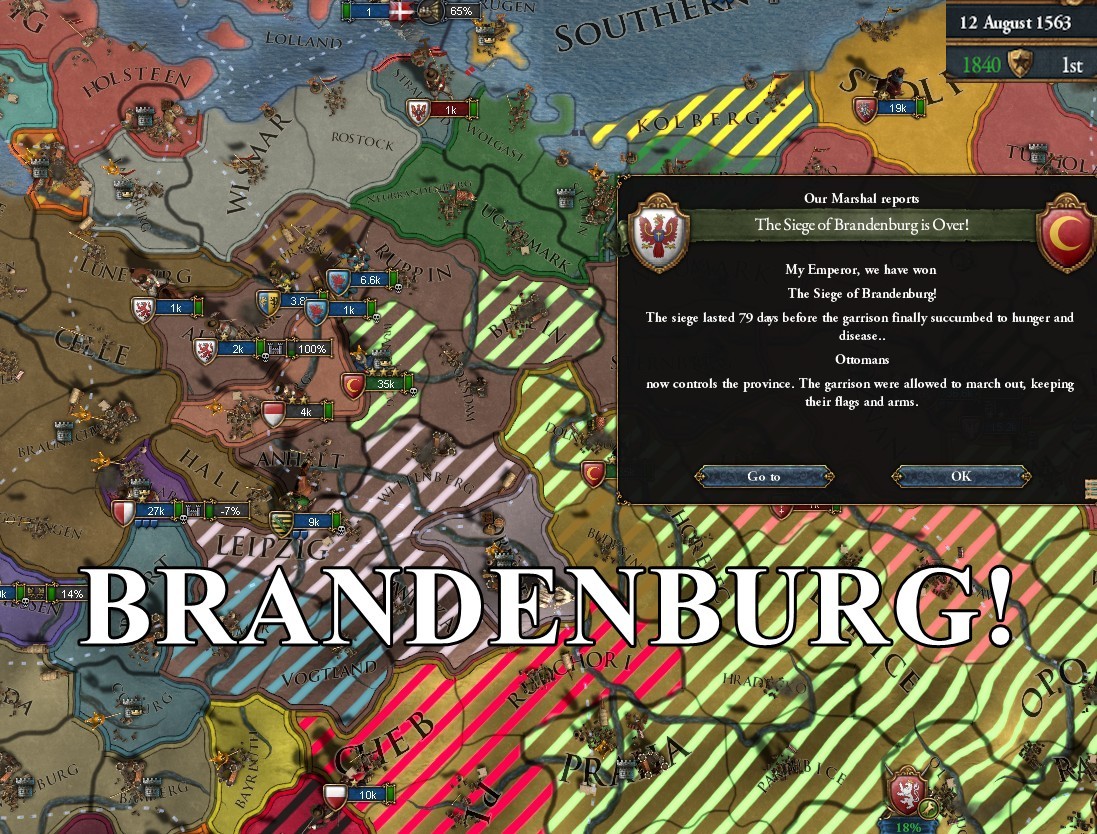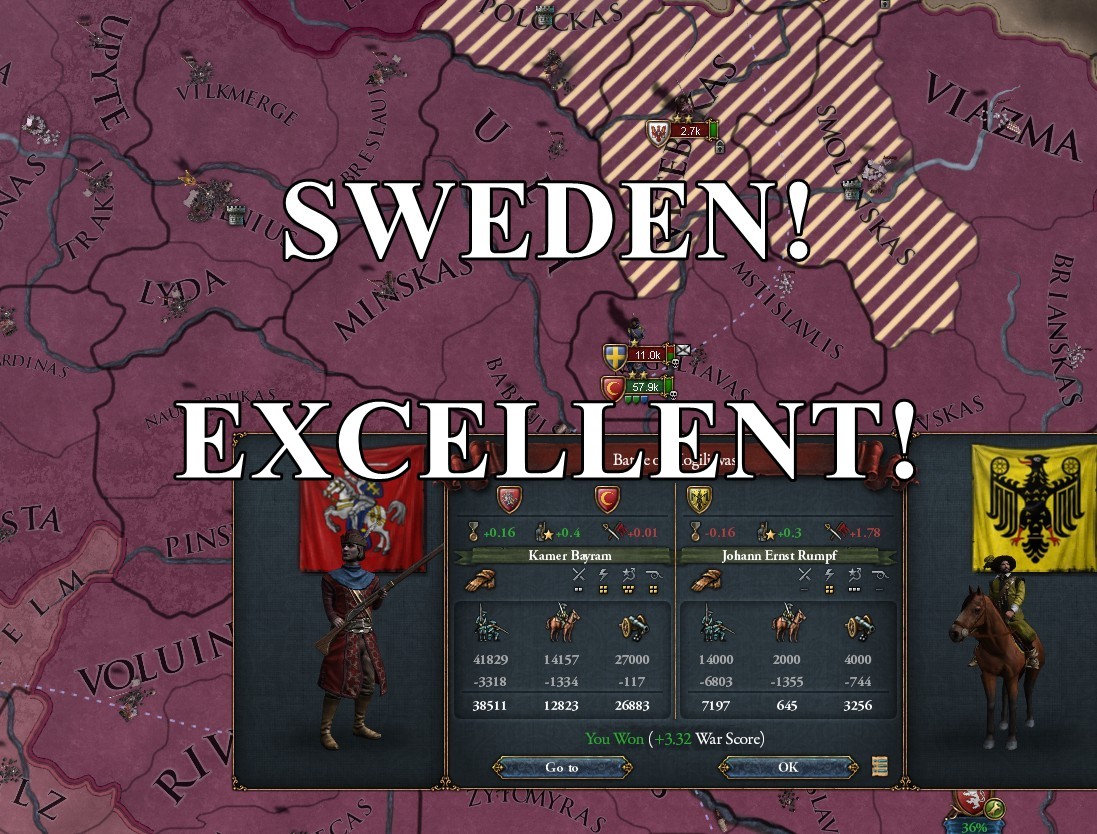When the shining of the bright closes the eye, and the dark glimmers with the sparkling hope beyond the sky, the sorrowing fear begins. The words had to be created, the work had to be forged, the dreams had to be brought into the day of the real. Yet nothing has been done, the story sits over there; but this does not involve the banal explanations of the obstruction, the obstacles of the mind for further conception, the pervasive lethargy of the procrastination.
No, it does not. Yet, it is unfinished, and the need to write is there, awaiting. The force that halts the fingers to dance, the words to conjure, the story to develop; it simply comes from the pain. The pain is there, and all diversion is born out of it.
The chances for escaping from the existence of the paralysing distress do not look promising, it seems this desolation will not go away soon. There has to be another way to deal with it. It will be found, devised, shaped, as the vectors of the space are discovered, and the never-vector, but scalar time, shall hurl itself into its only direction.
In the meantime, then, what?
No, it has to be said, no to that program, no to that software, no to that game! Never again, it was screamed from the depths of the hatred, to the horizons of the events, and the light could not even escape. No, as it was a bleak piece of black hole, exhausted its hydrogen, completely devoid of its premise, now stands still in the middle of the non-existence, devouring all on its way, while still spurting even more additions to its code.
...
Go online. Install. It was significantly easier before, as one had to go and buy. Say hello to the ones that pass-by. A pretty girl would smile. A nasty salesman would greet. Choose the box, according to its art, not that the details of the game would be known. A magazine had to be purchased, opened, read, for the game to learn about. No time for that. They were fun to read nevertheless. No information prior to purchase, now choose the box. Buy. Head home. Say hello to another person. Install. It was then, now it is different. Go online, and this is uncomfortable. What if the net is out of connection, what if there is no transmission, what if there is no electrification. Forced attempt on rhymes, making the line incomprehensible. The phonology comes always first in the mind, but one day that will fail. Forget the rhythmic word-mancer spells, another reason glows with the obvious sparks. You do not want to go online.
Installation complete. Go offline. Play. Sigh with a deep breath, as there are launchers, with delirious offerings and commercials and advertisements. Will they ever understand that their collective onslaught of maniacal efforts to sell will never work? No, they will not, because being a sample of one, and the rest of the set will provide the net earnings, further proving the efficiency of their wrathful attempts in their mind.
Again, Play. This time the echo is forwarded, and the program finally starts. The opening art comes forward, filling the screen. Yes, the memories come alive, and they are greeting the already tired eyes with the full screen beauty they hide. They scream the hopes of a time from forever ago, and readily prompts the disappointment after those years had passed. Yes, the program starts, the map is seen, and it is not the game you want to play. You already jumped from the ship into the icing waters of reality, when the emperor was born; you never had the endurance, calmness, nor the fortitude to even check the monster, named leviathan. Its death was already pronounced in the mind, with thunderous screams, before that. Yet, here it is, with all the additions since the beginning, until the notorious emperor.
You do not want to play it. Yet, hit single player. Always. Never multiplay, never use mods. And never ironman. Never. It may be the times of fall, the life may not forward itself as it is wished for, the future may seem bleak, but under no circumstances there will be a deficit of self-respect, to make the choice of ironman run. There is no need. The times infinite years ago, the sufferings are remembered, and now they call it the ironman mode. Smile, grin, laugh, and bitter memories go away, as there was not a save feature for many of the games back then. Few would come with a password to proceed where the player leaves it, and most would not have even such. Crawled through those torturing moments, yet the prince running from a platform to another in the middle of a fantasy-induced-persia was legendary. But, never again. Those are left in the past. Let them live in the graveyard of nostalgia. It is now, and there is no force in universe to convince you for an ironman run.
Which tag, now is the question. The first love. No, it may end even before the play is hit. The timurs, you remember their misery before the cradle of civilization, and then they fell from grace even deeper. That is a binary tag, either disintegrate completely, otherwise run over entirely. The call of destiny. No, there is no time, no will, and certainly no patience for a venice forever. The empire of horror. No, as the last memory in the mind is prompted, and it was another inheritance madness of the burgundy. No desire for austria run, nor another raging-meltdown. The lucky strike. Then the colonisation aspect is remembered, no. If there is no patience for venice, then there is absolute extreme of the same feeling for the iberians. The fight for hundred years. A sudden grin, as if that would be true. It lasts about ten years in the game, if the player wants it as such. Otherwise, it is a quick couple-of-years-war. No to england, no to france tags. Then the oranges? Good to say, it is time to eat some fruit. And no, the sentiment for colonisation is already declared, so no to holland. The standard destroyer tags of the sub-continent? No, no aspirations for an india-madness. The symphony of doom? Dealing with pomeranians is not the problem; there is no mood for brandenburg, and the imperial business.
It has been already more than an hour, and the look of map is ever more beautiful. The game has not even started; not even a tag has been chosen, let alone decided. Then once again it becomes clear, the reason of the love for the game, now it is only a faint memory. But it was there. The reason was, as always, the map. Maps, outlines, sketches, atlas, globe, projection; borders, rivers, mountains, plains, prairie, grassland, savannah, steppes, wetland, marsh, tundra.
You do love maps.
Scroll the globe. No. No. Not that. Not this. Definitely not that one. Never this. The hour, the moment, the time is running out. Eyes are closed, eyes are reopened. Probably the tags already considered, they will be played. Again. Sighing, with no patience available, there is only one tag left, you realise.
There is no turning back, as the play is hit.
Hello ottos.
It has been a very long time.
No, do not smile, still hating the game. Have no patience, only to blow off some stress. That is why you exist in the game in anyway, ottos. To not have a need to worry about the run.
Before taking any actions: Turn off those ugly music from sabaton. Still cannot believe self how they were purchased in any case. Yes, thank you.
Eh. Serenity. Now your own music has already started in the mind. Shuffle. It will get there. It does mix up with the game's default soundtrack. Lower the sound-level of the game. Hyper-increase the sound-level of the mind.
Make corrections on the map options. Disable some of the messages, especially the prompt for gaining a casus belli. Otherwise you will be bombarded with hundreds of them, whenever a tag starts to pirate the player, and then gives up. Then pirates again. Yes, that one is still there.
Setup complete. Check the estates. Eyes are closed, then reopened. Give privileges. It is the ottos. No need to be shy. Do not forget the Supremacy Over The Kingdom. Seize the land, before the initial unpause.
Yeah, the kingdom. You remember now, as the emperor came, the ottos became a kingdom, instead of sultanate. With king mehmed.
No. No need to choose rivals already. Rivals. The game before the rivalry mechanic was... interesting. Now, it is... interesting. Anyway. It is the ottos. No need to trigger the hatred of all tags before the unpause. There is no need for a rival for now. Except mamluks. Hello ma'am. Embargo.
Diplomacy. Hah. It is the ottos. Ottos do not need alliances. Protecting ragusa. Yeah, right. Goodbye, ragusa. Check anatolia-tags. Sons of ramazan, sons of dulkadir, gather around. How about royal marriages? Cool. And the third diplomat goes to...byza- roman empire, or what is left from her. Send warning first, then start to work. Work on that claim. As if there is a need for it, but it is redundant to start a world-war-of-punishment by no-cb at this point. The game starts right after one of them, you do know that. Let there be claims, and no headaches.
Check advisors. Branimir Sorkochovich, statesman, providing +1 diplo-rep. Thank you, Branimir. The others, do not care; there is no commandant, and there is no artist. The rest do not matter at this point. In the pool of available advisors, there are ones that provide manpower, additional force limit, and missionary strength. You take a brief pause for a long laughter. Then come back, and order three more galleys, to have ten in total. After that, you continue to laugh a bit longer. Force limit. For ottos. For faqs sake.
Well, all is set. As the unpause command is ordered, the music is already chosen in the mind. You grin. The ottos smile back at you. Your grin falls. Do not smile, ottos, this is not a return. The ottos become sad.
[*]
The time runs, as the unpause releases the force of the nature. The days, the weeks, the months pass, and alliances are made with the sons of ramazan and dulkadir. And this is the only period you keep your alliances, you know it, the code knows it, even the music knows it. The reason is the mission tree of the ottos, which is a mix of generic and specialised legs. And there it is, when the tag has two alliances with +150 opinion, another +1 diplo-rep.
You send the diplomats to the beyliks, once again, but with a proposition: Be a vassal, or face the consequences. The sons of ramazan are ready since yesterday, but for the ones of dulkadir, they need extra 4k troops of you to train for persuasion.
"Greetings from Edirne, King Mehmed salutes you."
"King?"
"Long story. Just assume it is still sultan. By the way, nice lands you got here. How about you and we, let's make this kingo-vassalo, yeah?"
"Da faq. That word-bastardisation-play, that did not work mate. Also, the answer is no."
"...We have 34k troops."
"..."
"Yeah."
"Where do I sign, my liege?"
Then, send the diplomat to... hisn kayfa. This turbo-chad-opm is the best vassal you can get. The downside is, there are lots of sheeps around (so smooth filcat, so smooth). Yes, aq qoyunlu, your time will come. For the time being, do not attack, on, over, around, anywhere near hisn kayfa. And trebizond. No, thank you for the tea. It is 1444 by the way, so the tea is not there yet. Take your anachronism elsewhere.
Yes, vassalise hisn kayfa, then ally trebizond and theodoro. Meanwhile, you already have two vassals, now three. This means another privilege, which broke the game even further (as if it can be broken any more. Err... wait- then came leviathan. Yeah. It can be, apparently.): Strong Duchies. Two more relations, minus ten (-10%) liberty desire. Hah.
What is there to do any more? Is the claim for the city ready? Yes. Vassals are ready. 12k more troops, of which 8k are janissary regiments. Yes, they do cost military points. No, no need to panic, it is the ottos. Force limit reached. Anatolia mission, check. Nice perma-claims. Force limit generic mission, check. Cool, 5% morale. Roman empire made alliance with... serbia. Check. Now rivals can be chosen. Maybe. Perhaps a waltz in hungarian plains, then a rococo in venetian islands.
That is it. Why, you start to ask now. It was only to deal with some stress, you already know it. The music intensifies. Then the original is searched in the mind. Go through the archives. Found it. All right then.
[**]
[*] Remix of God's Gonna Cut You Down, original by Johnny Cash, from the soundtrack for the trailer of Battlefield 1, DICE (2016)
[**] God's Gonna Cut You Down, single by Johnny Cash (2003); video released posthumously (2006); originally folk song. Appropriated lyrics on the images.
Edit 13.01.2025: Corrected stylistic, formatting, semantic, typographical, grammatical mistakes. Corrected the links. Changes on the threadmark, after restructuring the story. Correction on missing words.
No, it does not. Yet, it is unfinished, and the need to write is there, awaiting. The force that halts the fingers to dance, the words to conjure, the story to develop; it simply comes from the pain. The pain is there, and all diversion is born out of it.
The chances for escaping from the existence of the paralysing distress do not look promising, it seems this desolation will not go away soon. There has to be another way to deal with it. It will be found, devised, shaped, as the vectors of the space are discovered, and the never-vector, but scalar time, shall hurl itself into its only direction.
In the meantime, then, what?
No, it has to be said, no to that program, no to that software, no to that game! Never again, it was screamed from the depths of the hatred, to the horizons of the events, and the light could not even escape. No, as it was a bleak piece of black hole, exhausted its hydrogen, completely devoid of its premise, now stands still in the middle of the non-existence, devouring all on its way, while still spurting even more additions to its code.
...
Go online. Install. It was significantly easier before, as one had to go and buy. Say hello to the ones that pass-by. A pretty girl would smile. A nasty salesman would greet. Choose the box, according to its art, not that the details of the game would be known. A magazine had to be purchased, opened, read, for the game to learn about. No time for that. They were fun to read nevertheless. No information prior to purchase, now choose the box. Buy. Head home. Say hello to another person. Install. It was then, now it is different. Go online, and this is uncomfortable. What if the net is out of connection, what if there is no transmission, what if there is no electrification. Forced attempt on rhymes, making the line incomprehensible. The phonology comes always first in the mind, but one day that will fail. Forget the rhythmic word-mancer spells, another reason glows with the obvious sparks. You do not want to go online.
Installation complete. Go offline. Play. Sigh with a deep breath, as there are launchers, with delirious offerings and commercials and advertisements. Will they ever understand that their collective onslaught of maniacal efforts to sell will never work? No, they will not, because being a sample of one, and the rest of the set will provide the net earnings, further proving the efficiency of their wrathful attempts in their mind.
Again, Play. This time the echo is forwarded, and the program finally starts. The opening art comes forward, filling the screen. Yes, the memories come alive, and they are greeting the already tired eyes with the full screen beauty they hide. They scream the hopes of a time from forever ago, and readily prompts the disappointment after those years had passed. Yes, the program starts, the map is seen, and it is not the game you want to play. You already jumped from the ship into the icing waters of reality, when the emperor was born; you never had the endurance, calmness, nor the fortitude to even check the monster, named leviathan. Its death was already pronounced in the mind, with thunderous screams, before that. Yet, here it is, with all the additions since the beginning, until the notorious emperor.
You do not want to play it. Yet, hit single player. Always. Never multiplay, never use mods. And never ironman. Never. It may be the times of fall, the life may not forward itself as it is wished for, the future may seem bleak, but under no circumstances there will be a deficit of self-respect, to make the choice of ironman run. There is no need. The times infinite years ago, the sufferings are remembered, and now they call it the ironman mode. Smile, grin, laugh, and bitter memories go away, as there was not a save feature for many of the games back then. Few would come with a password to proceed where the player leaves it, and most would not have even such. Crawled through those torturing moments, yet the prince running from a platform to another in the middle of a fantasy-induced-persia was legendary. But, never again. Those are left in the past. Let them live in the graveyard of nostalgia. It is now, and there is no force in universe to convince you for an ironman run.
Which tag, now is the question. The first love. No, it may end even before the play is hit. The timurs, you remember their misery before the cradle of civilization, and then they fell from grace even deeper. That is a binary tag, either disintegrate completely, otherwise run over entirely. The call of destiny. No, there is no time, no will, and certainly no patience for a venice forever. The empire of horror. No, as the last memory in the mind is prompted, and it was another inheritance madness of the burgundy. No desire for austria run, nor another raging-meltdown. The lucky strike. Then the colonisation aspect is remembered, no. If there is no patience for venice, then there is absolute extreme of the same feeling for the iberians. The fight for hundred years. A sudden grin, as if that would be true. It lasts about ten years in the game, if the player wants it as such. Otherwise, it is a quick couple-of-years-war. No to england, no to france tags. Then the oranges? Good to say, it is time to eat some fruit. And no, the sentiment for colonisation is already declared, so no to holland. The standard destroyer tags of the sub-continent? No, no aspirations for an india-madness. The symphony of doom? Dealing with pomeranians is not the problem; there is no mood for brandenburg, and the imperial business.
It has been already more than an hour, and the look of map is ever more beautiful. The game has not even started; not even a tag has been chosen, let alone decided. Then once again it becomes clear, the reason of the love for the game, now it is only a faint memory. But it was there. The reason was, as always, the map. Maps, outlines, sketches, atlas, globe, projection; borders, rivers, mountains, plains, prairie, grassland, savannah, steppes, wetland, marsh, tundra.
You do love maps.
Scroll the globe. No. No. Not that. Not this. Definitely not that one. Never this. The hour, the moment, the time is running out. Eyes are closed, eyes are reopened. Probably the tags already considered, they will be played. Again. Sighing, with no patience available, there is only one tag left, you realise.
There is no turning back, as the play is hit.
-BİR-
Hello ottos.
It has been a very long time.
No, do not smile, still hating the game. Have no patience, only to blow off some stress. That is why you exist in the game in anyway, ottos. To not have a need to worry about the run.
Before taking any actions: Turn off those ugly music from sabaton. Still cannot believe self how they were purchased in any case. Yes, thank you.
Eh. Serenity. Now your own music has already started in the mind. Shuffle. It will get there. It does mix up with the game's default soundtrack. Lower the sound-level of the game. Hyper-increase the sound-level of the mind.
Make corrections on the map options. Disable some of the messages, especially the prompt for gaining a casus belli. Otherwise you will be bombarded with hundreds of them, whenever a tag starts to pirate the player, and then gives up. Then pirates again. Yes, that one is still there.
Setup complete. Check the estates. Eyes are closed, then reopened. Give privileges. It is the ottos. No need to be shy. Do not forget the Supremacy Over The Kingdom. Seize the land, before the initial unpause.
Yeah, the kingdom. You remember now, as the emperor came, the ottos became a kingdom, instead of sultanate. With king mehmed.
No. No need to choose rivals already. Rivals. The game before the rivalry mechanic was... interesting. Now, it is... interesting. Anyway. It is the ottos. No need to trigger the hatred of all tags before the unpause. There is no need for a rival for now. Except mamluks. Hello ma'am. Embargo.
Diplomacy. Hah. It is the ottos. Ottos do not need alliances. Protecting ragusa. Yeah, right. Goodbye, ragusa. Check anatolia-tags. Sons of ramazan, sons of dulkadir, gather around. How about royal marriages? Cool. And the third diplomat goes to...
Check advisors. Branimir Sorkochovich, statesman, providing +1 diplo-rep. Thank you, Branimir. The others, do not care; there is no commandant, and there is no artist. The rest do not matter at this point. In the pool of available advisors, there are ones that provide manpower, additional force limit, and missionary strength. You take a brief pause for a long laughter. Then come back, and order three more galleys, to have ten in total. After that, you continue to laugh a bit longer. Force limit. For ottos. For faqs sake.
Well, all is set. As the unpause command is ordered, the music is already chosen in the mind. You grin. The ottos smile back at you. Your grin falls. Do not smile, ottos, this is not a return. The ottos become sad.
The time runs, as the unpause releases the force of the nature. The days, the weeks, the months pass, and alliances are made with the sons of ramazan and dulkadir. And this is the only period you keep your alliances, you know it, the code knows it, even the music knows it. The reason is the mission tree of the ottos, which is a mix of generic and specialised legs. And there it is, when the tag has two alliances with +150 opinion, another +1 diplo-rep.
You send the diplomats to the beyliks, once again, but with a proposition: Be a vassal, or face the consequences. The sons of ramazan are ready since yesterday, but for the ones of dulkadir, they need extra 4k troops of you to train for persuasion.
"Greetings from Edirne, King Mehmed salutes you."
"King?"
"Long story. Just assume it is still sultan. By the way, nice lands you got here. How about you and we, let's make this kingo-vassalo, yeah?"
"Da faq. That word-bastardisation-play, that did not work mate. Also, the answer is no."
"...We have 34k troops."
"..."
"Yeah."
"Where do I sign, my liege?"
Then, send the diplomat to... hisn kayfa. This turbo-chad-opm is the best vassal you can get. The downside is, there are lots of sheeps around (so smooth filcat, so smooth). Yes, aq qoyunlu, your time will come. For the time being, do not attack, on, over, around, anywhere near hisn kayfa. And trebizond. No, thank you for the tea. It is 1444 by the way, so the tea is not there yet. Take your anachronism elsewhere.
Yes, vassalise hisn kayfa, then ally trebizond and theodoro. Meanwhile, you already have two vassals, now three. This means another privilege, which broke the game even further (as if it can be broken any more. Err... wait- then came leviathan. Yeah. It can be, apparently.): Strong Duchies. Two more relations, minus ten (-10%) liberty desire. Hah.
What is there to do any more? Is the claim for the city ready? Yes. Vassals are ready. 12k more troops, of which 8k are janissary regiments. Yes, they do cost military points. No, no need to panic, it is the ottos. Force limit reached. Anatolia mission, check. Nice perma-claims. Force limit generic mission, check. Cool, 5% morale. Roman empire made alliance with... serbia. Check. Now rivals can be chosen. Maybe. Perhaps a waltz in hungarian plains, then a rococo in venetian islands.
That is it. Why, you start to ask now. It was only to deal with some stress, you already know it. The music intensifies. Then the original is searched in the mind. Go through the archives. Found it. All right then.

| 
| 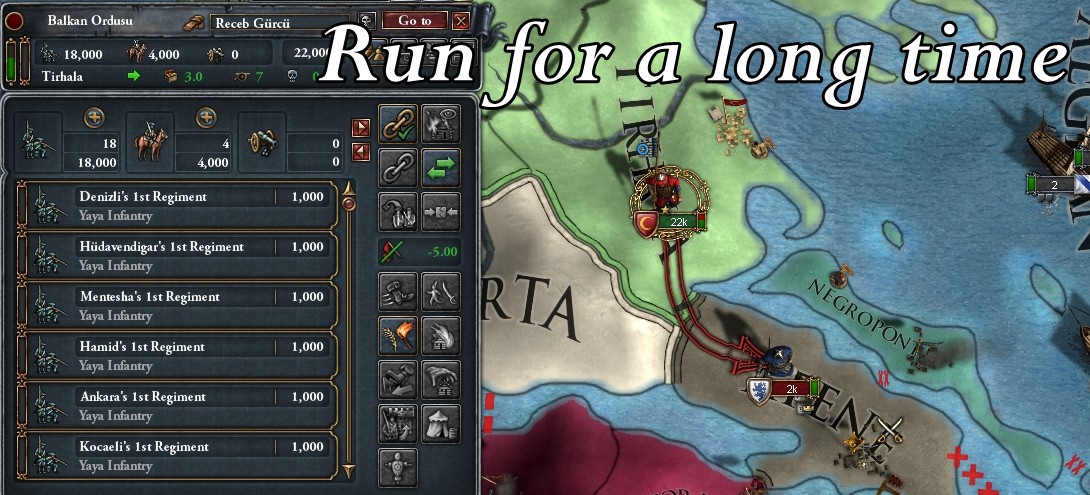
| 
| 
| 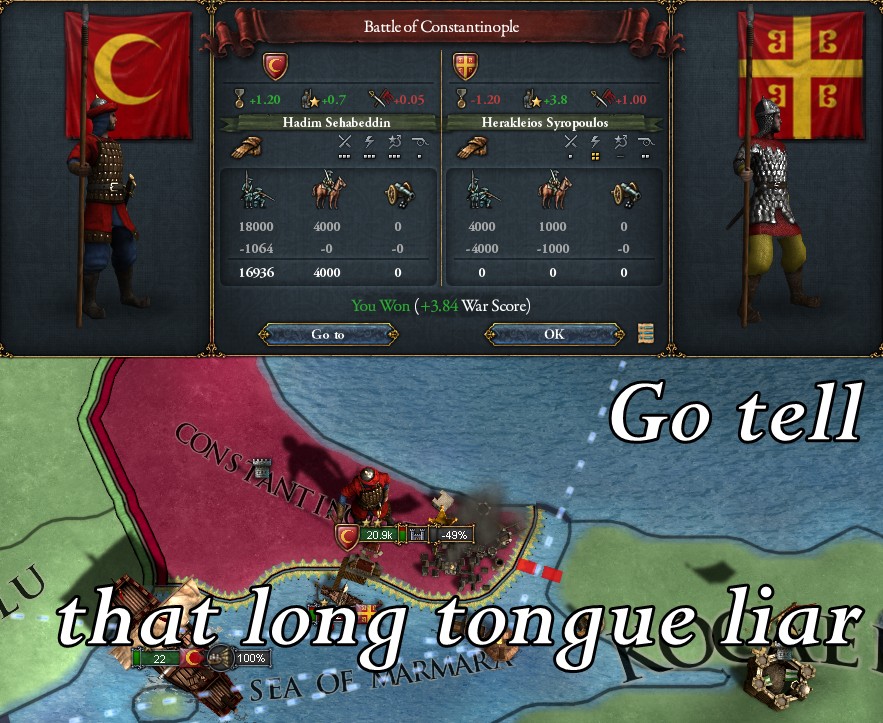
| 
|

| 
| 
| 
| 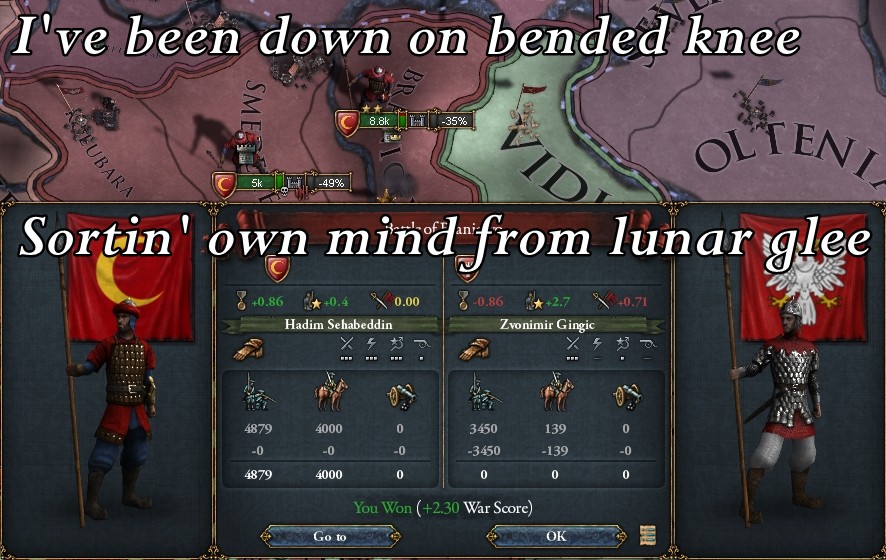
| 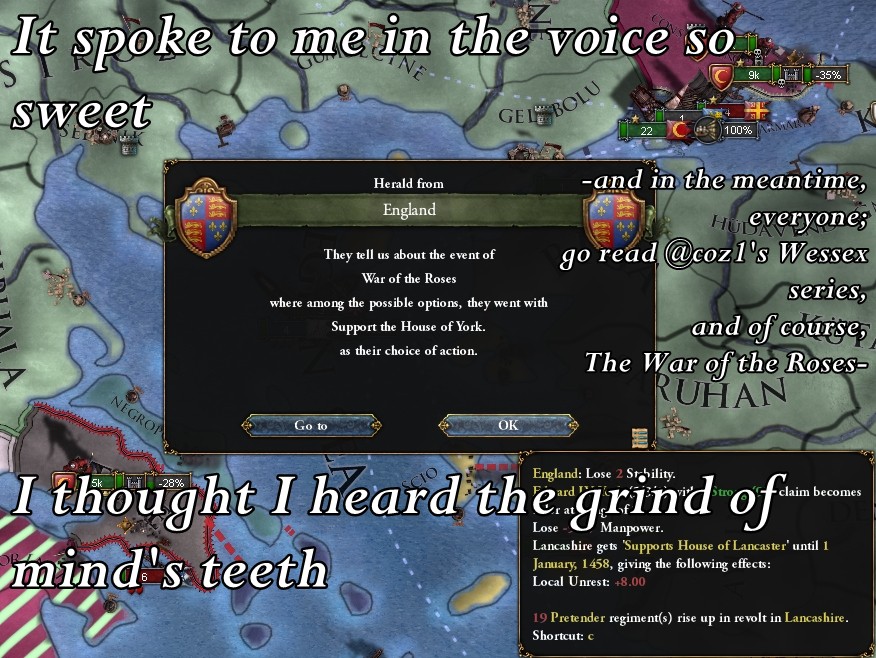
| 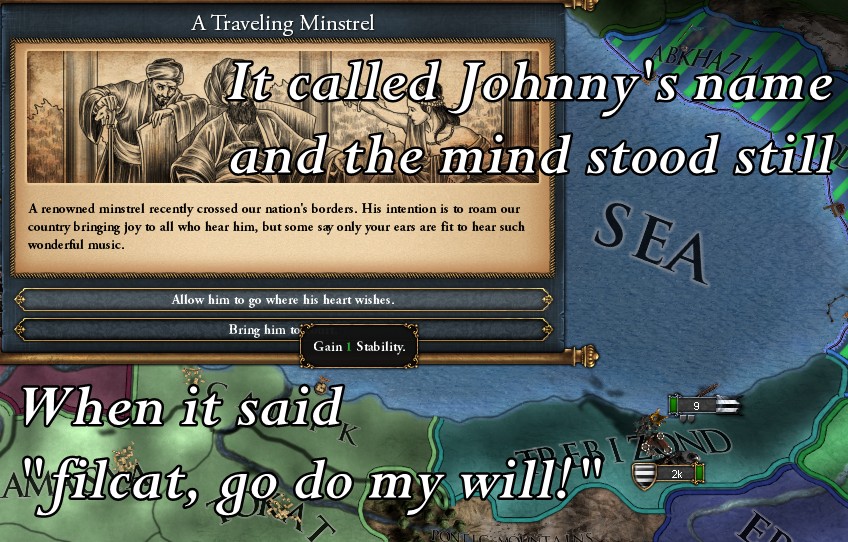
|

| 
| 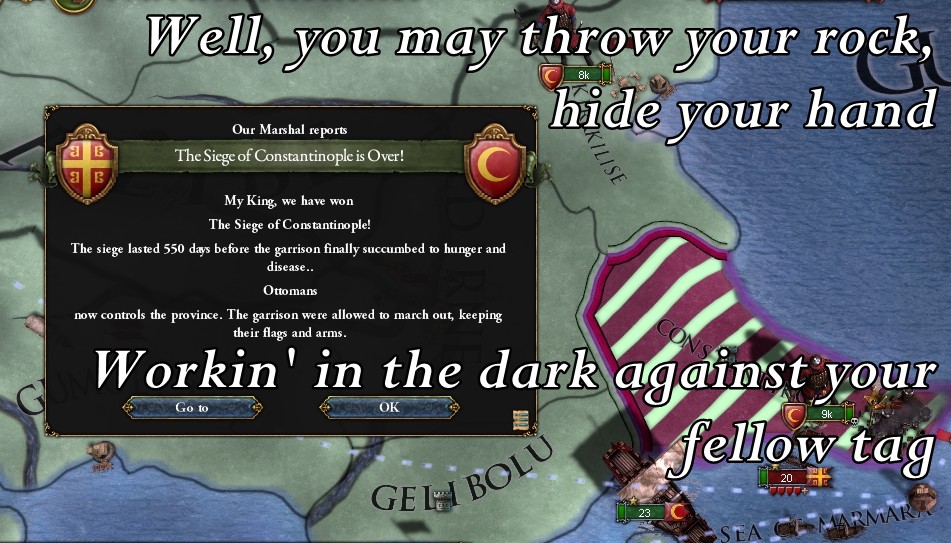
| 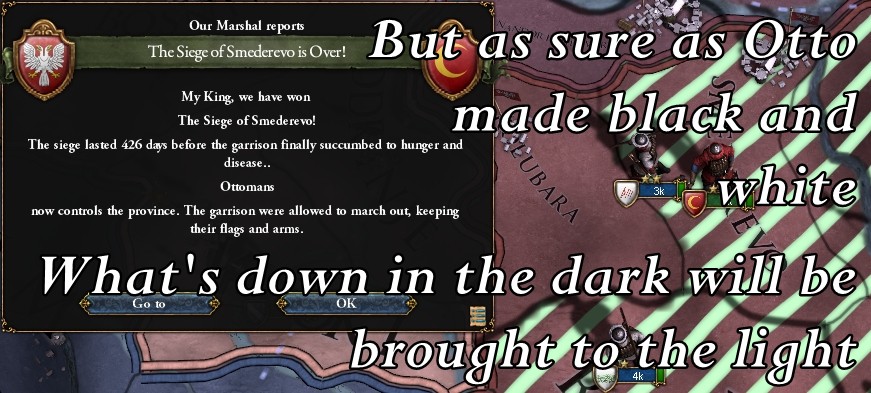
| 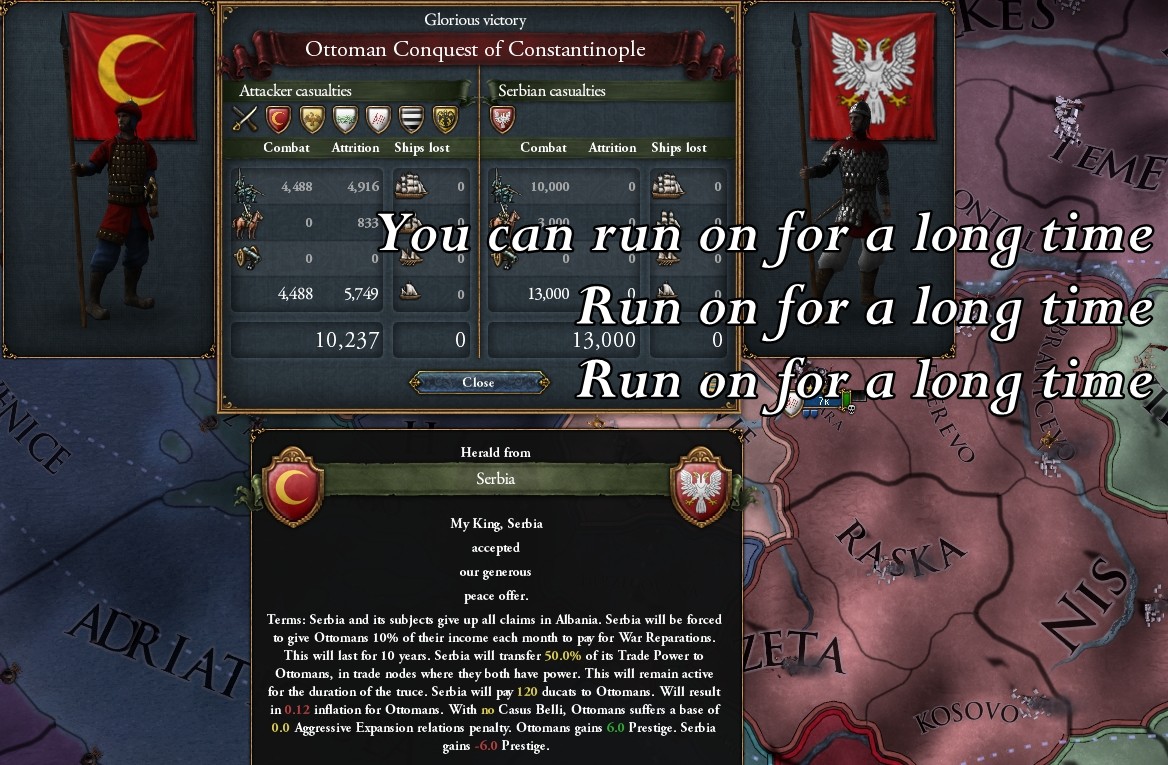
| 
| 
|
[*] Remix of God's Gonna Cut You Down, original by Johnny Cash, from the soundtrack for the trailer of Battlefield 1, DICE (2016)
[**] God's Gonna Cut You Down, single by Johnny Cash (2003); video released posthumously (2006); originally folk song. Appropriated lyrics on the images.
Edit 13.01.2025: Corrected stylistic, formatting, semantic, typographical, grammatical mistakes. Corrected the links. Changes on the threadmark, after restructuring the story. Correction on missing words.
Last edited:
- 2
- 2




